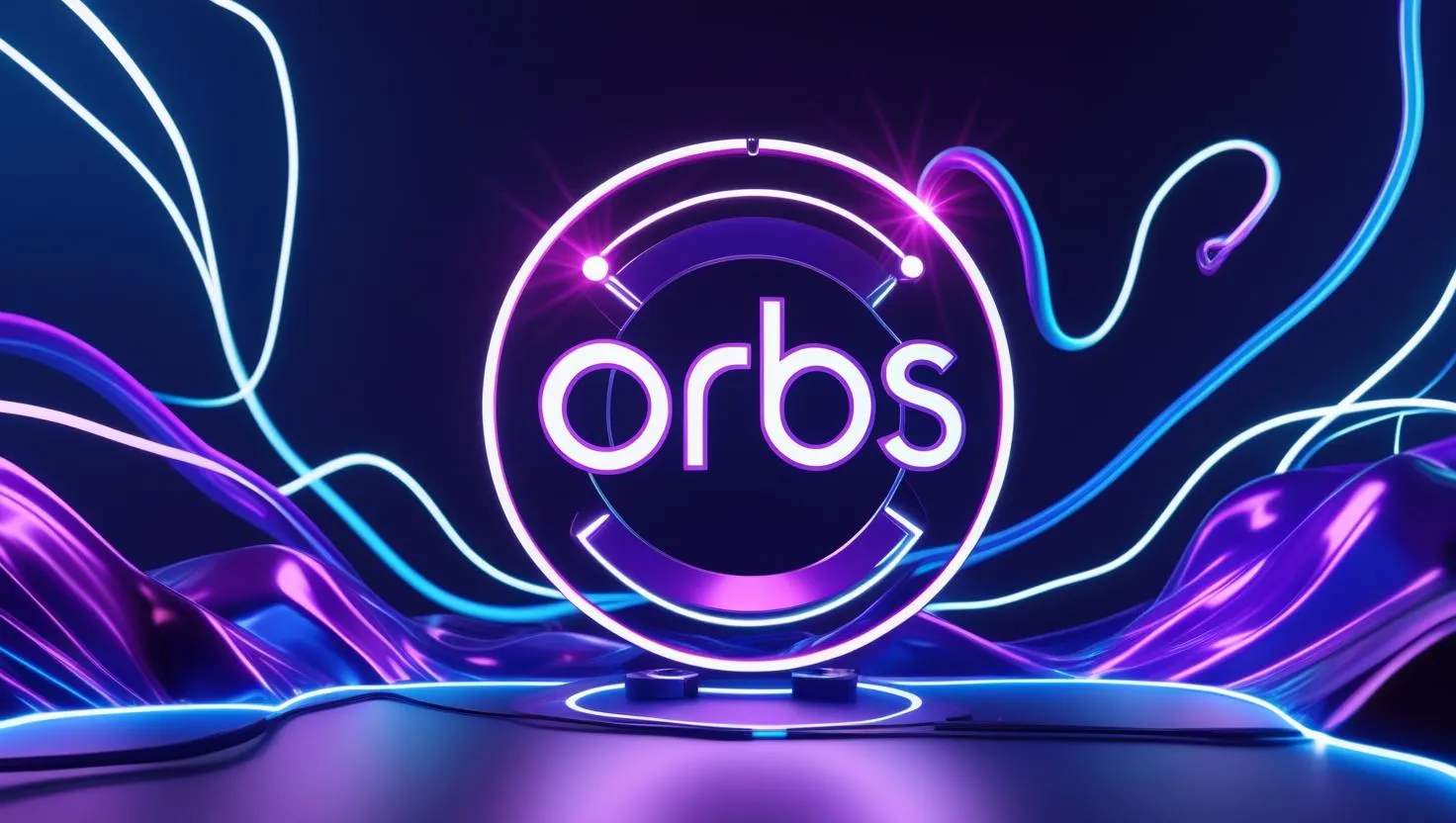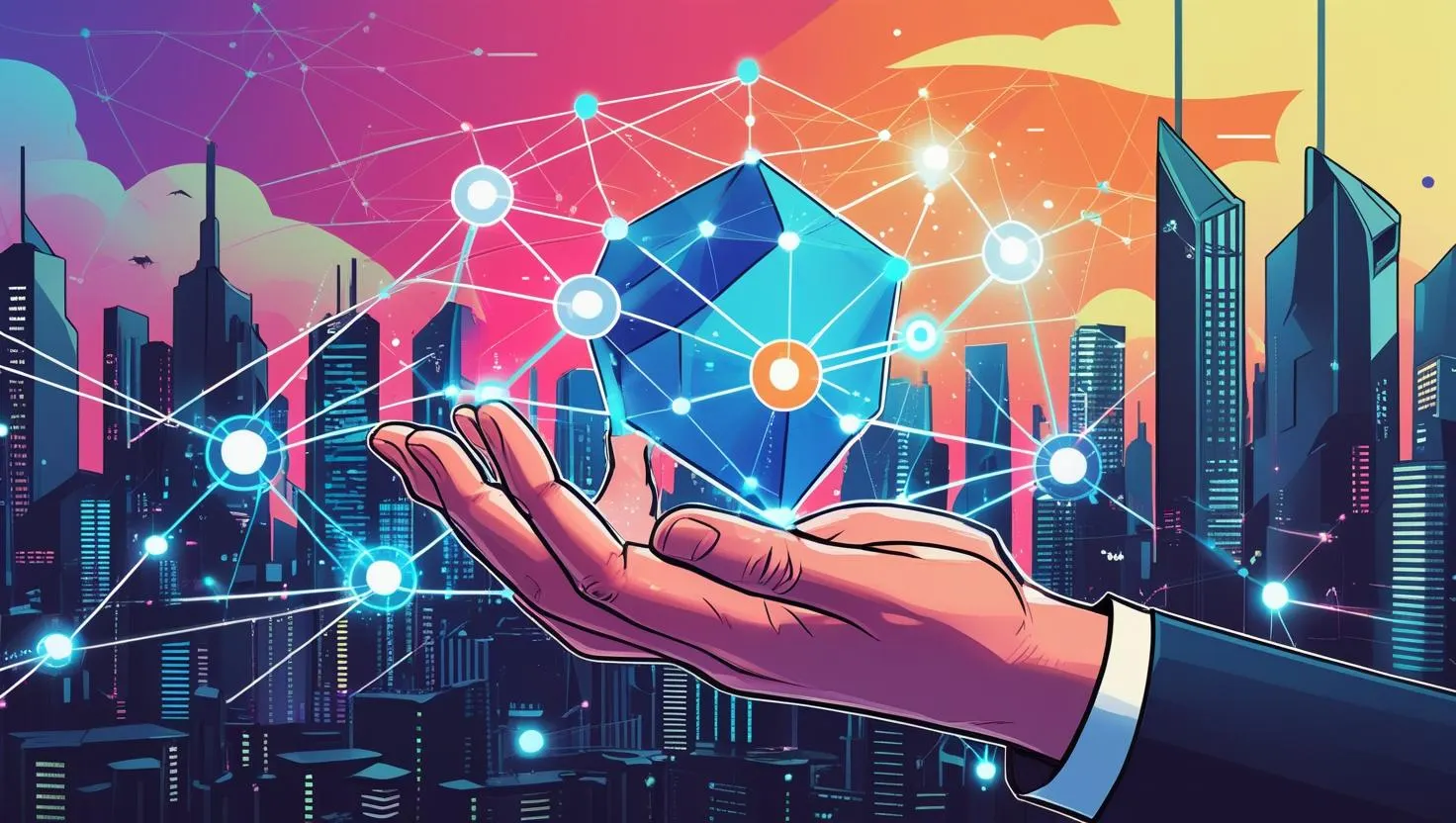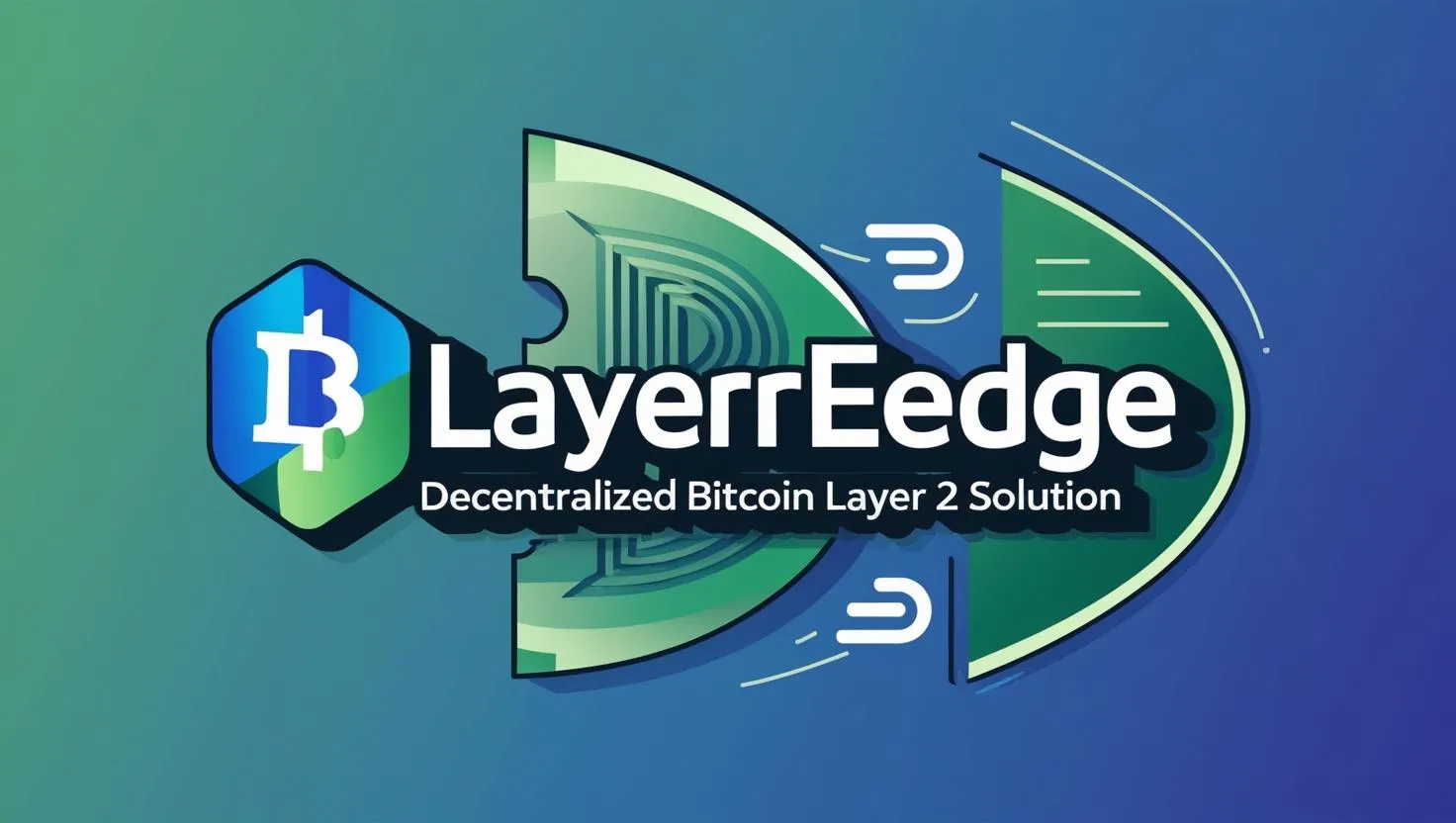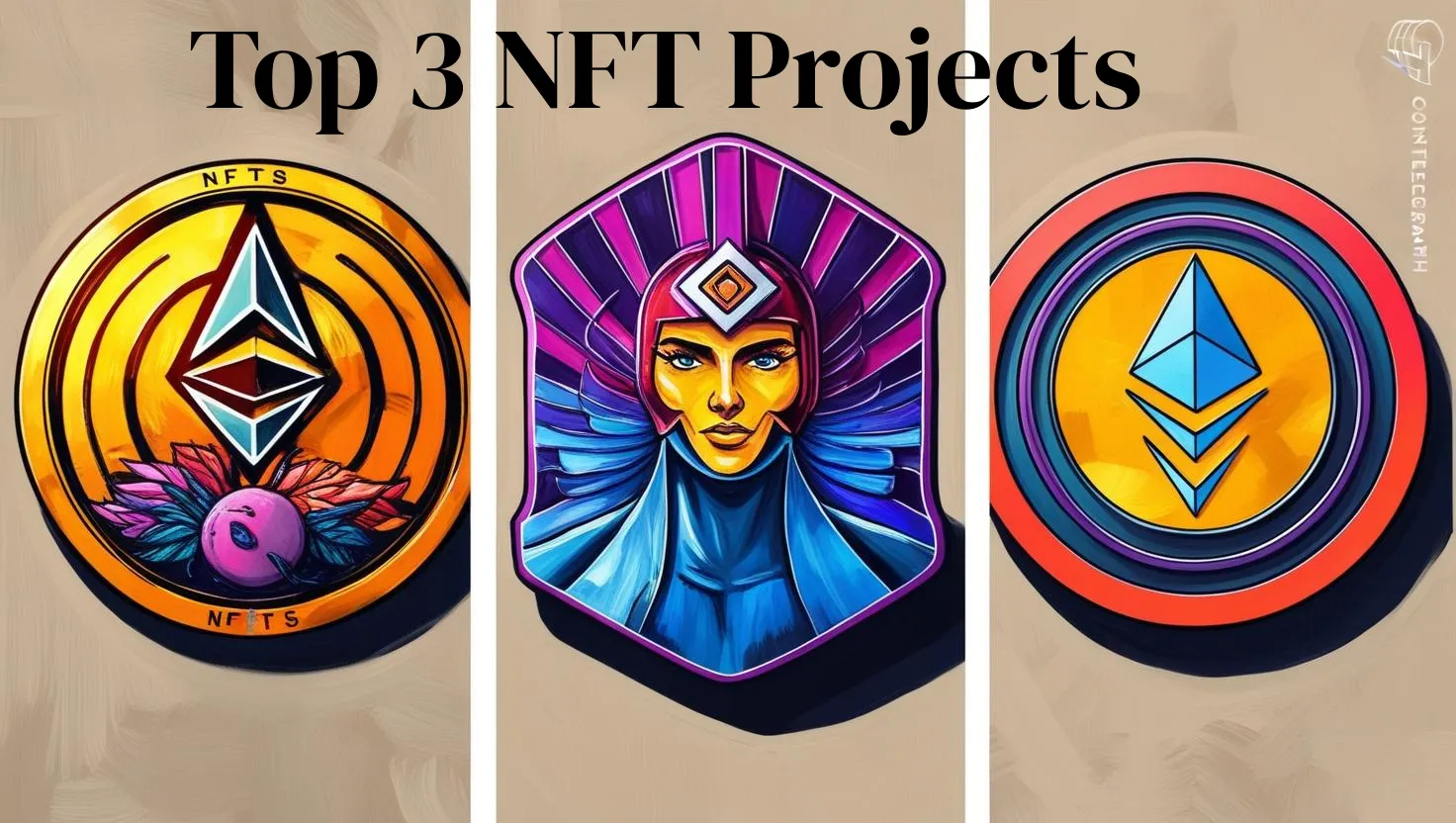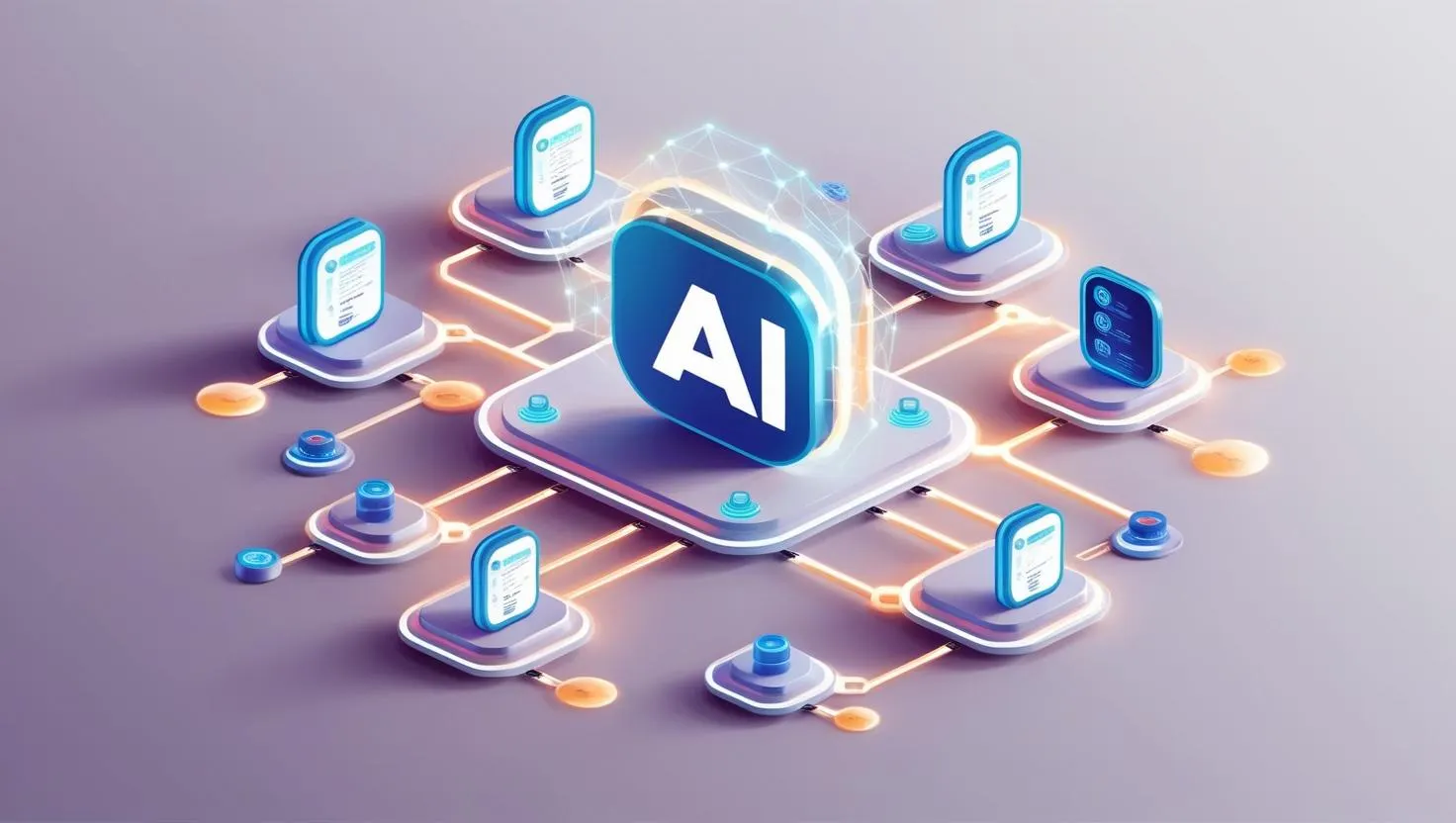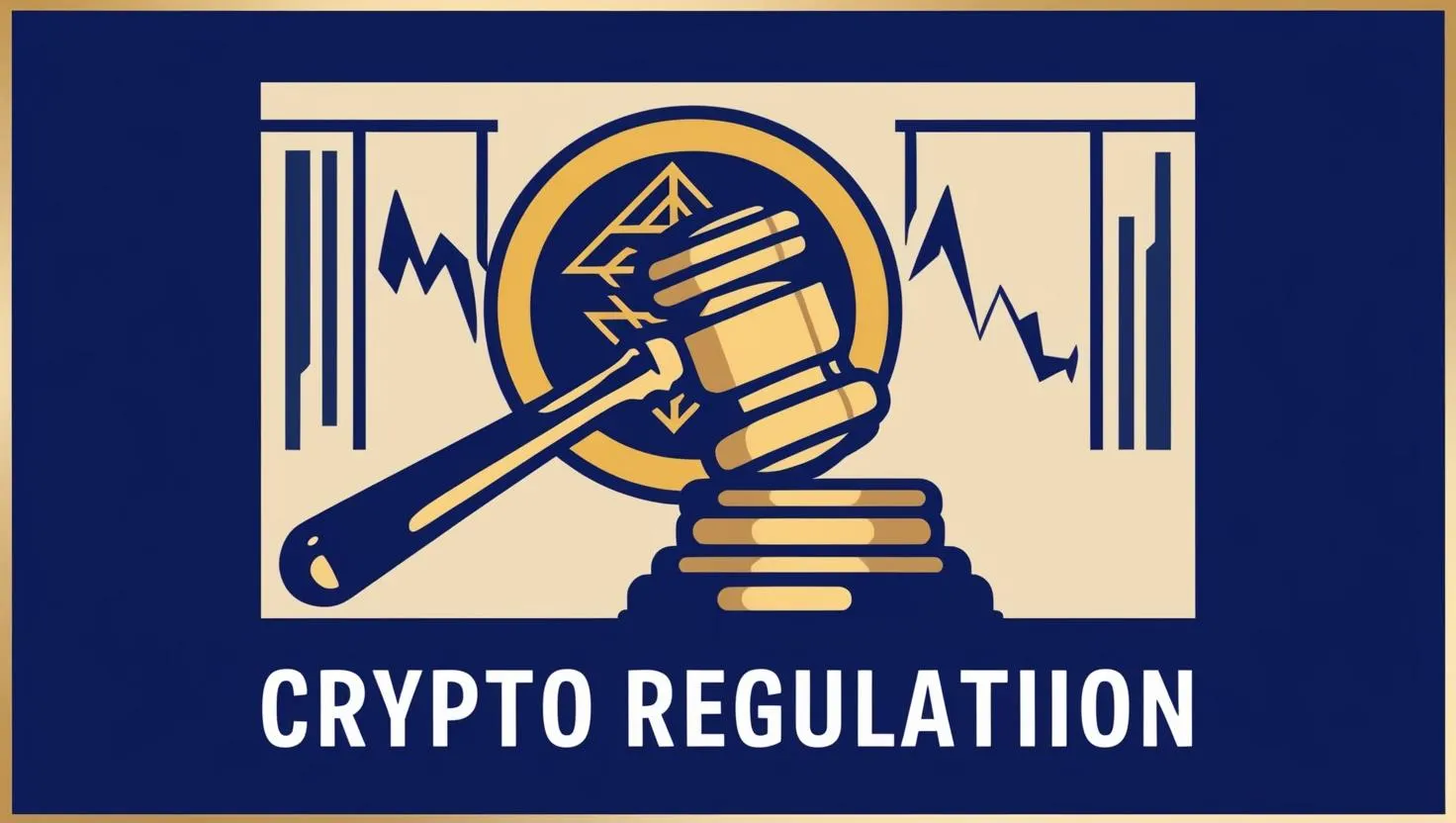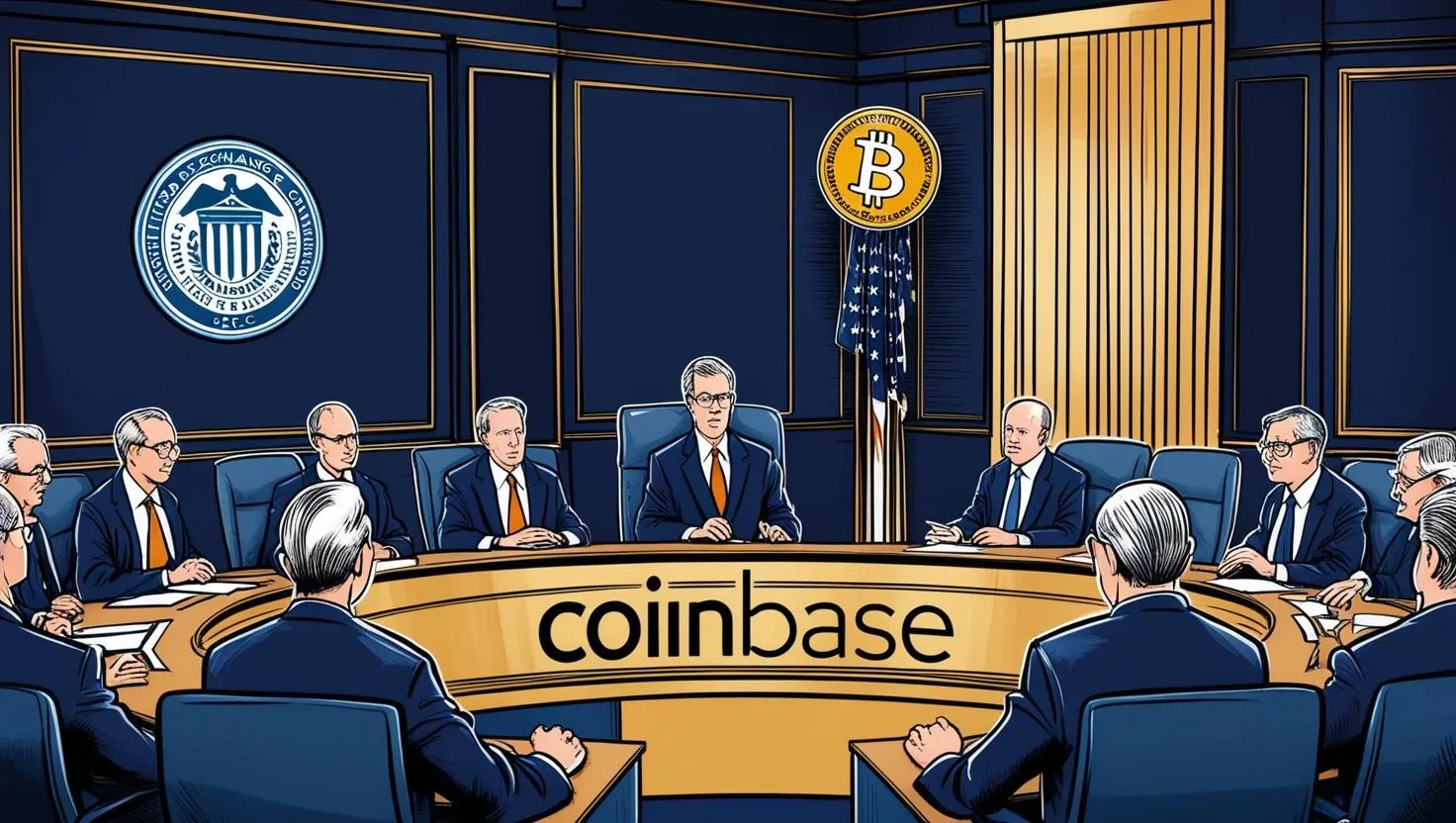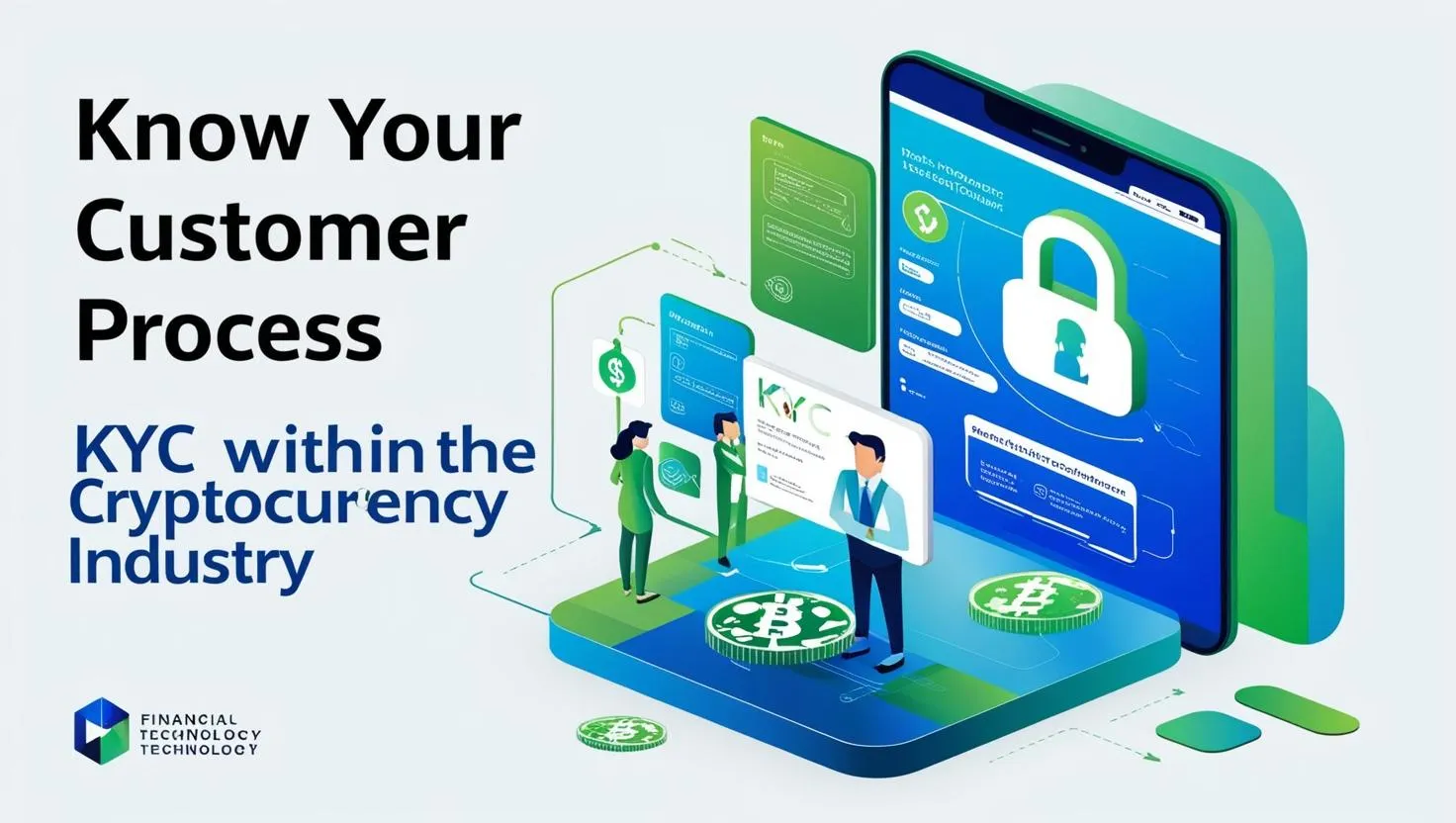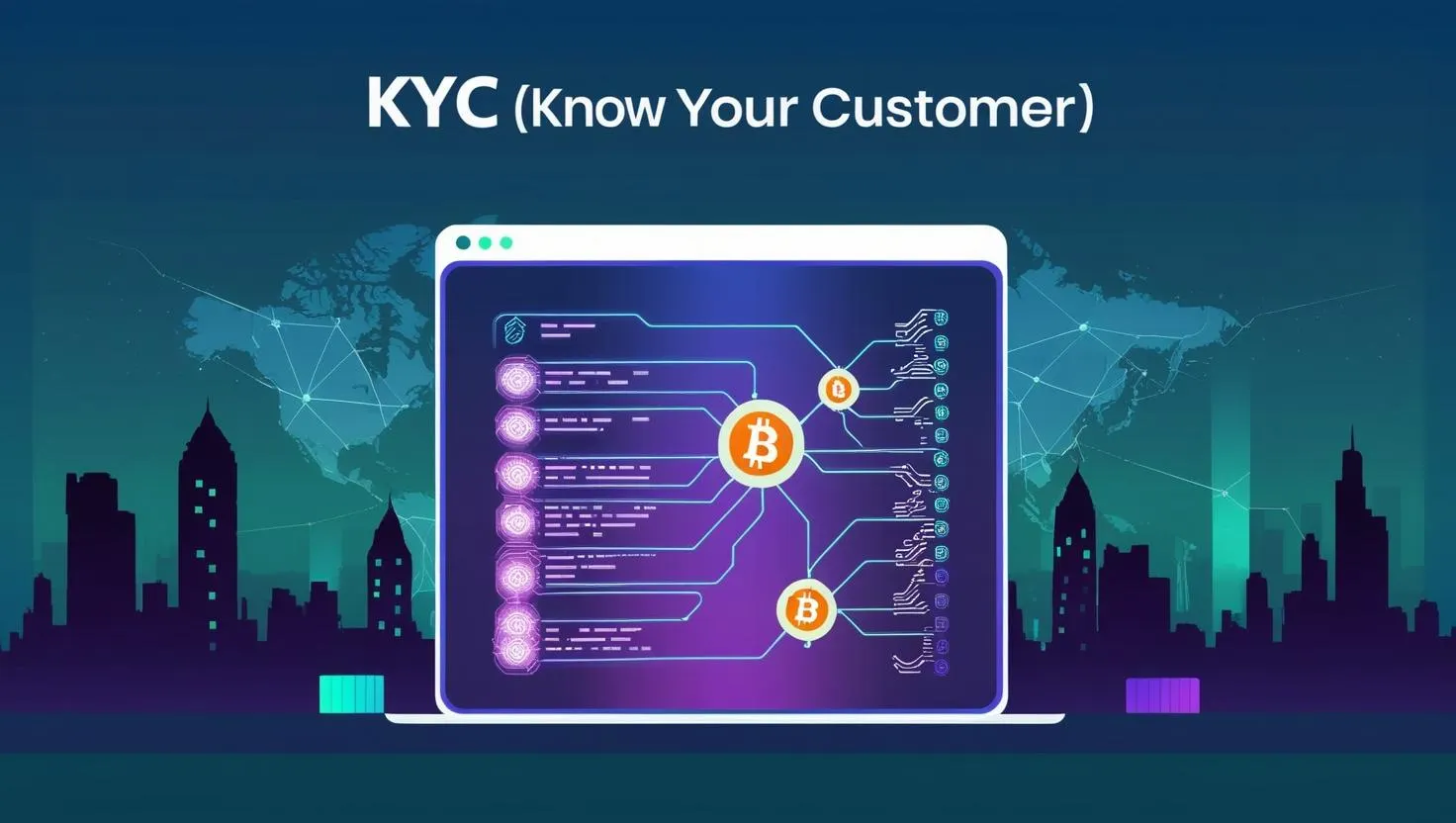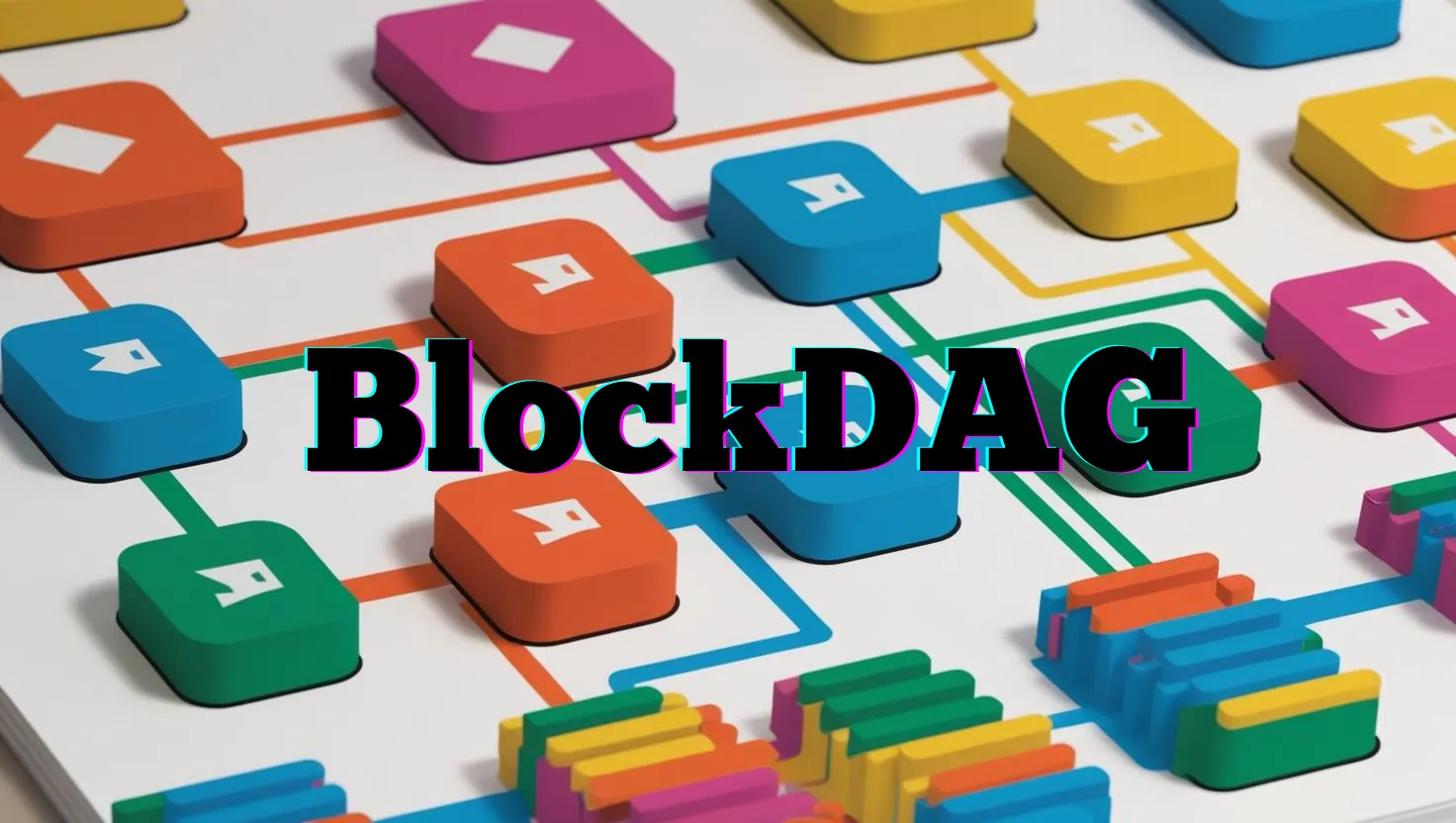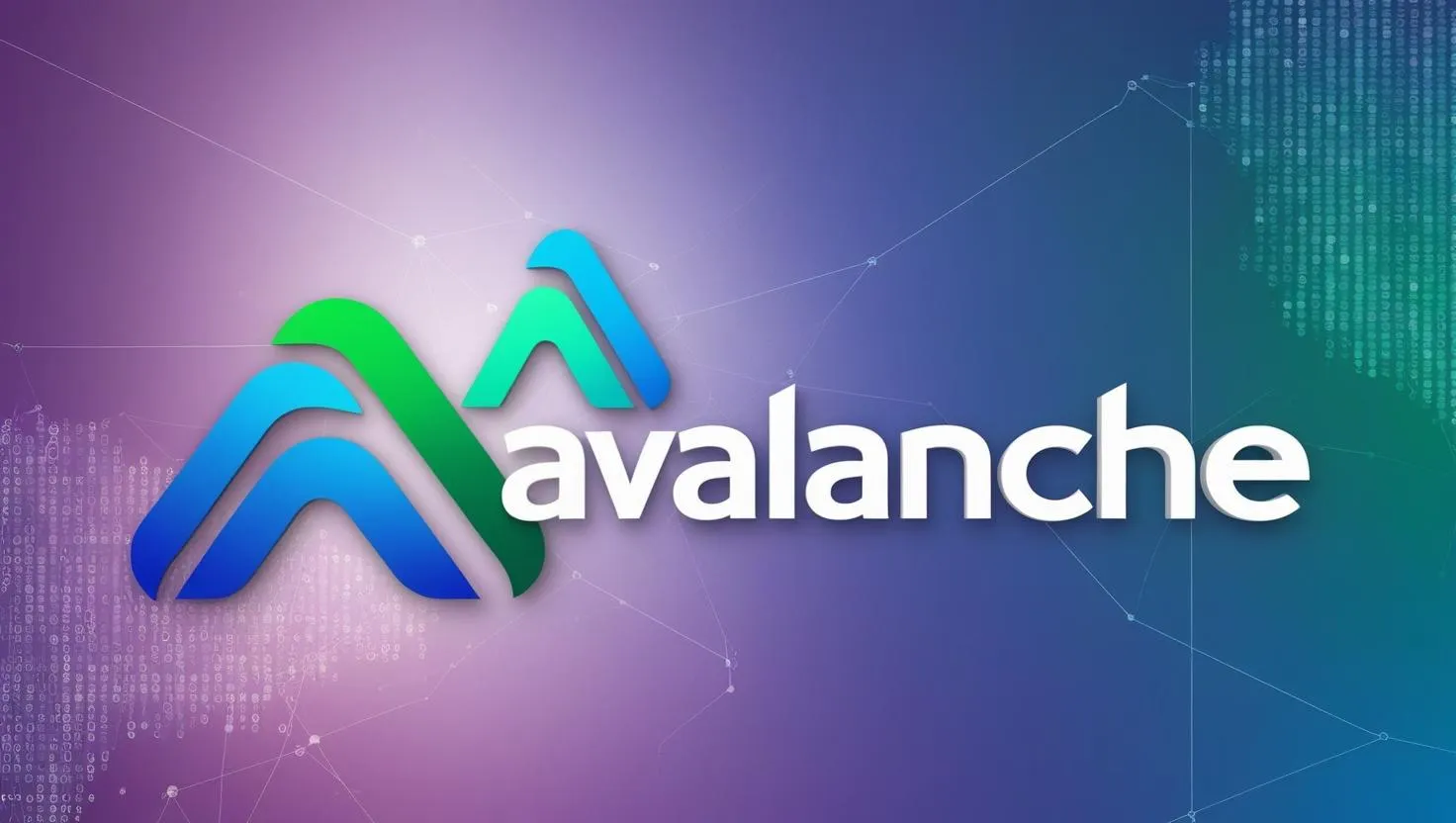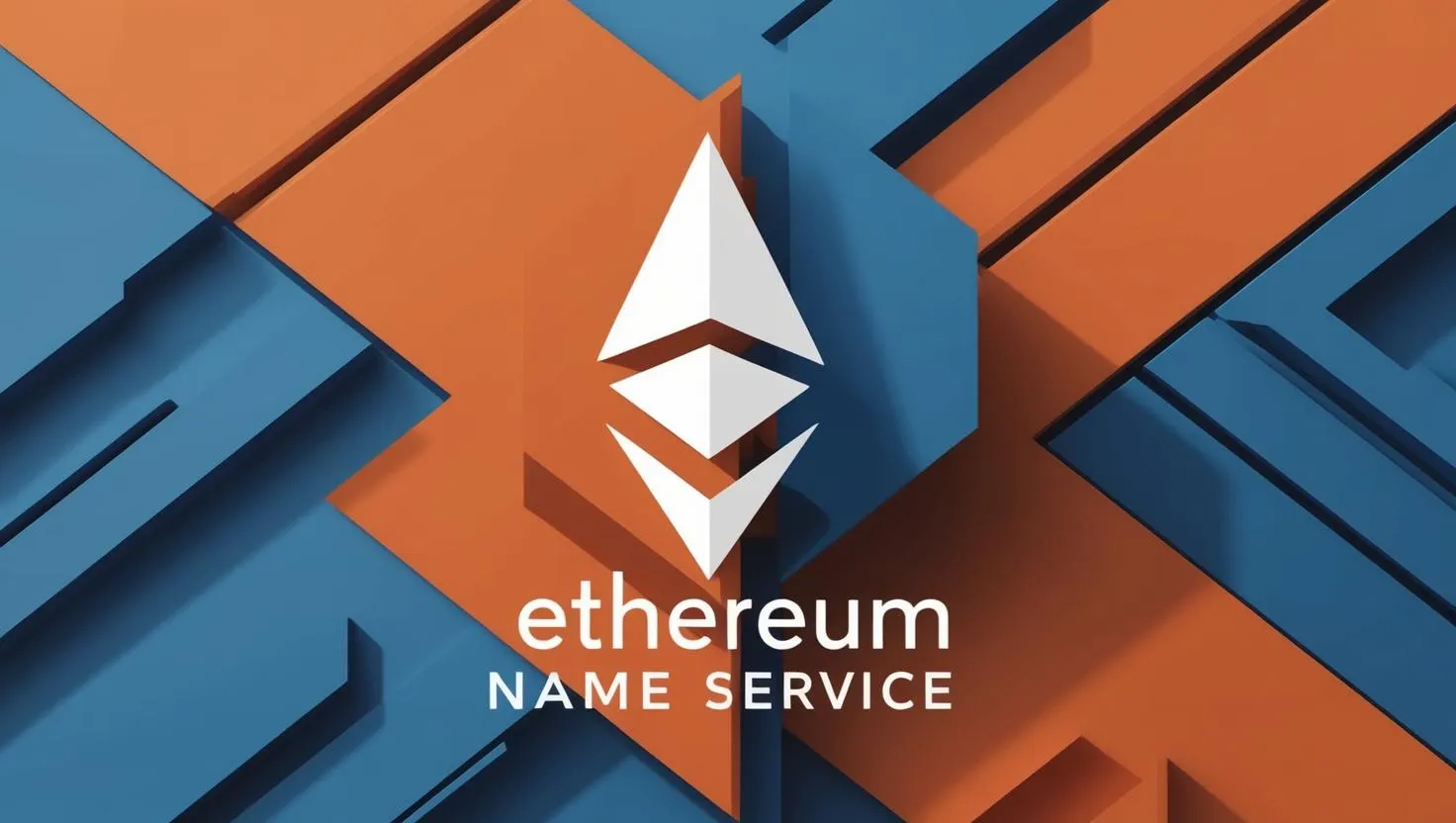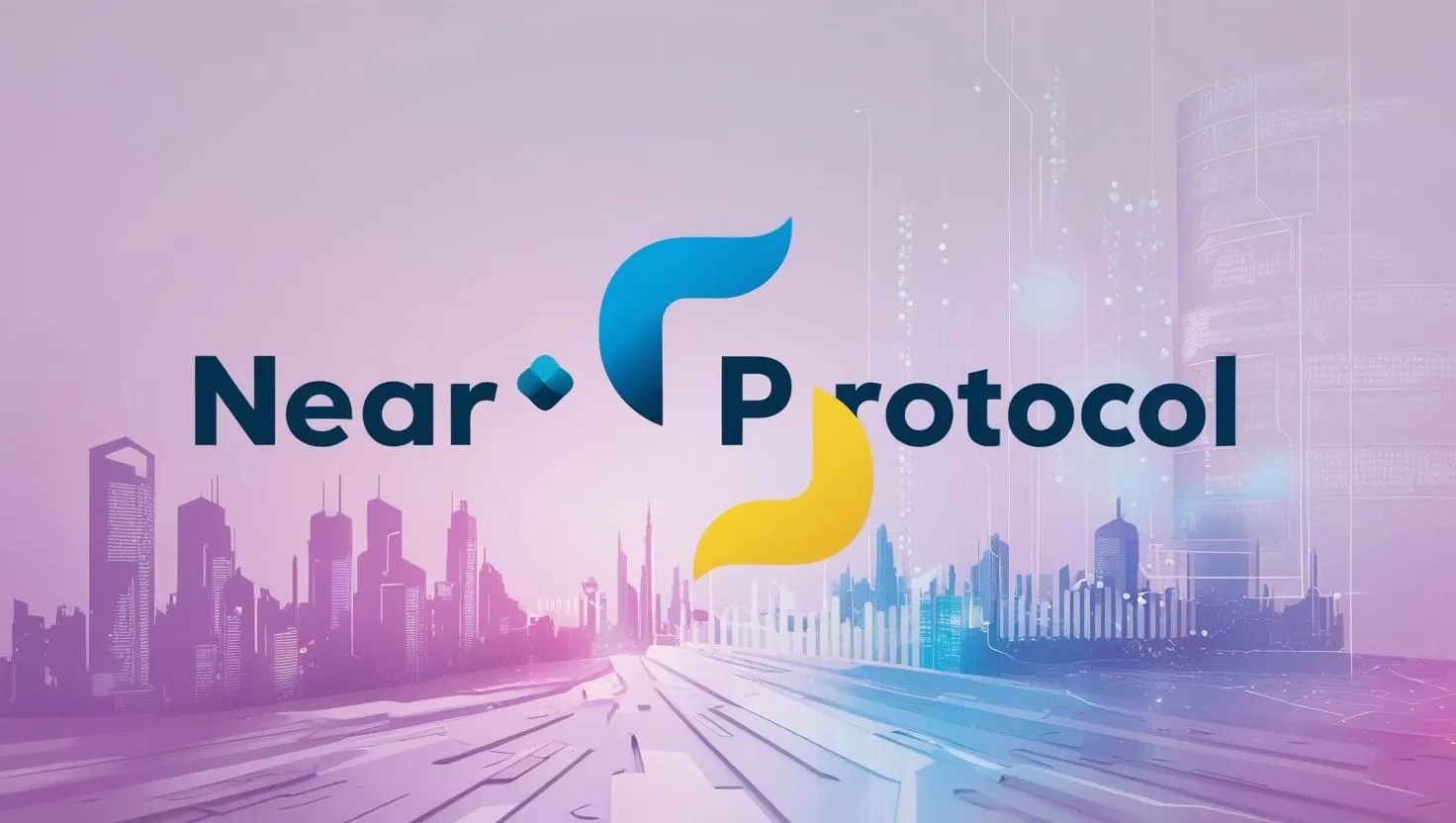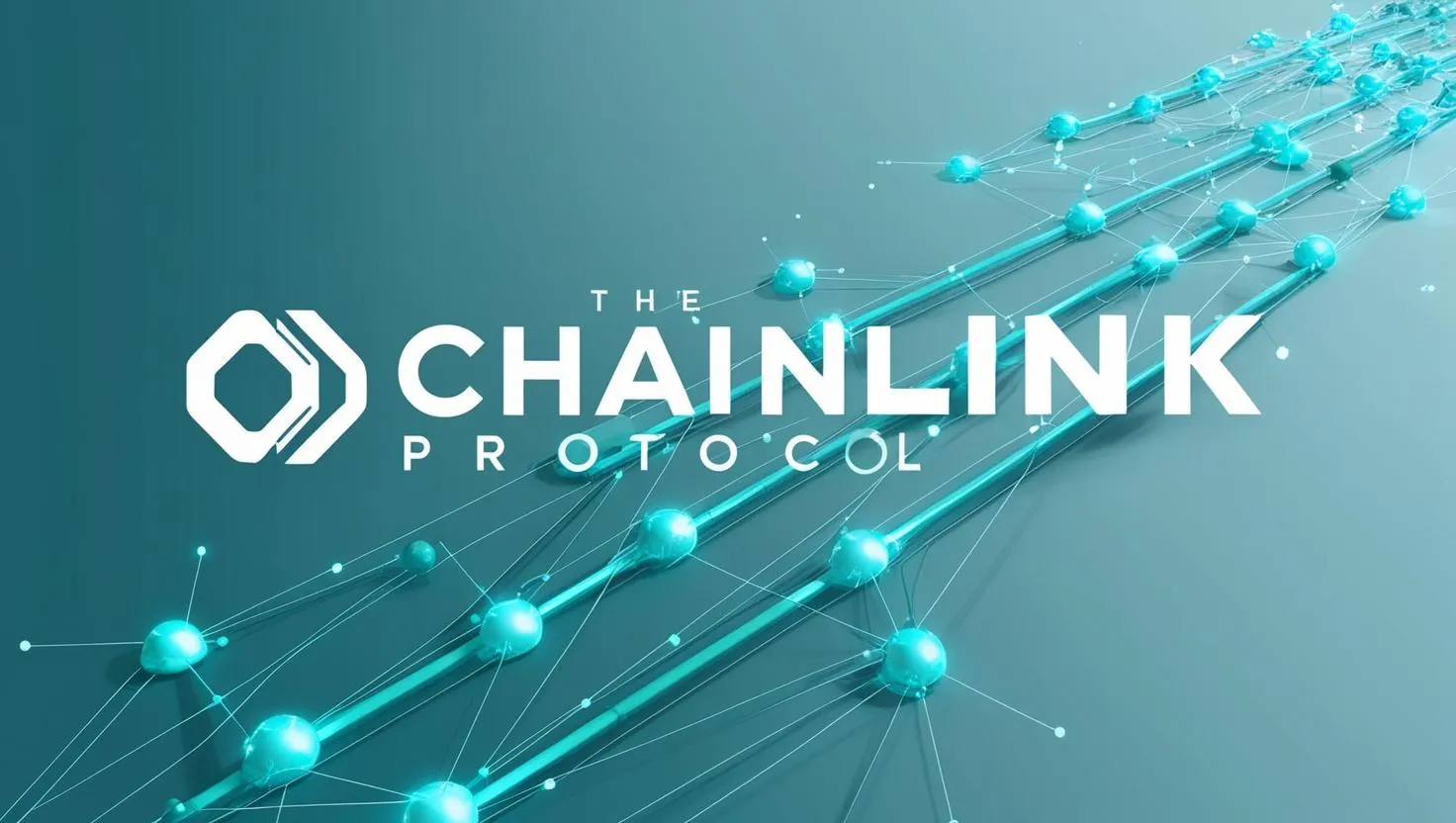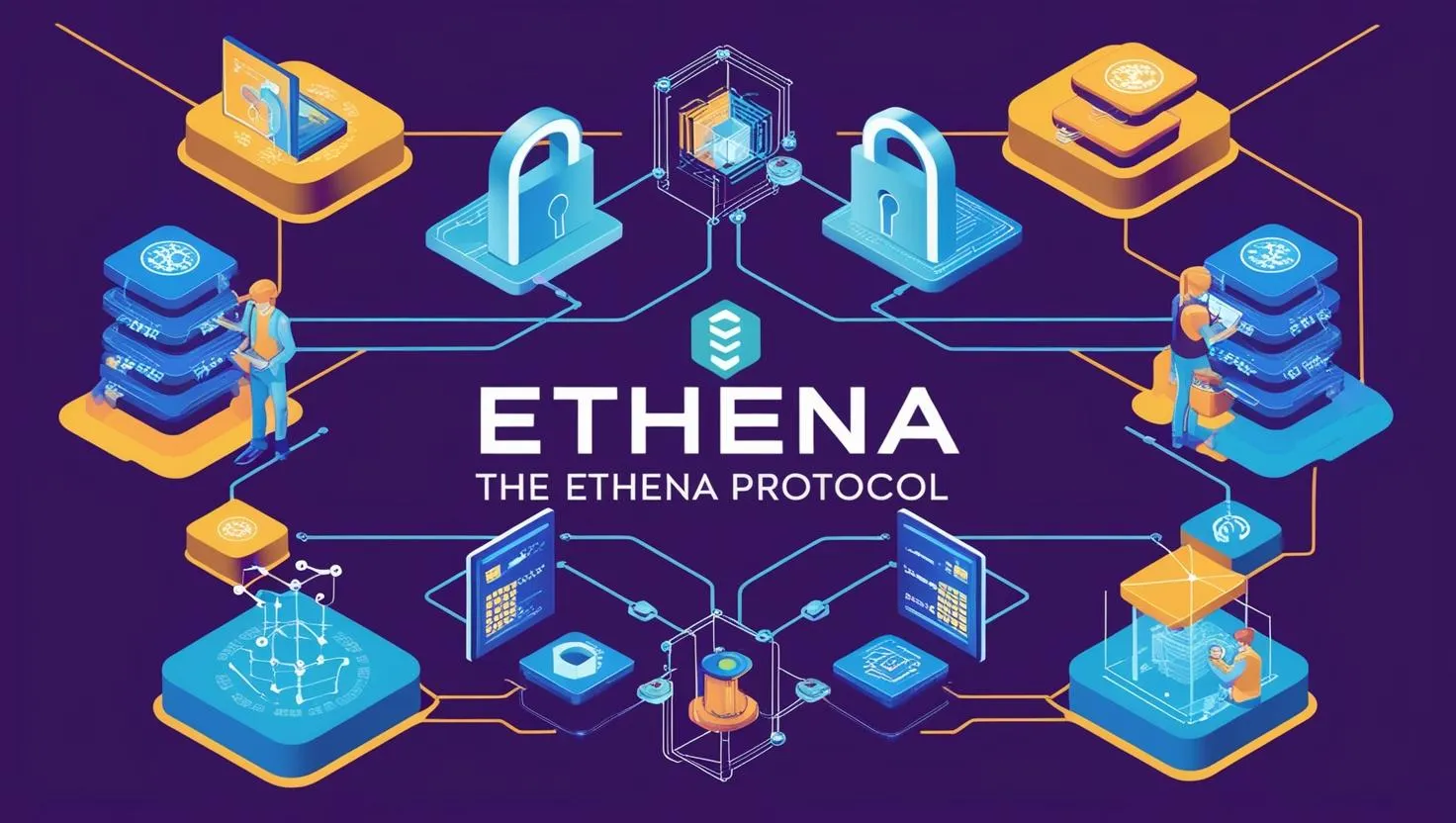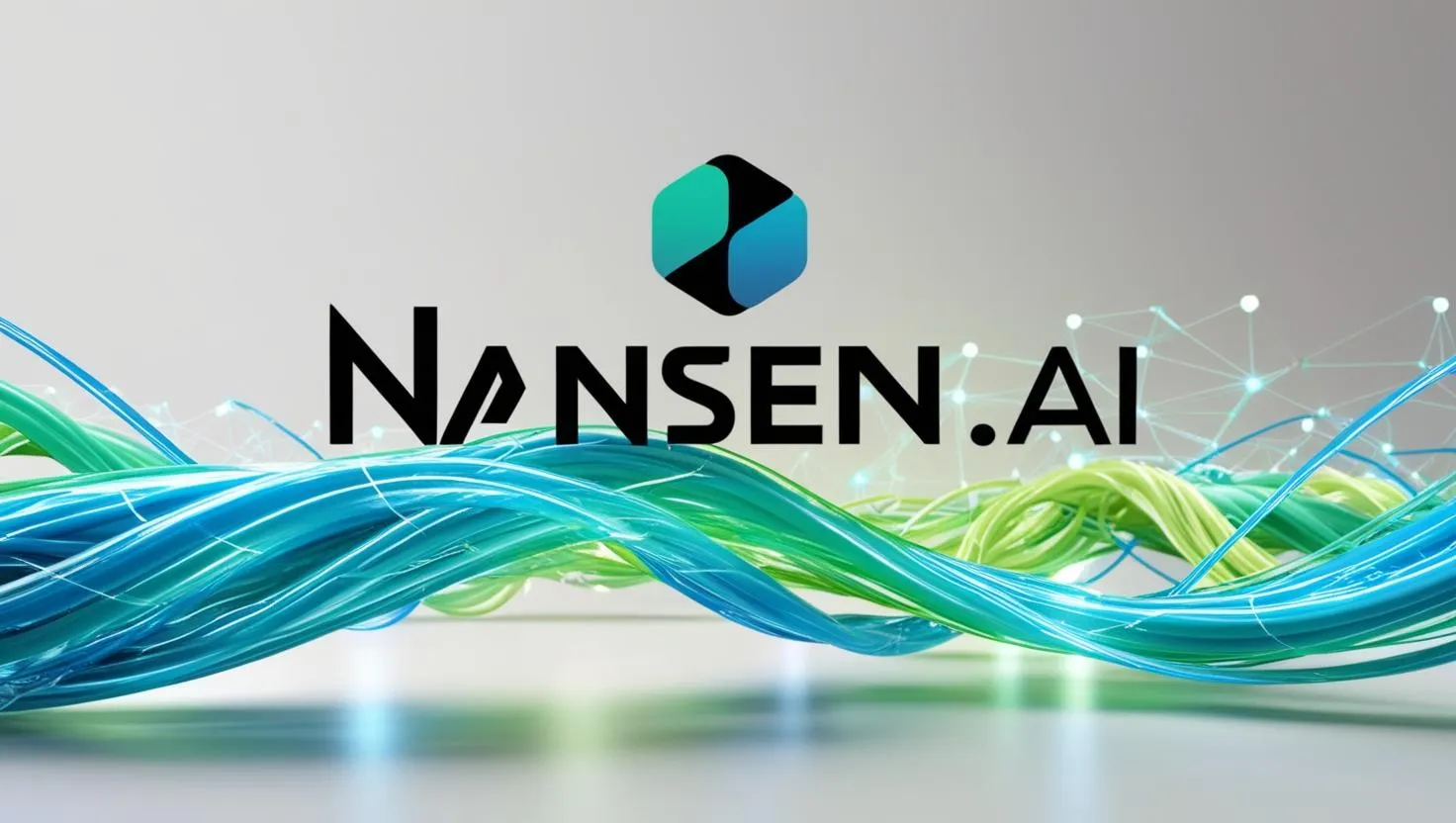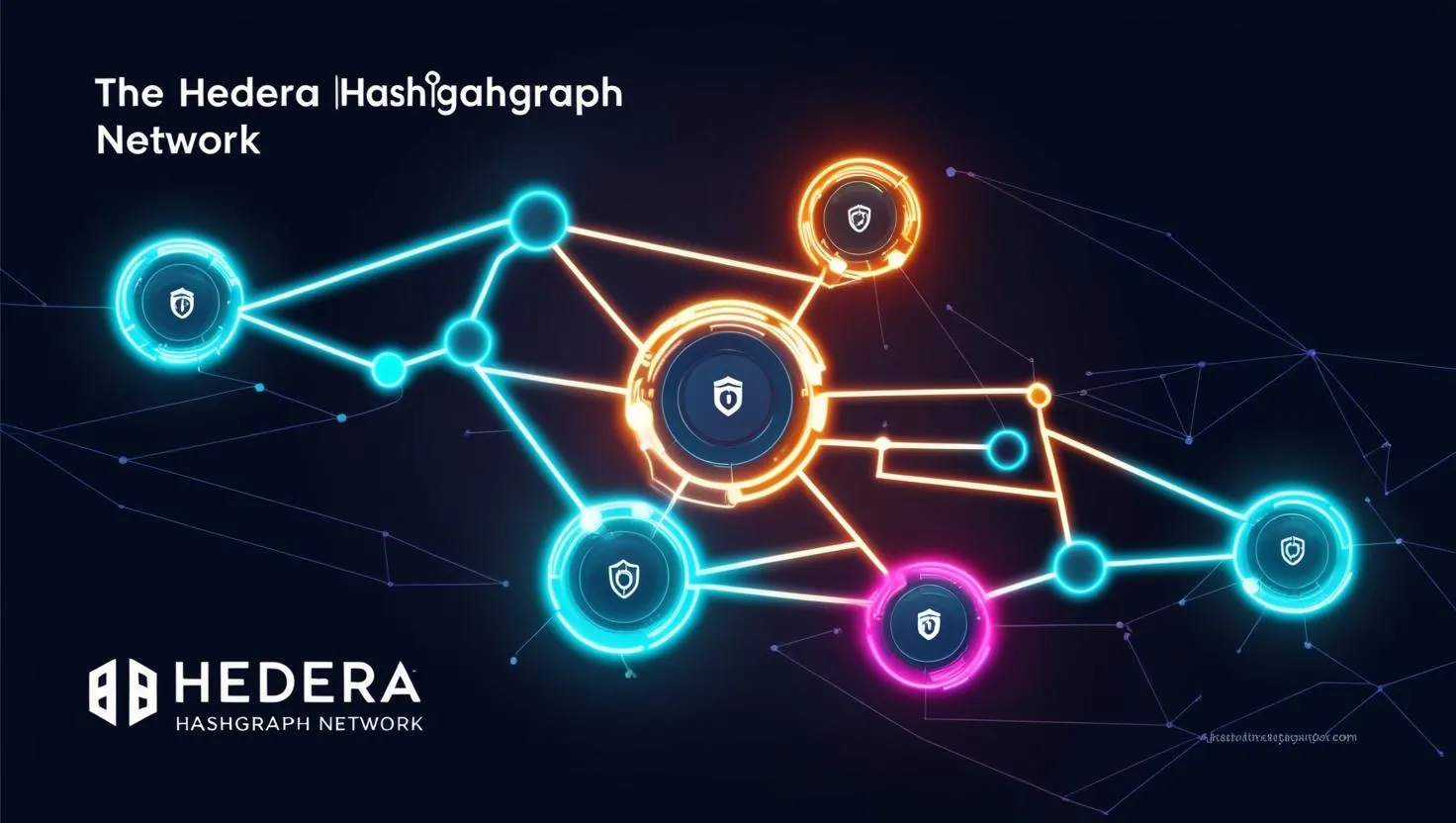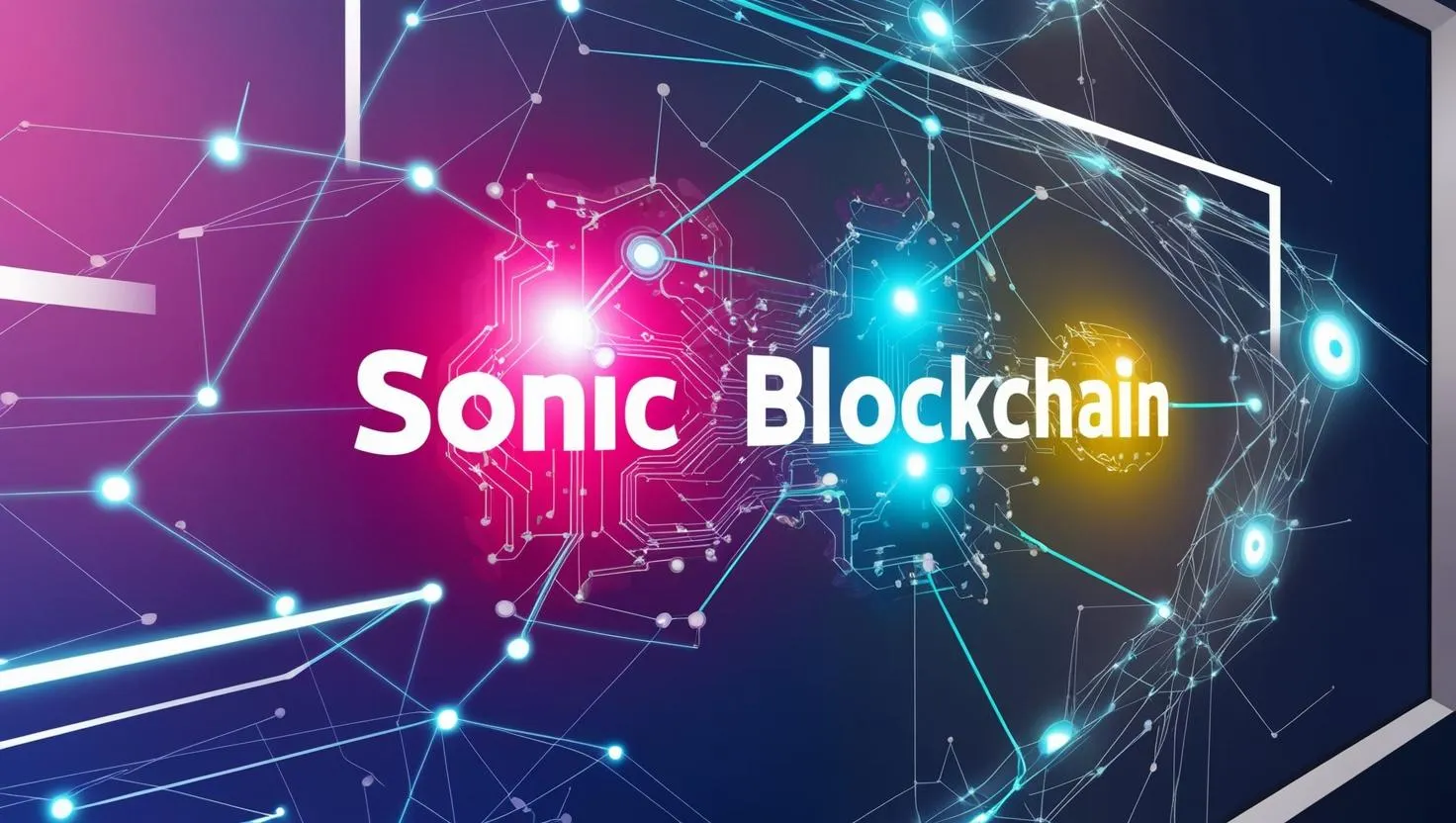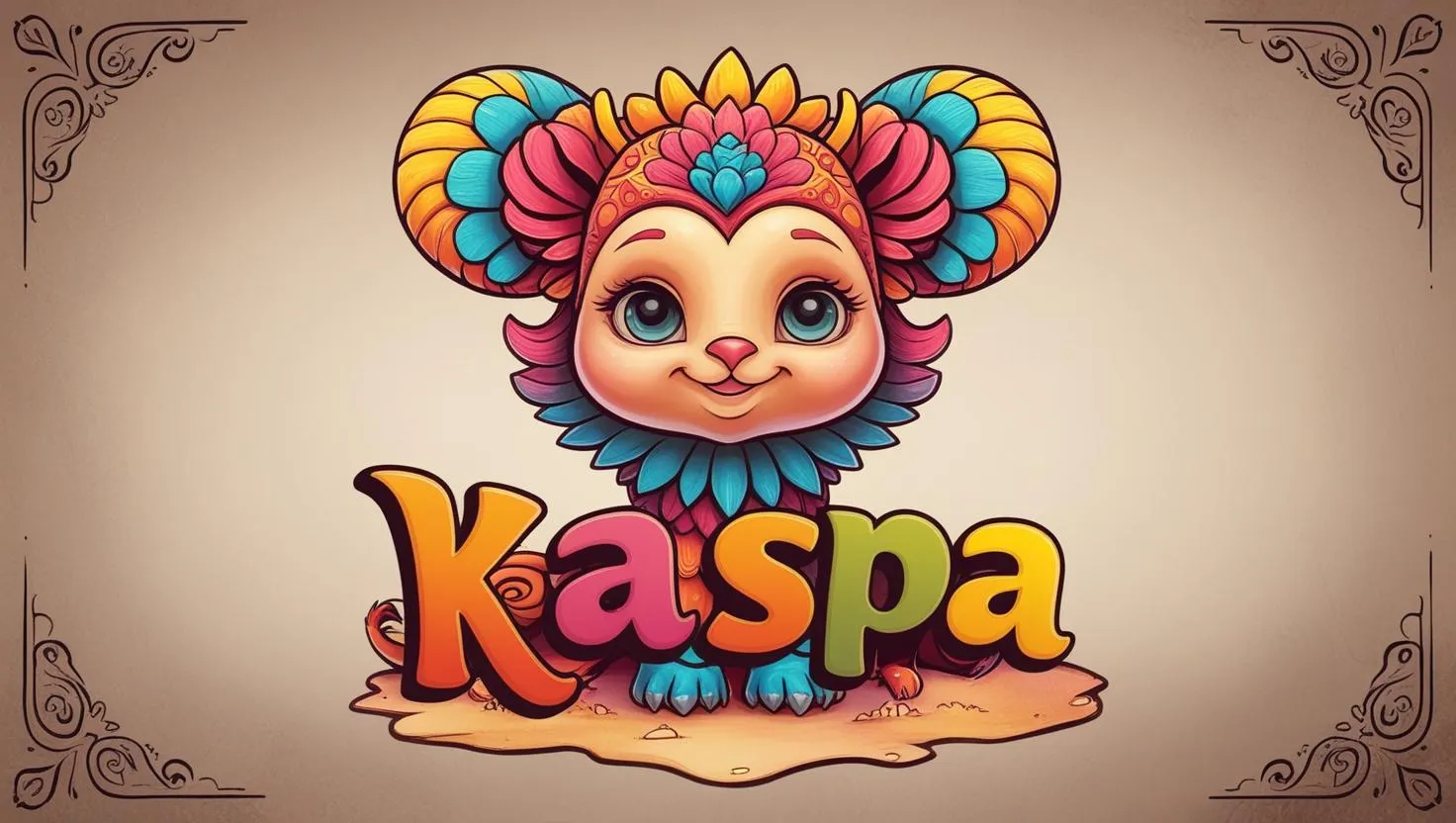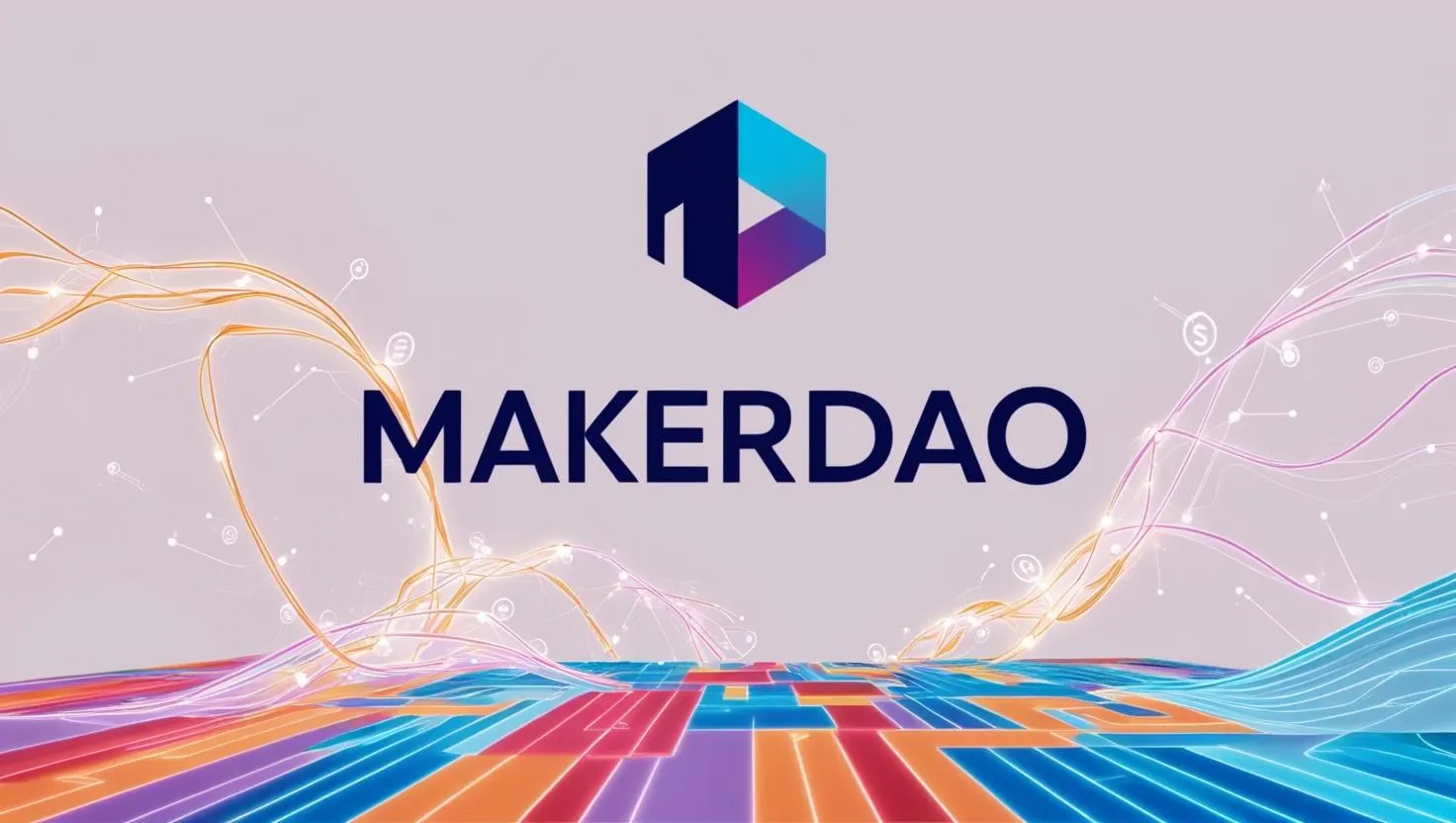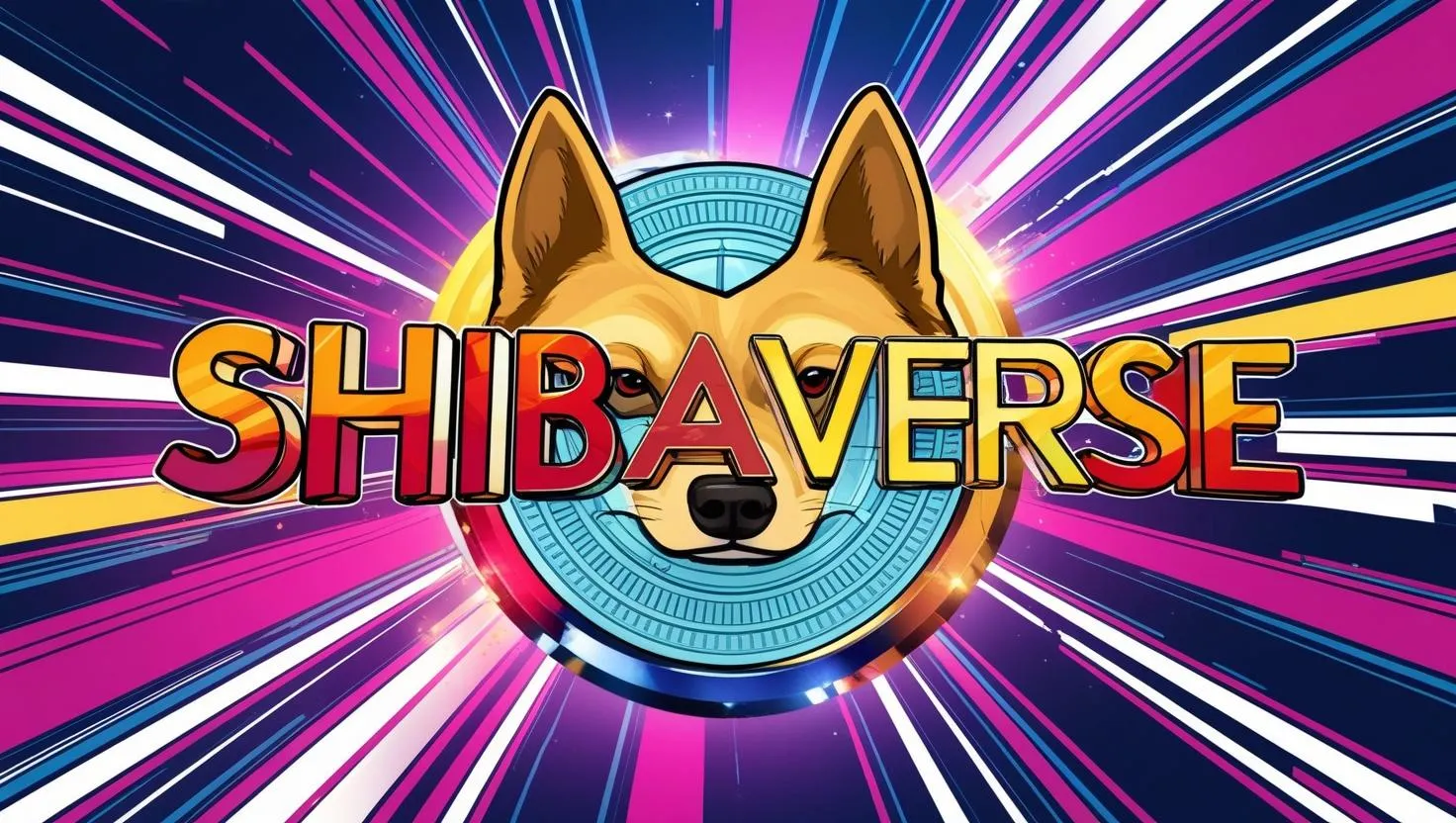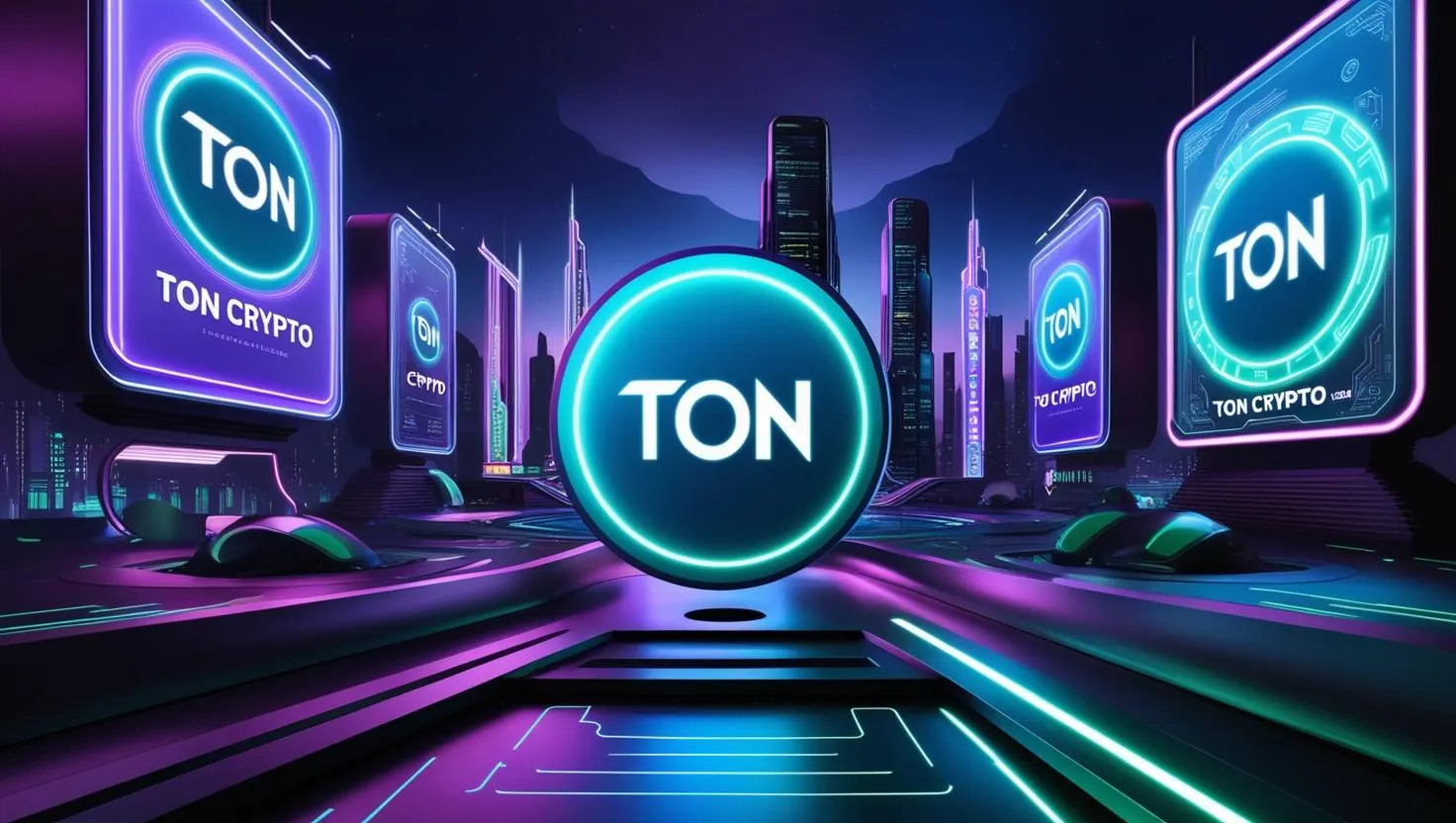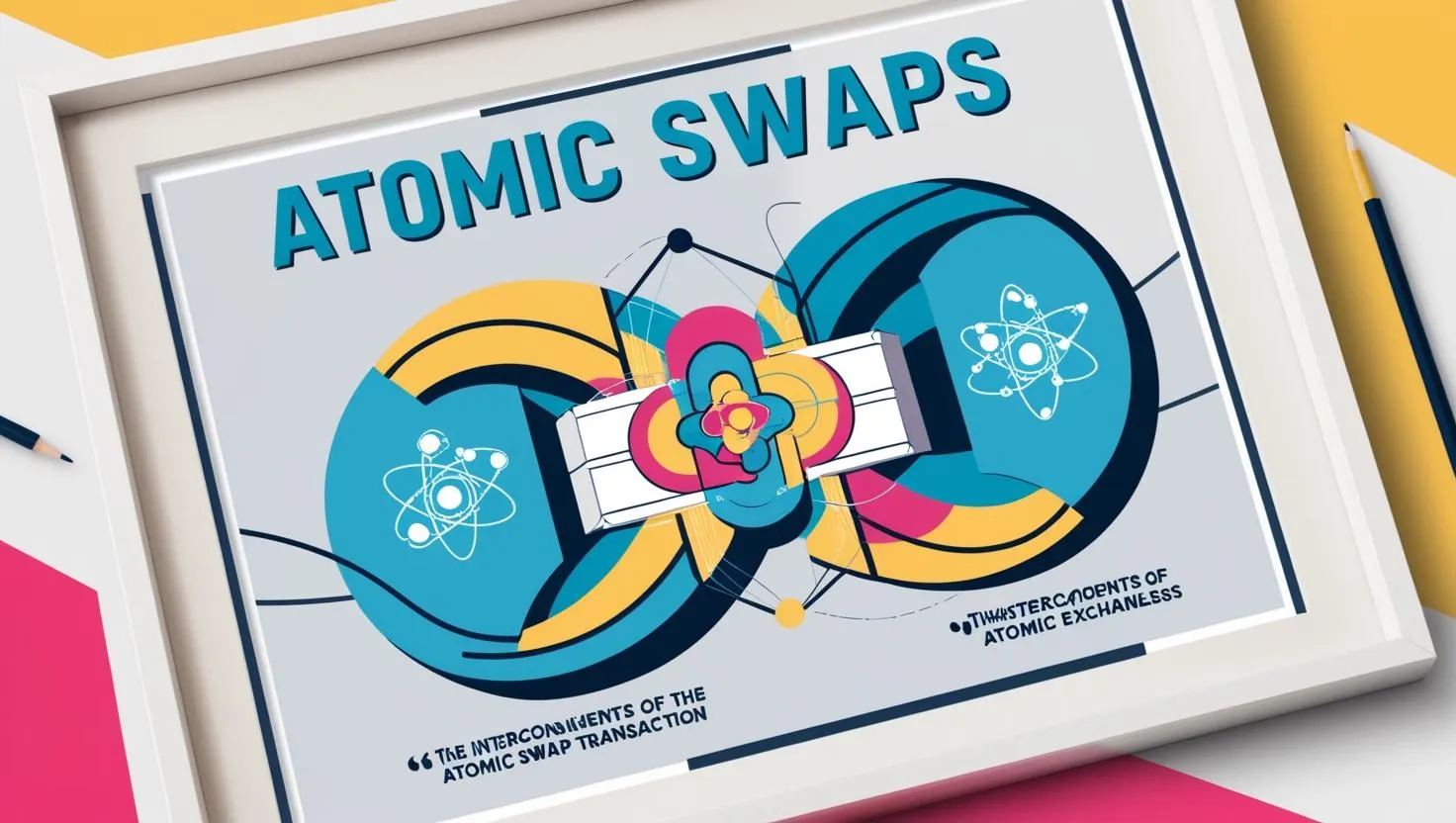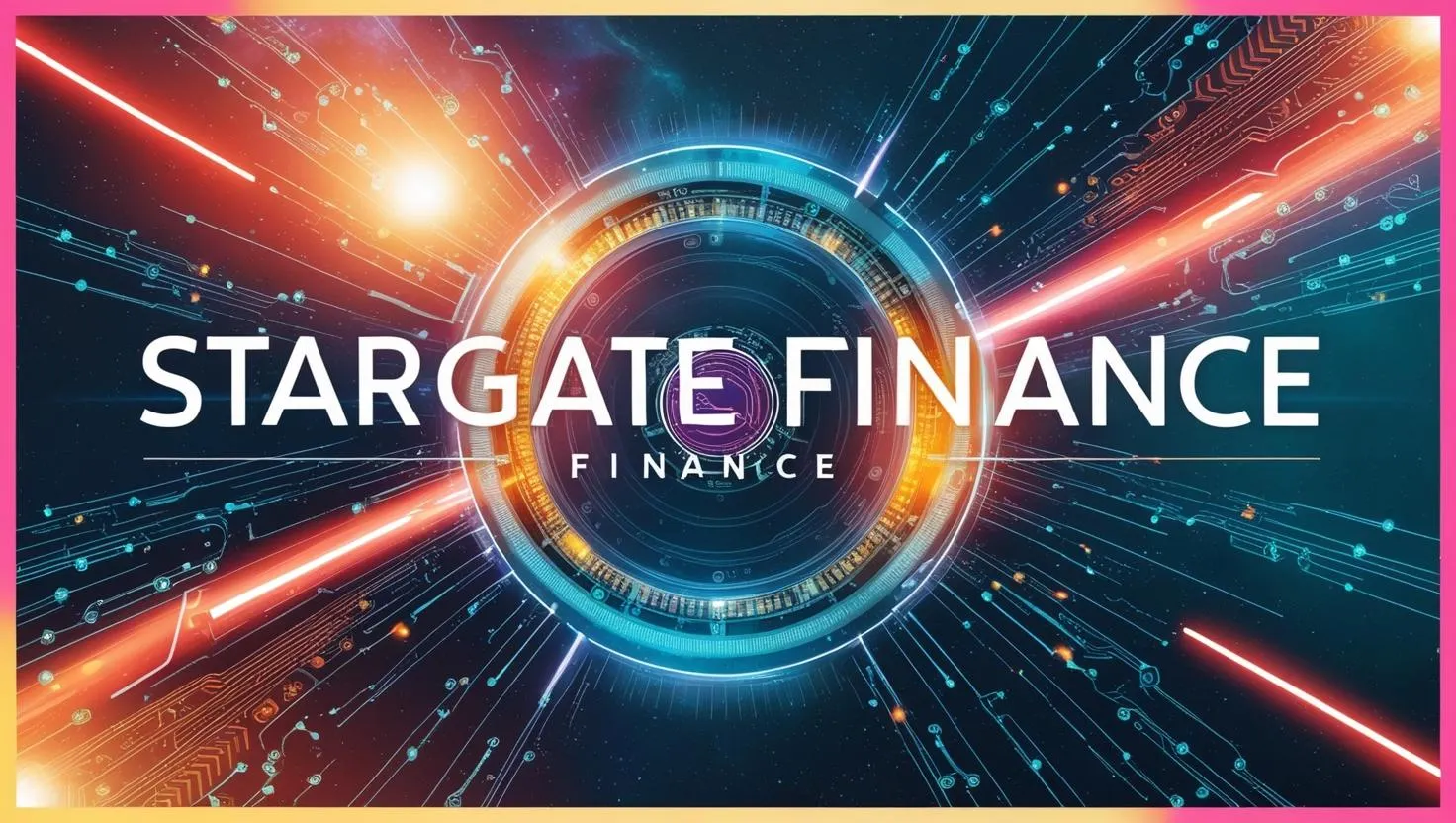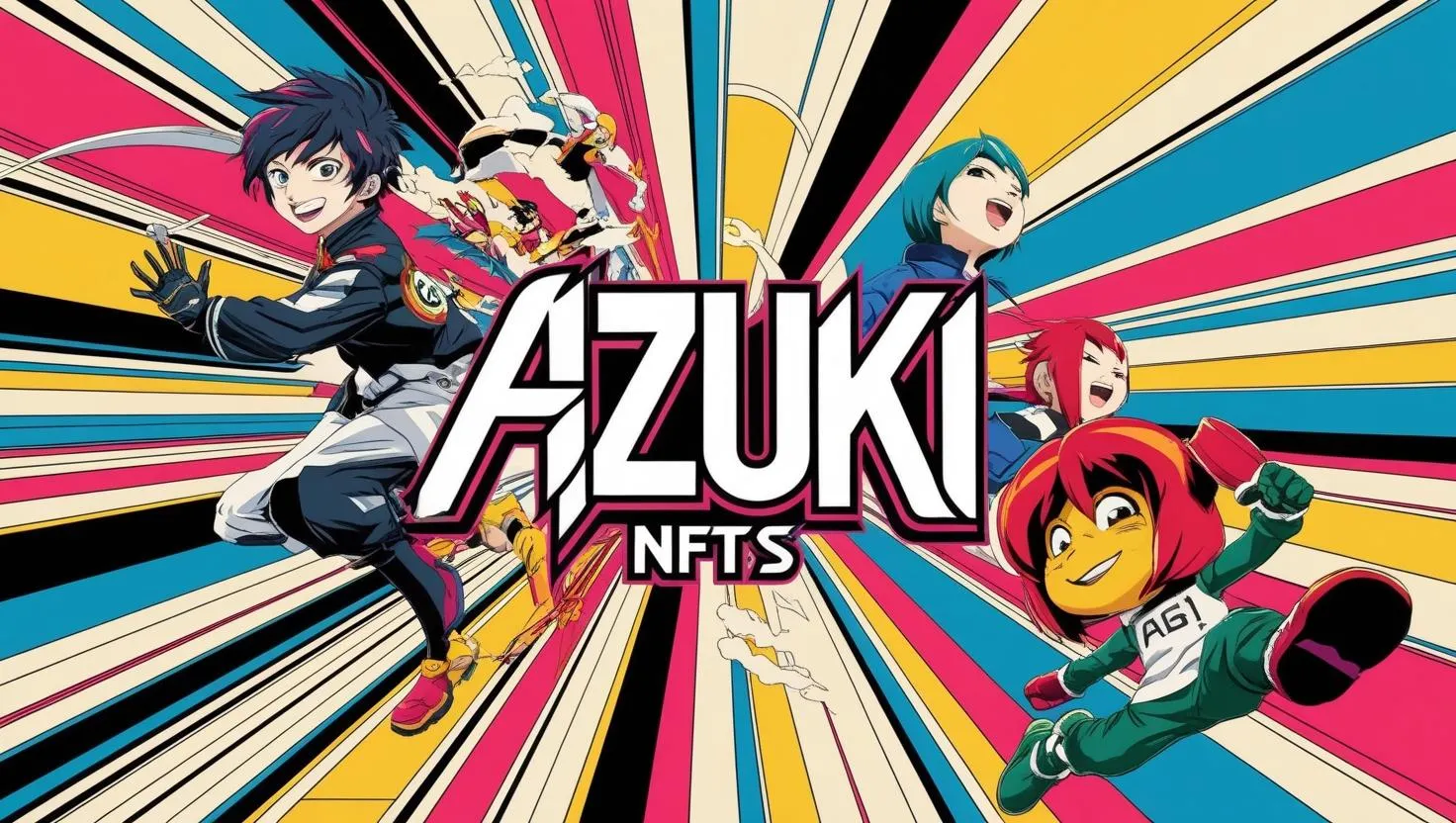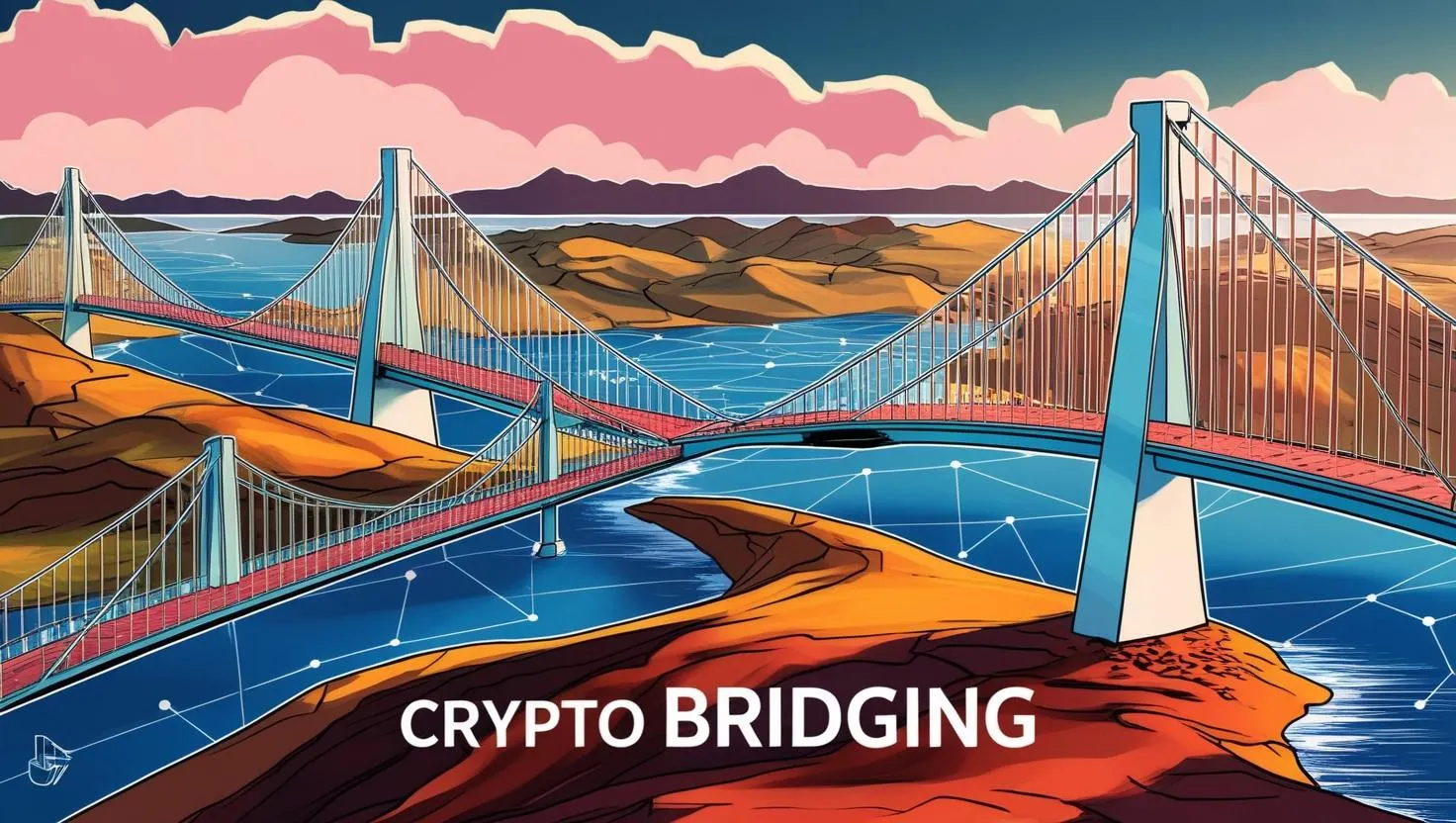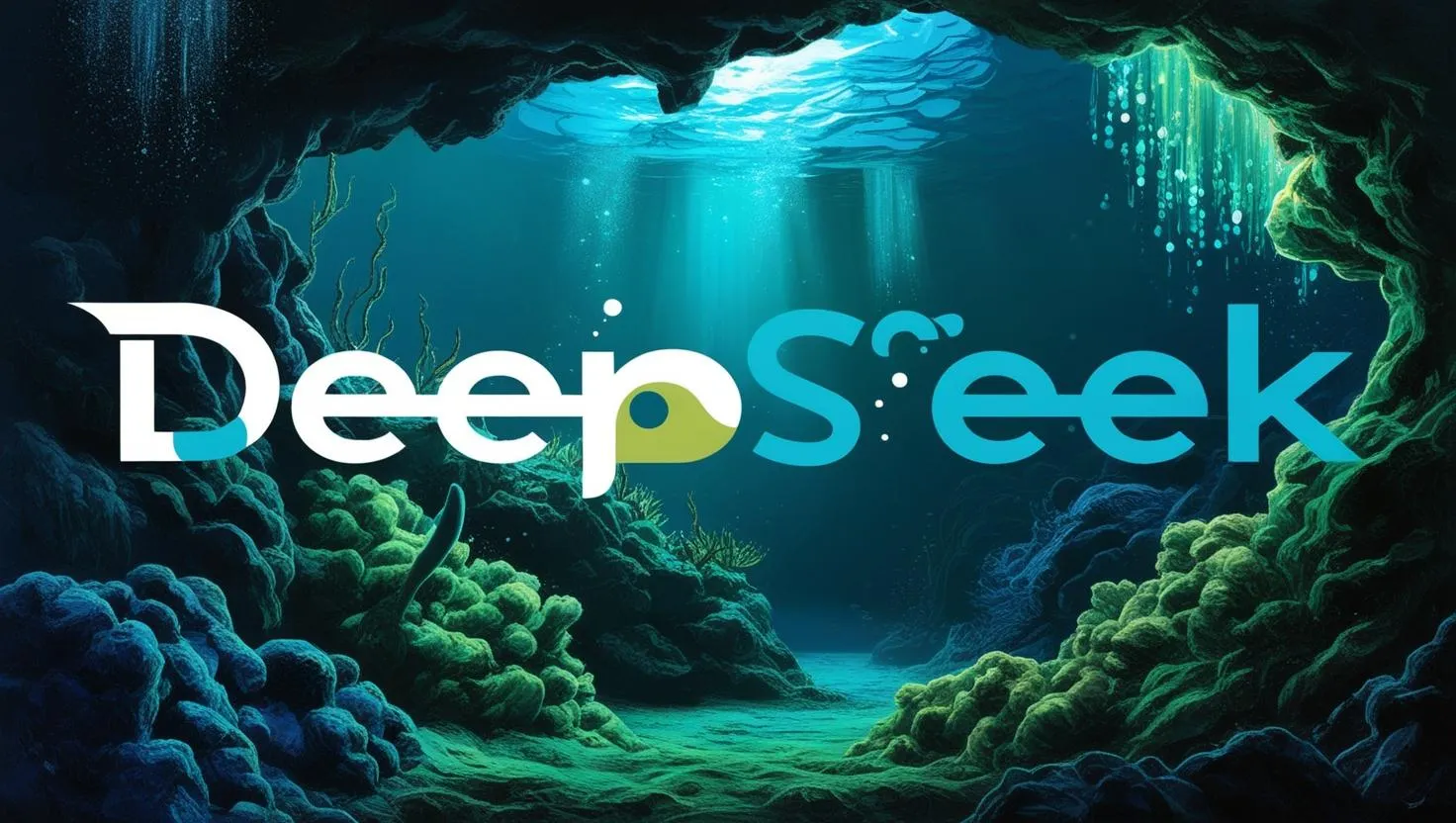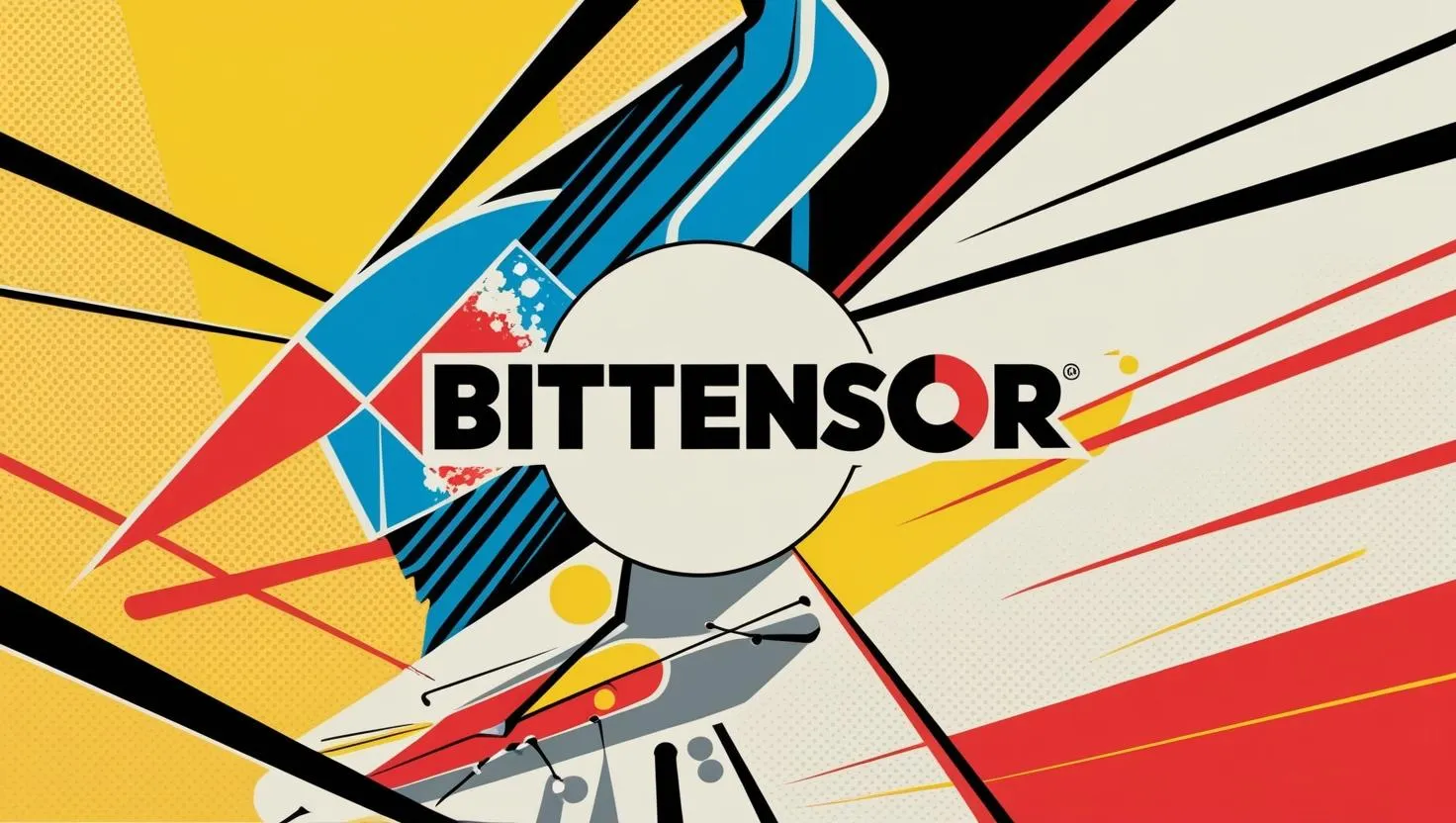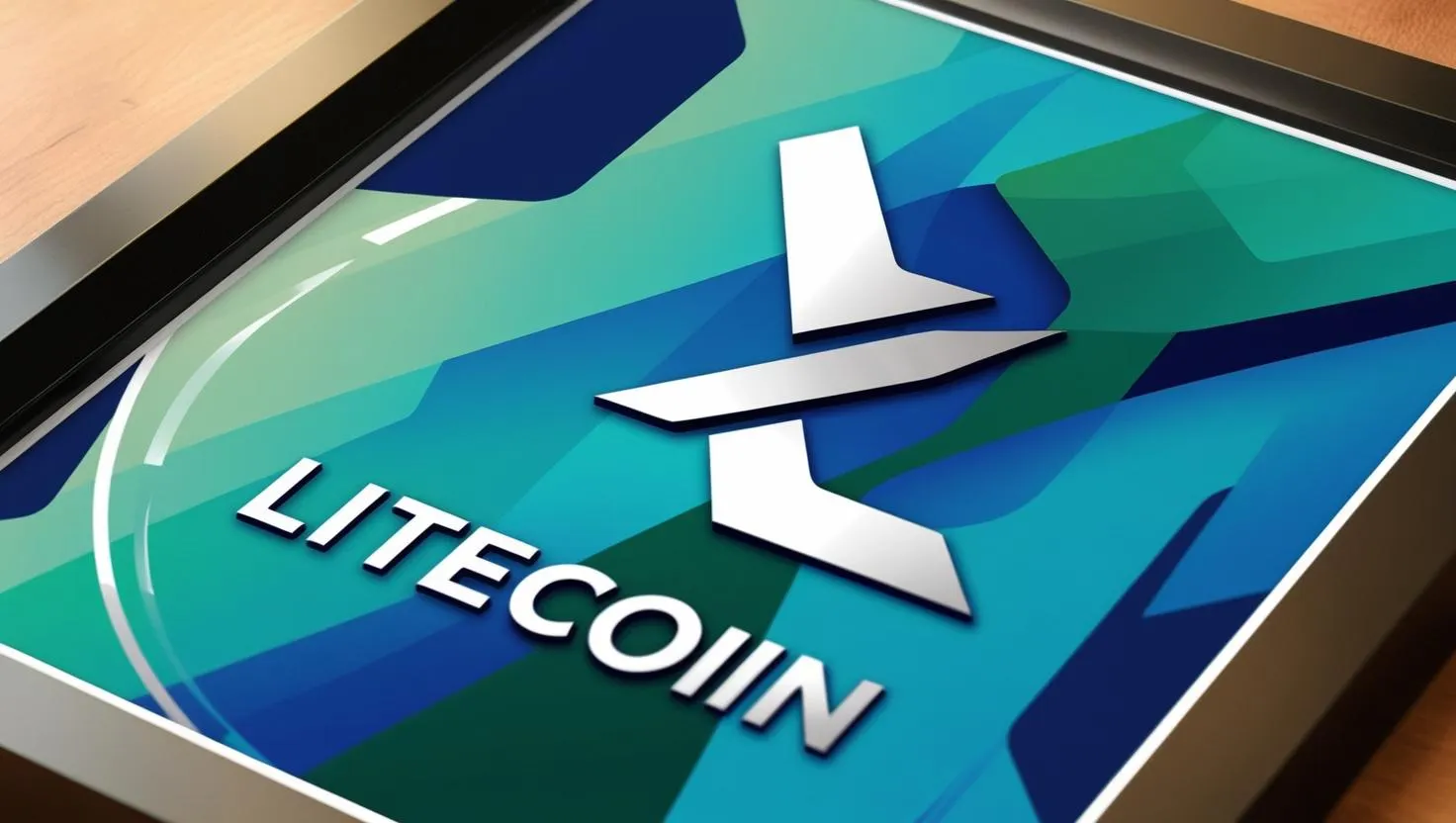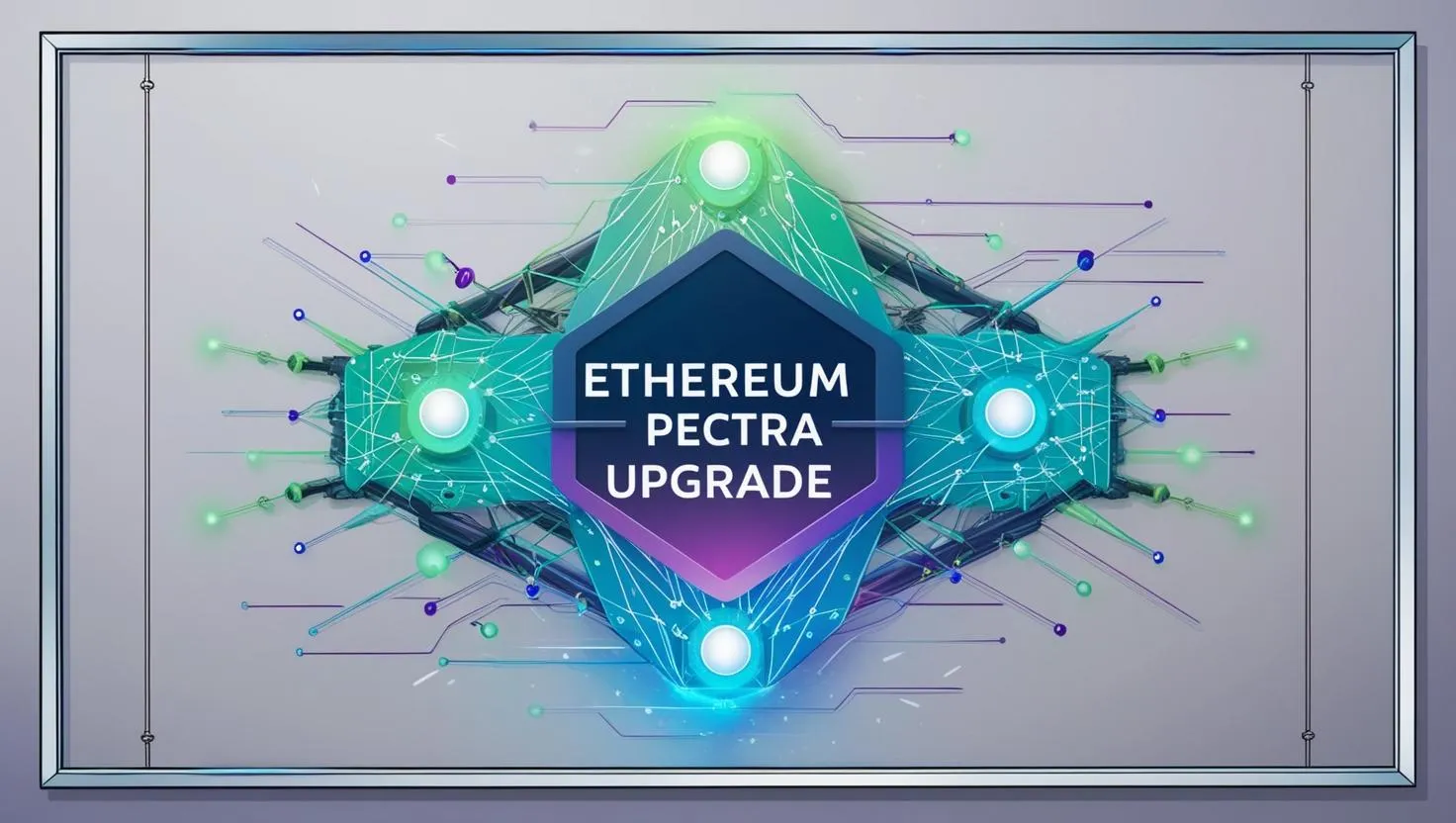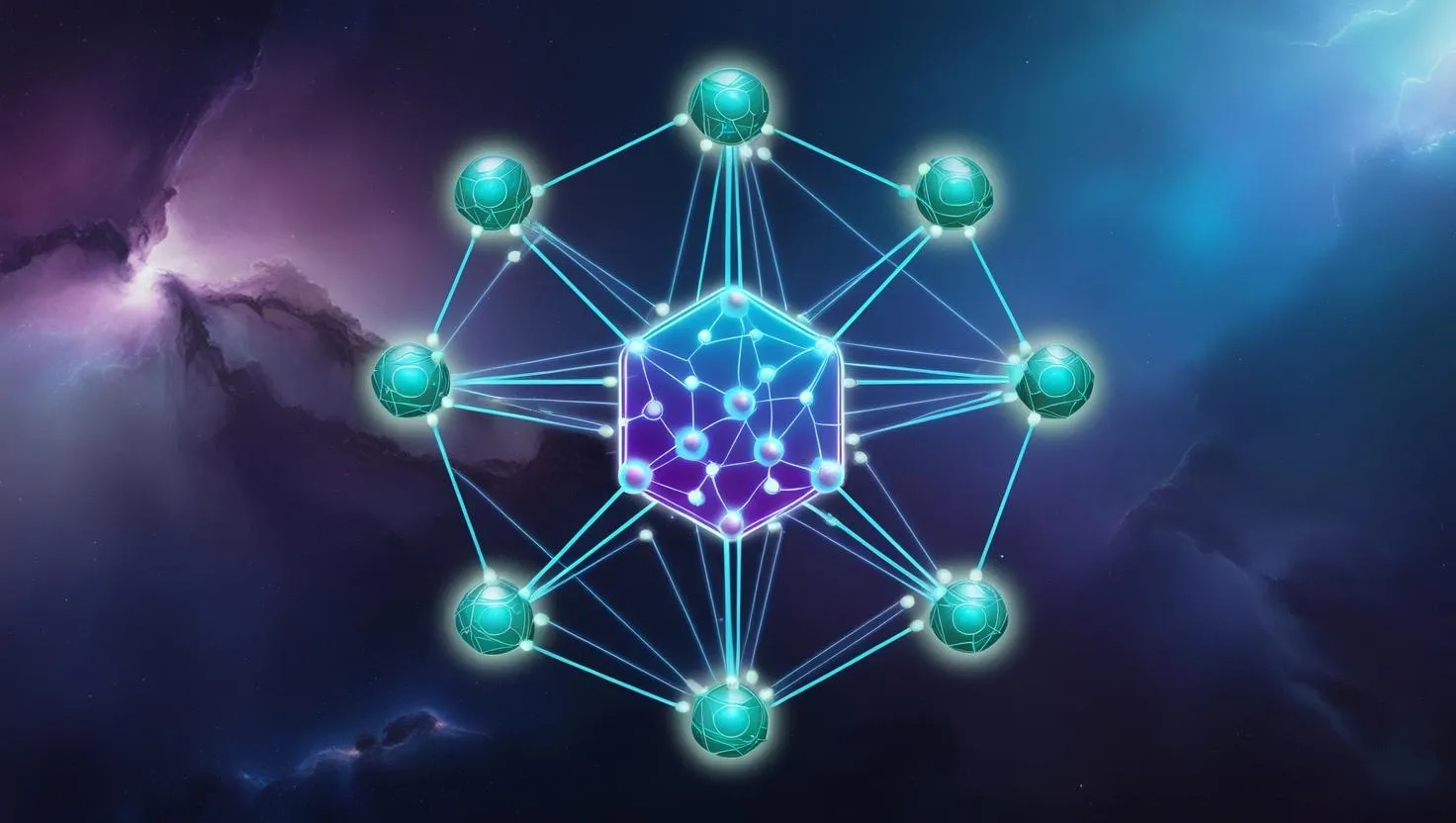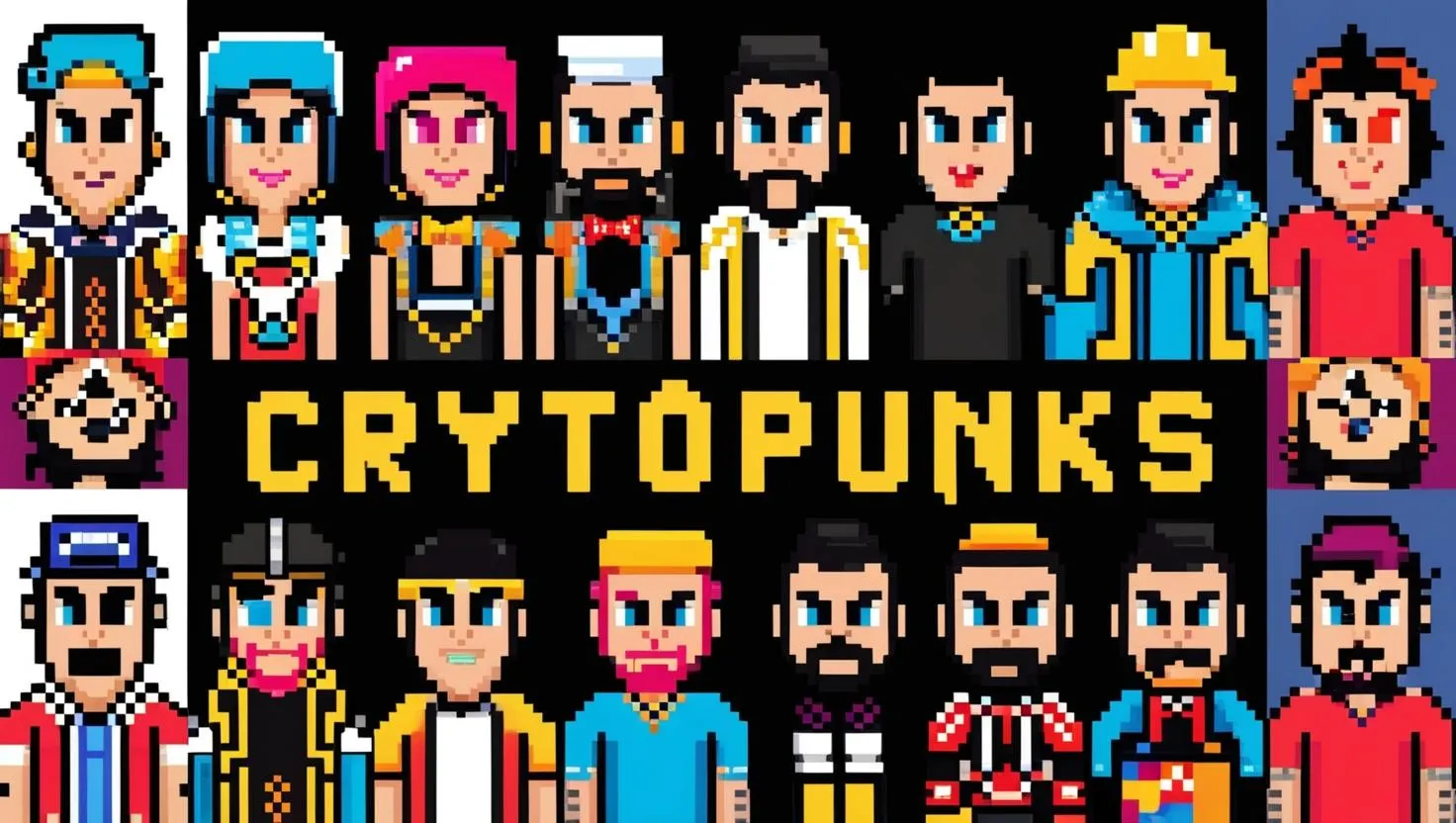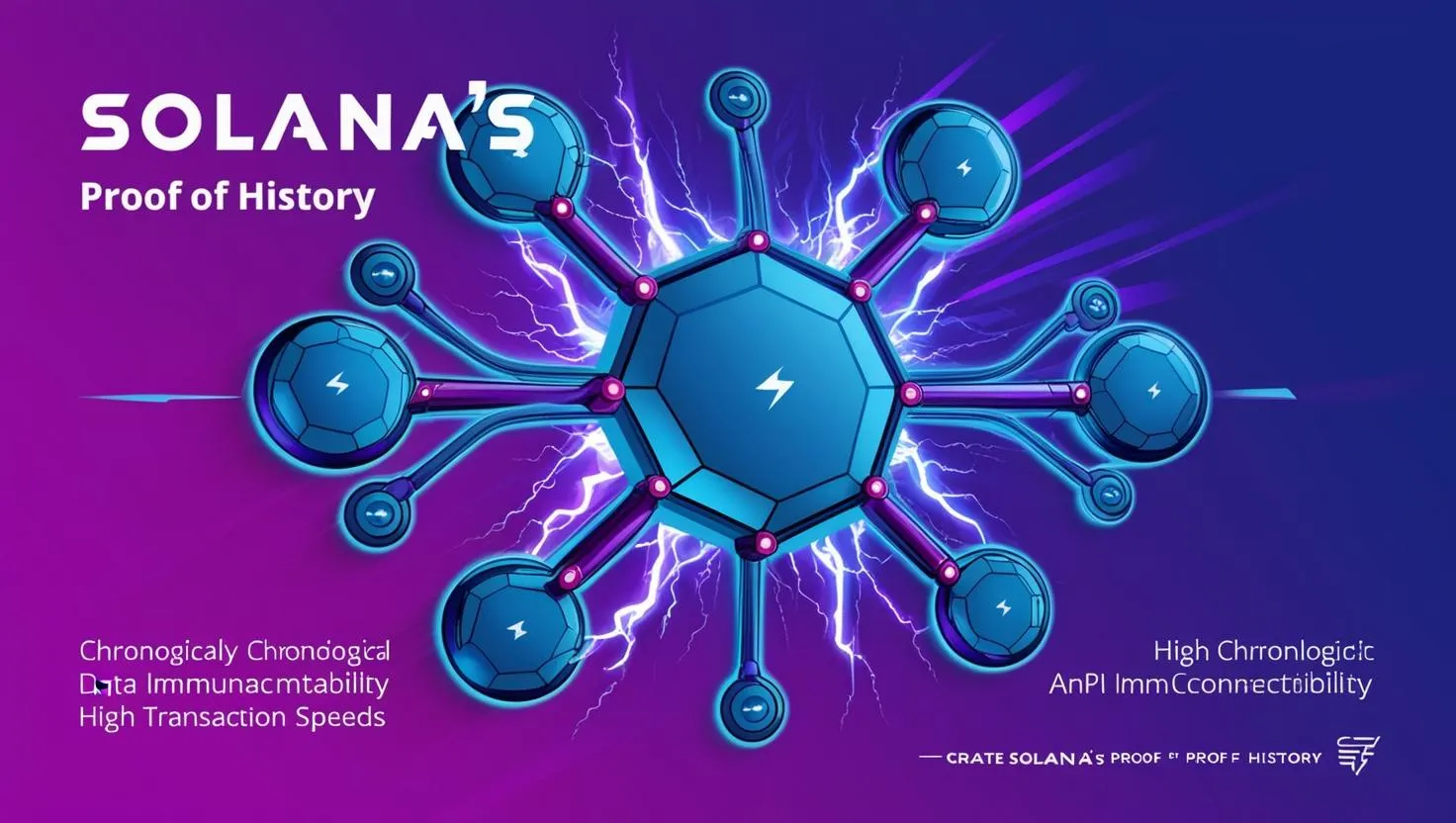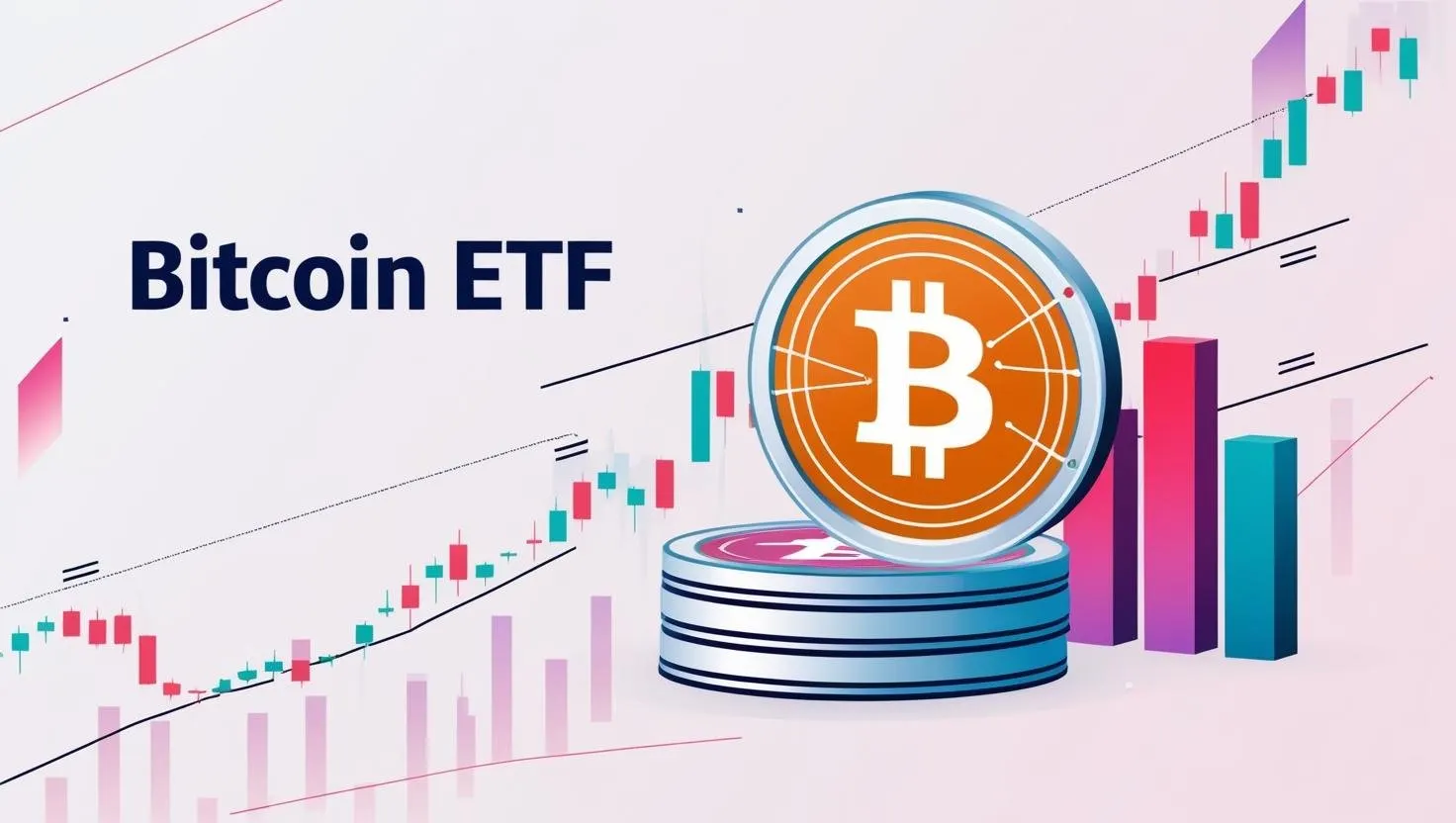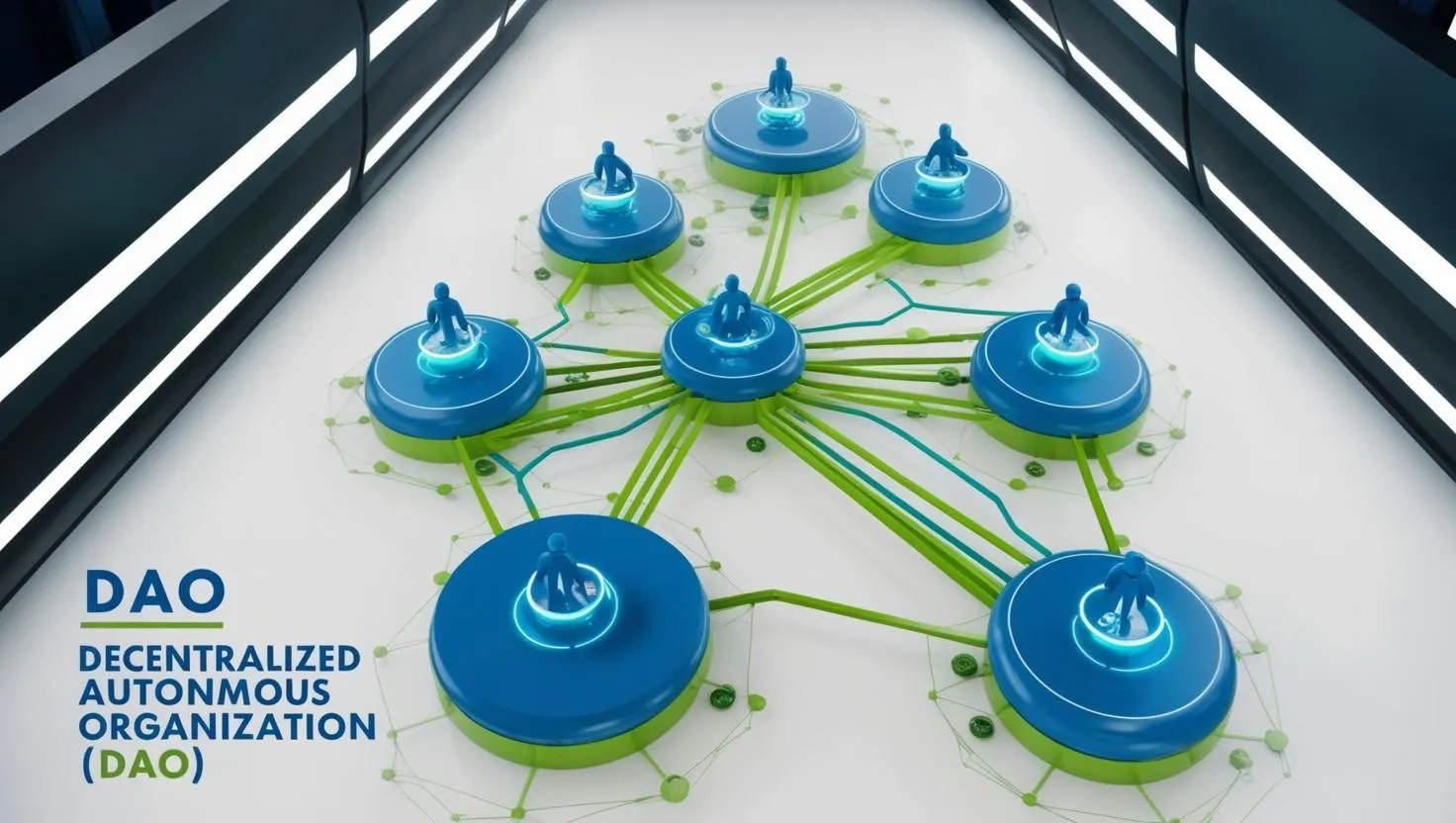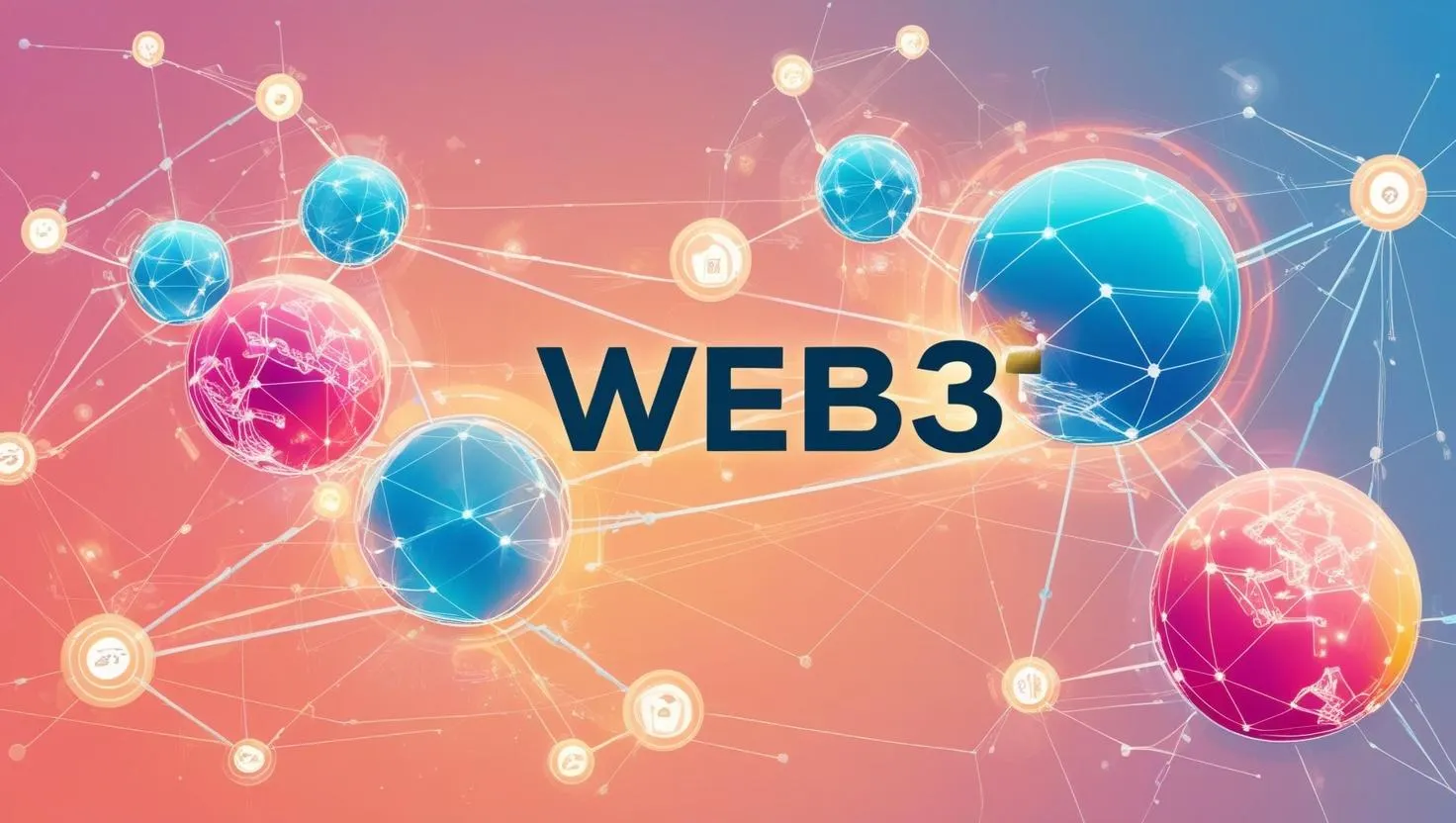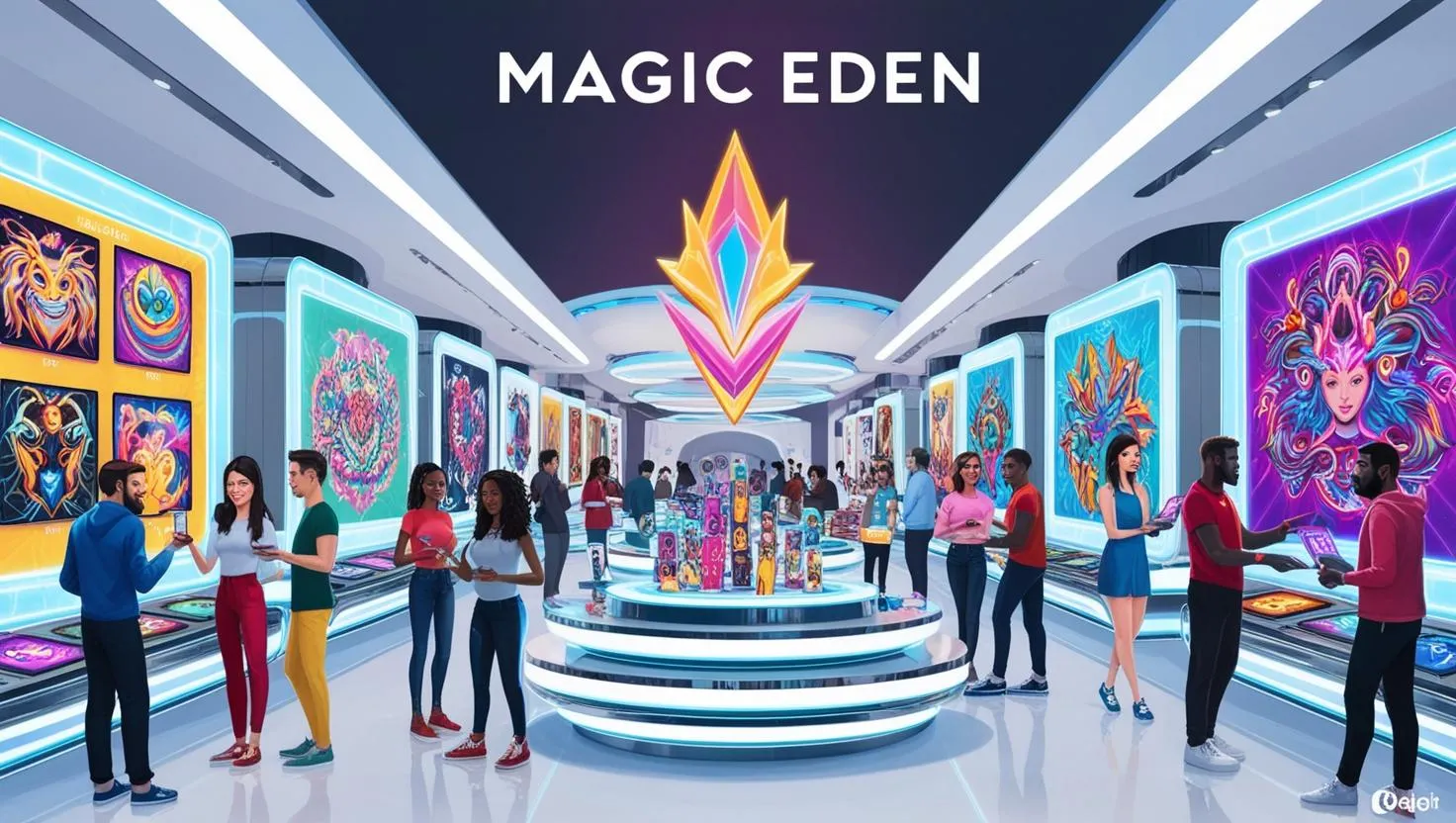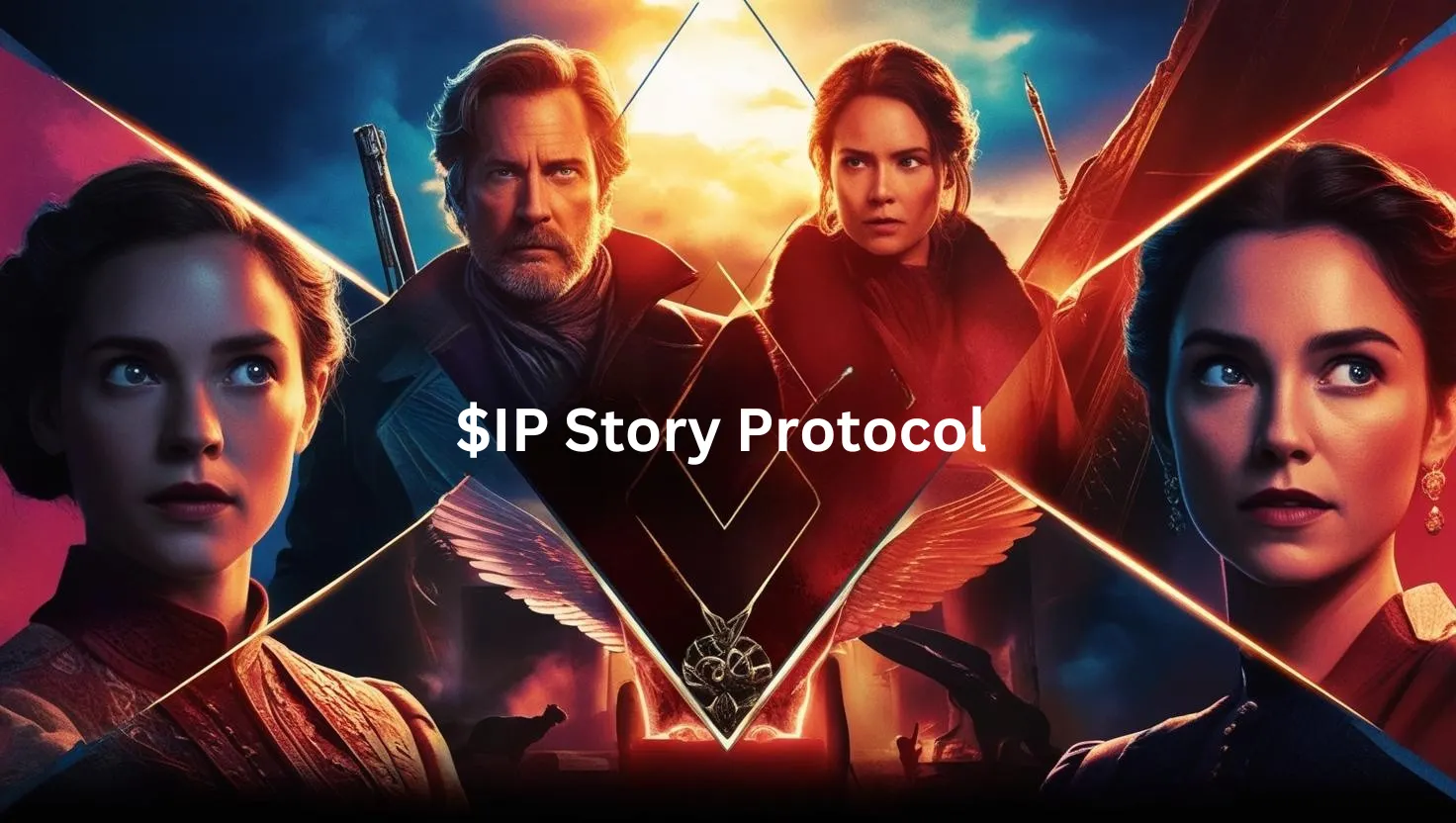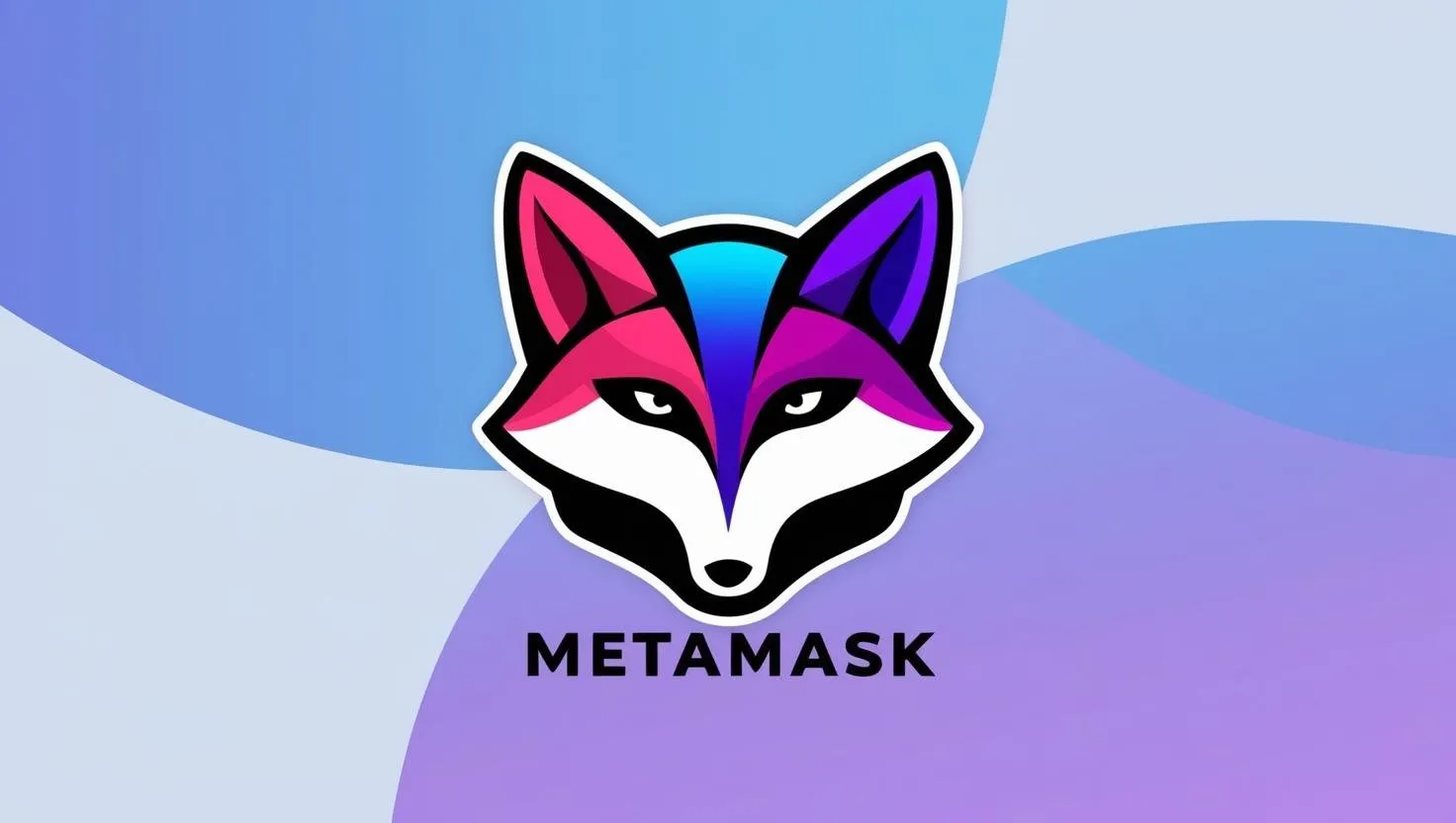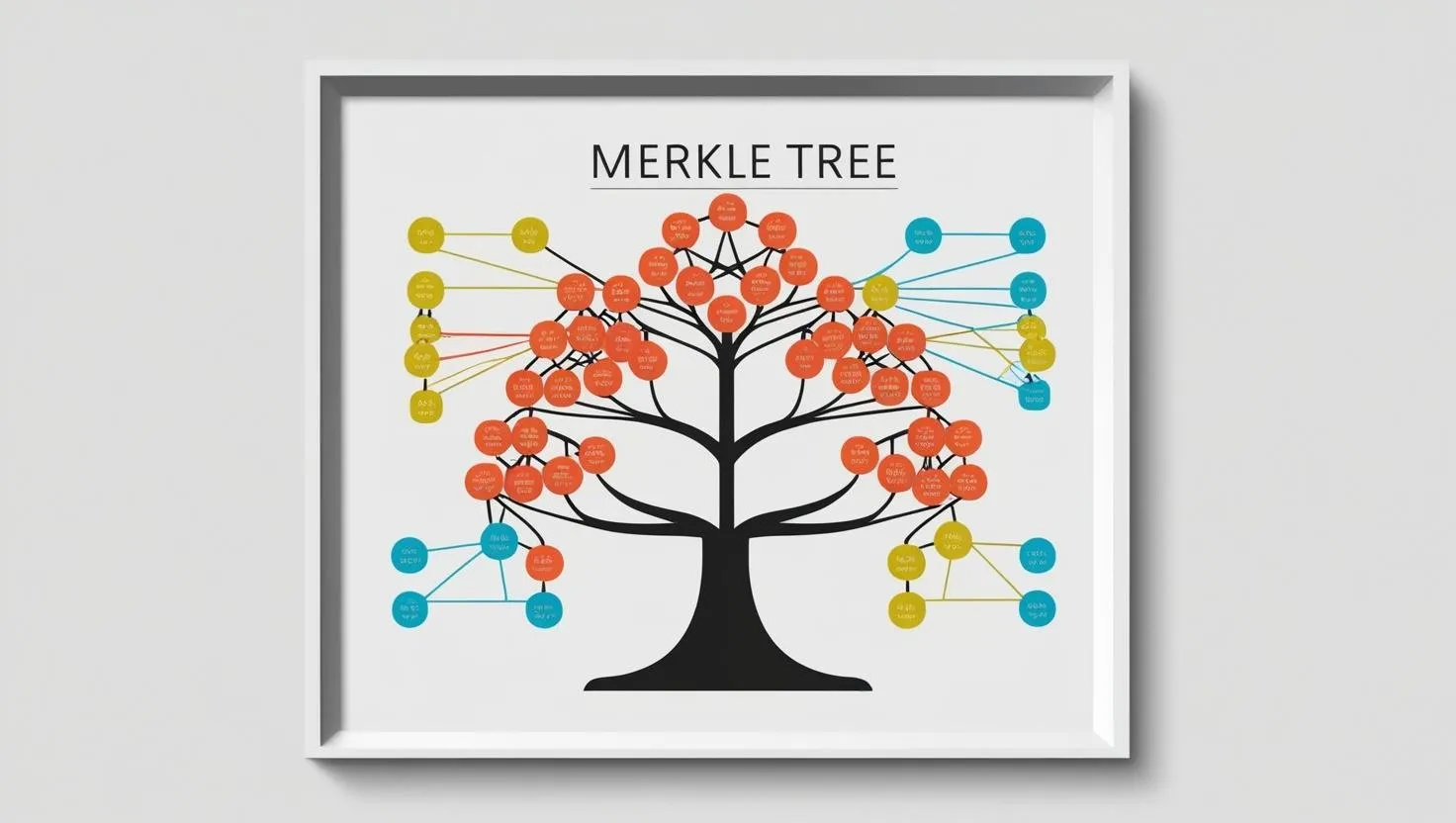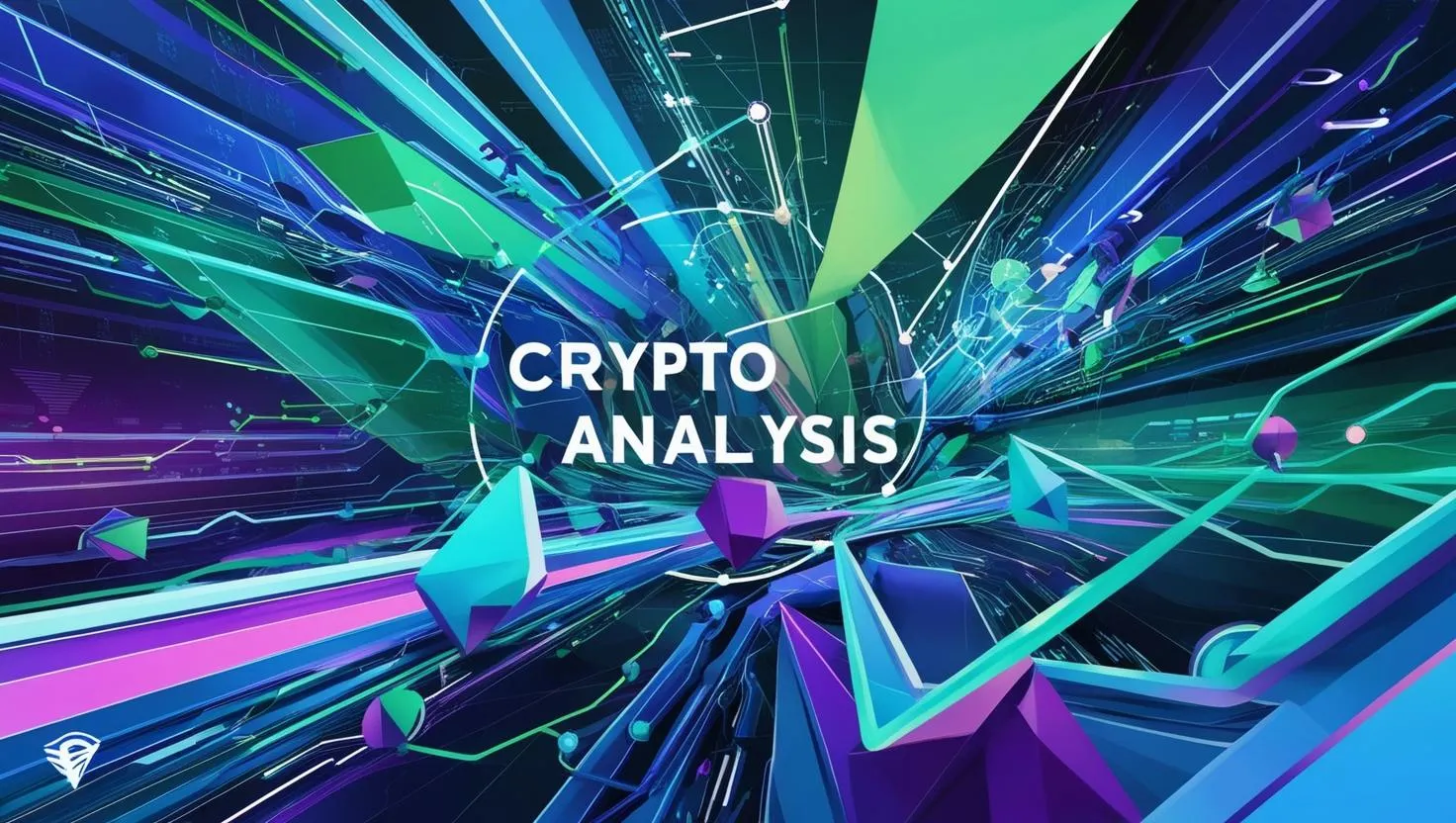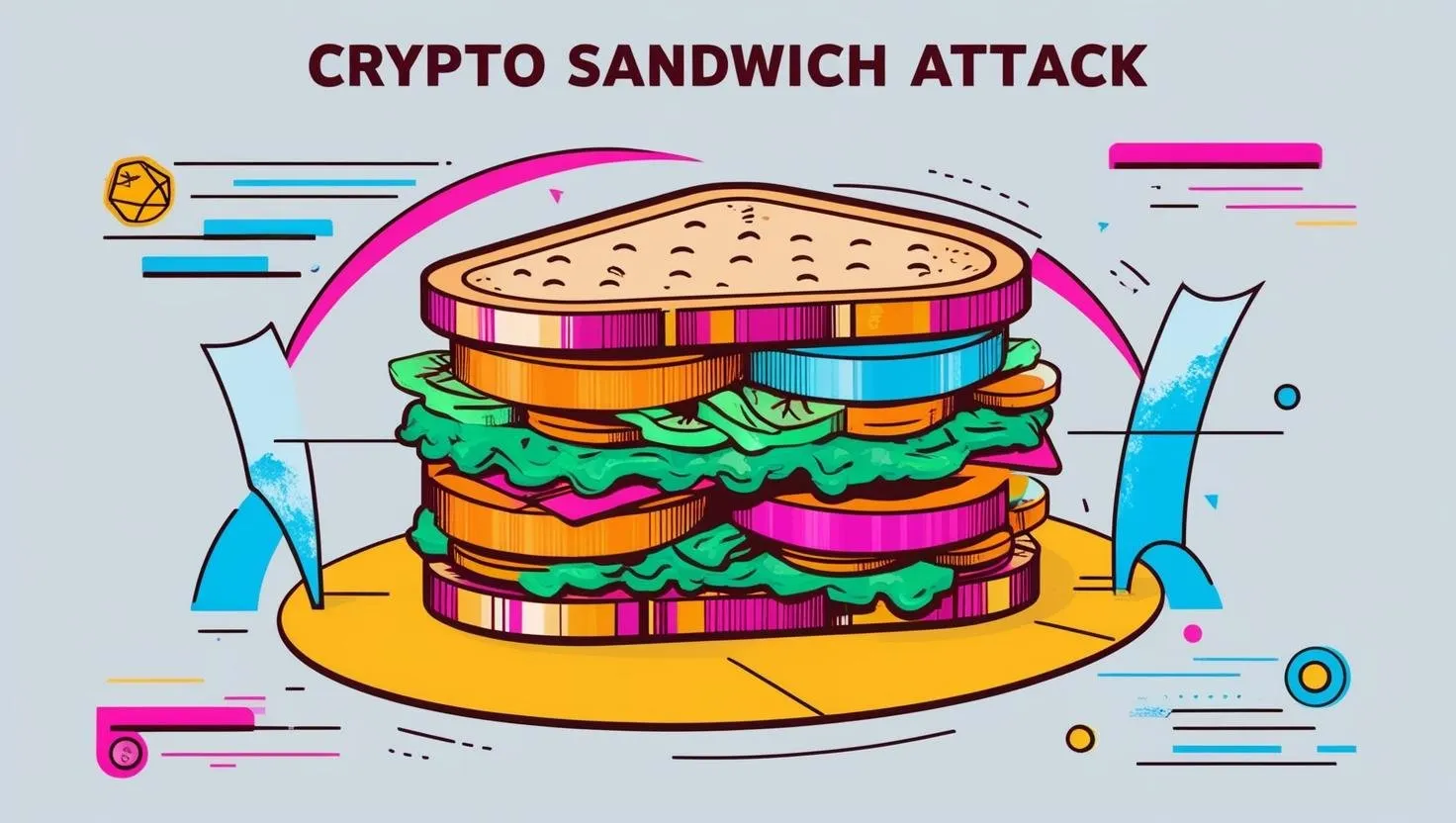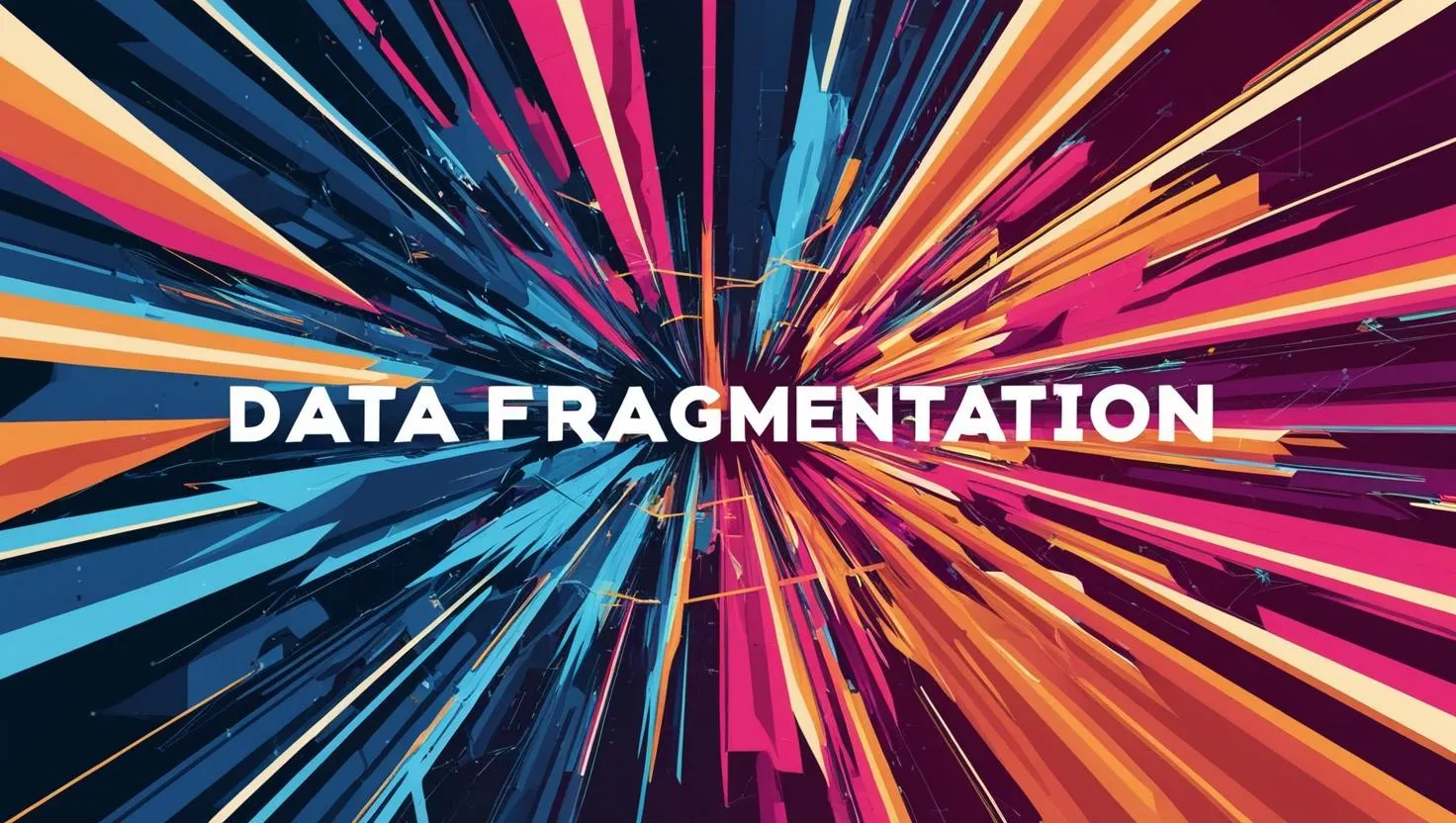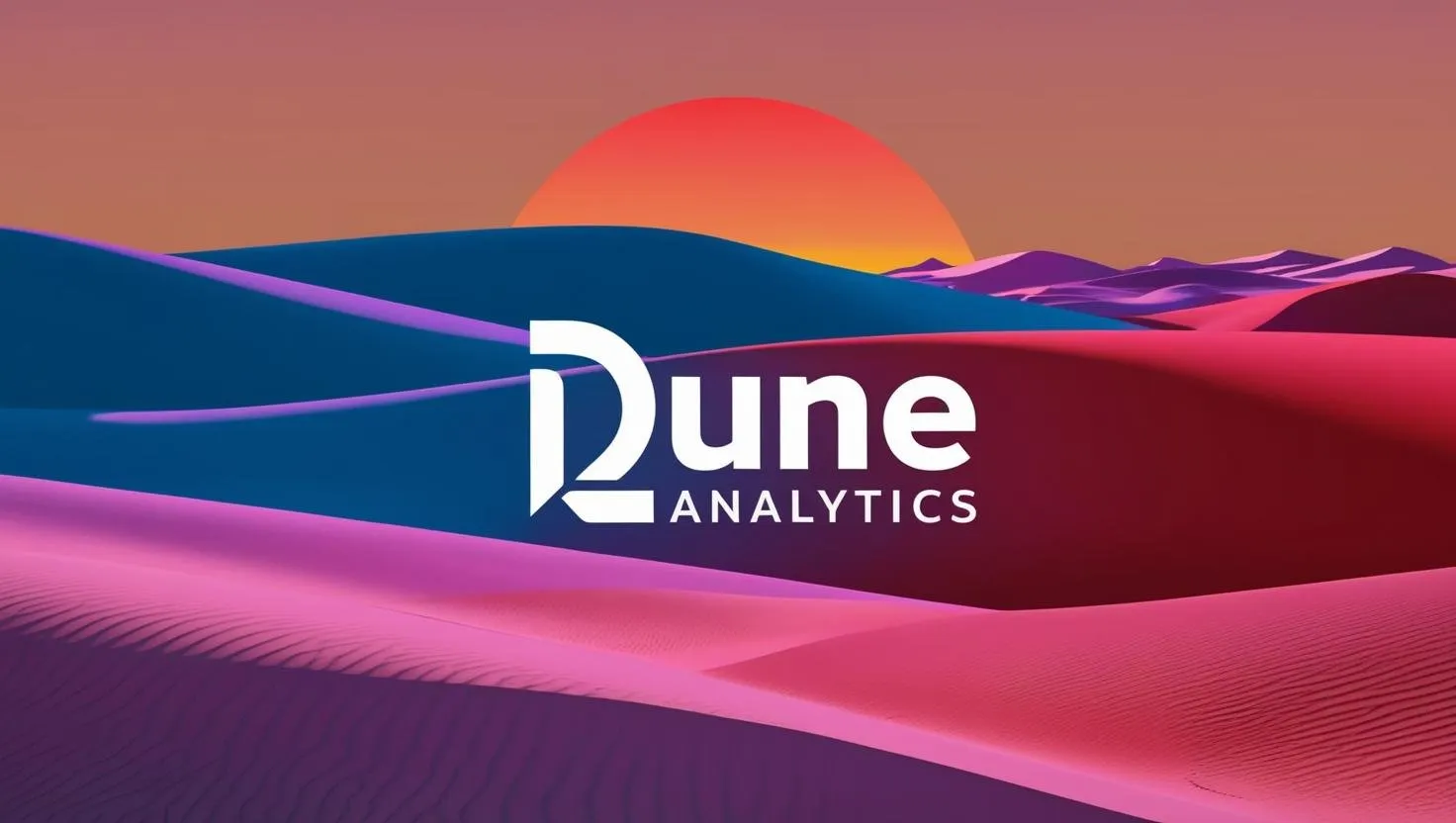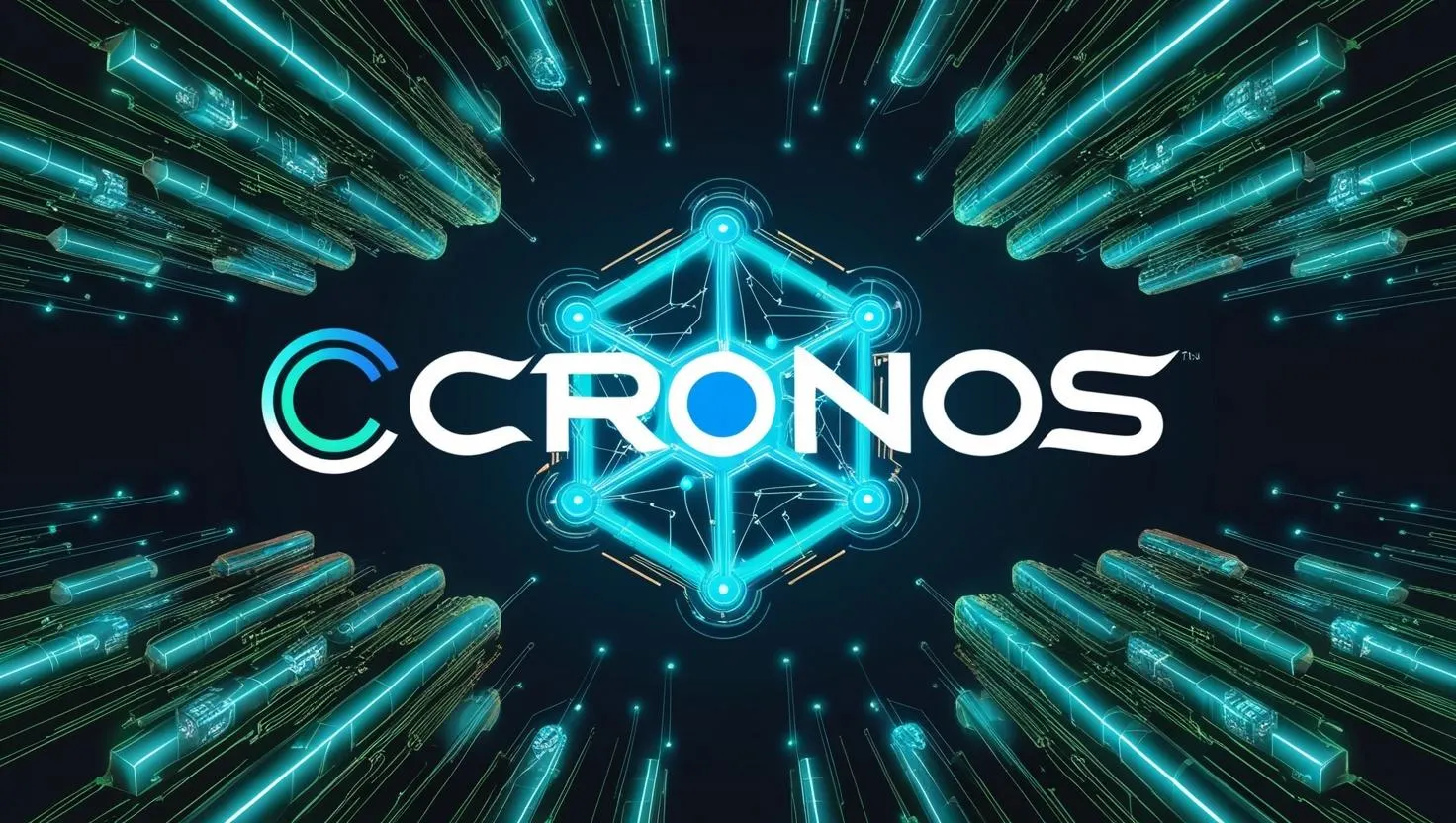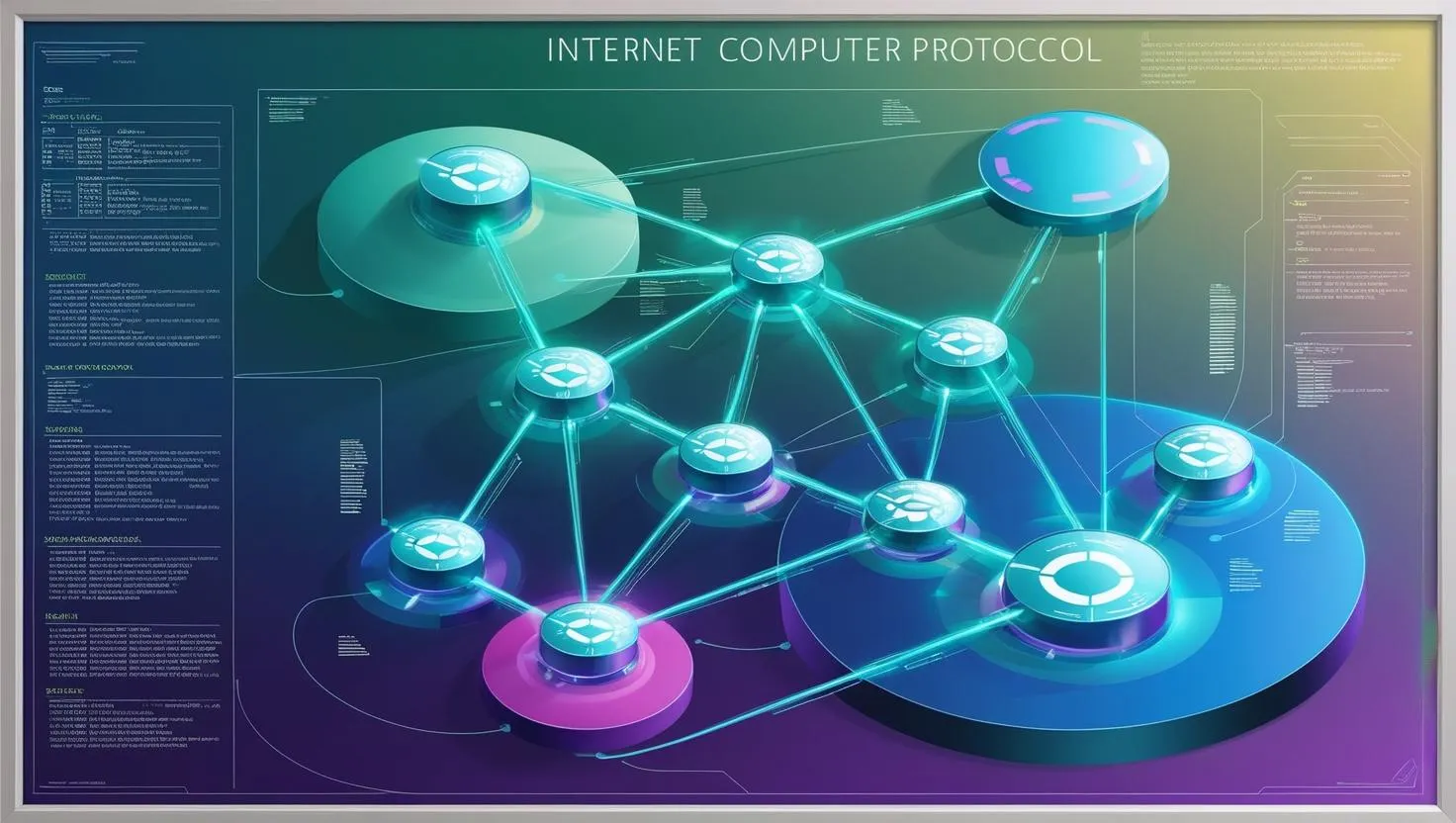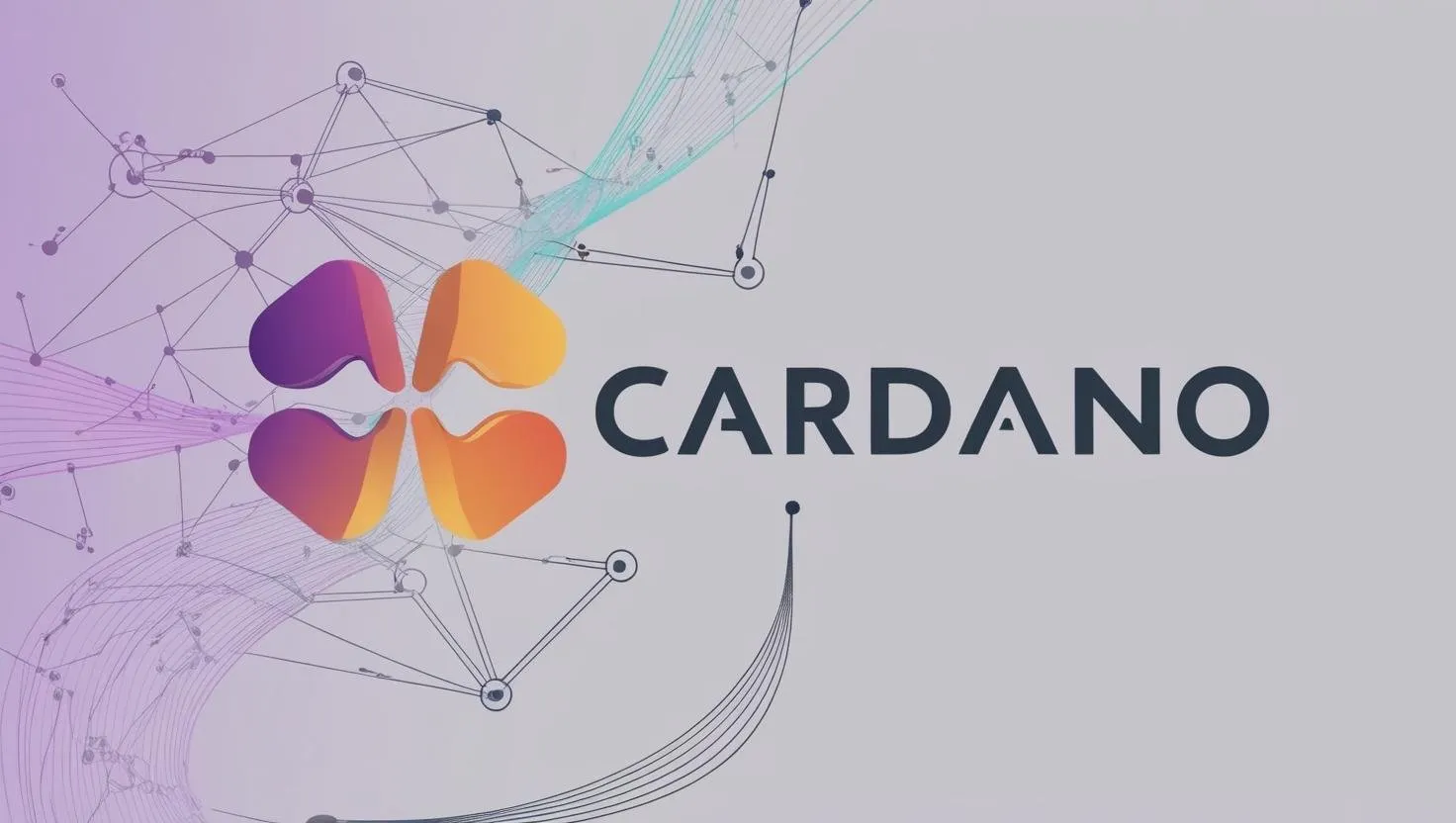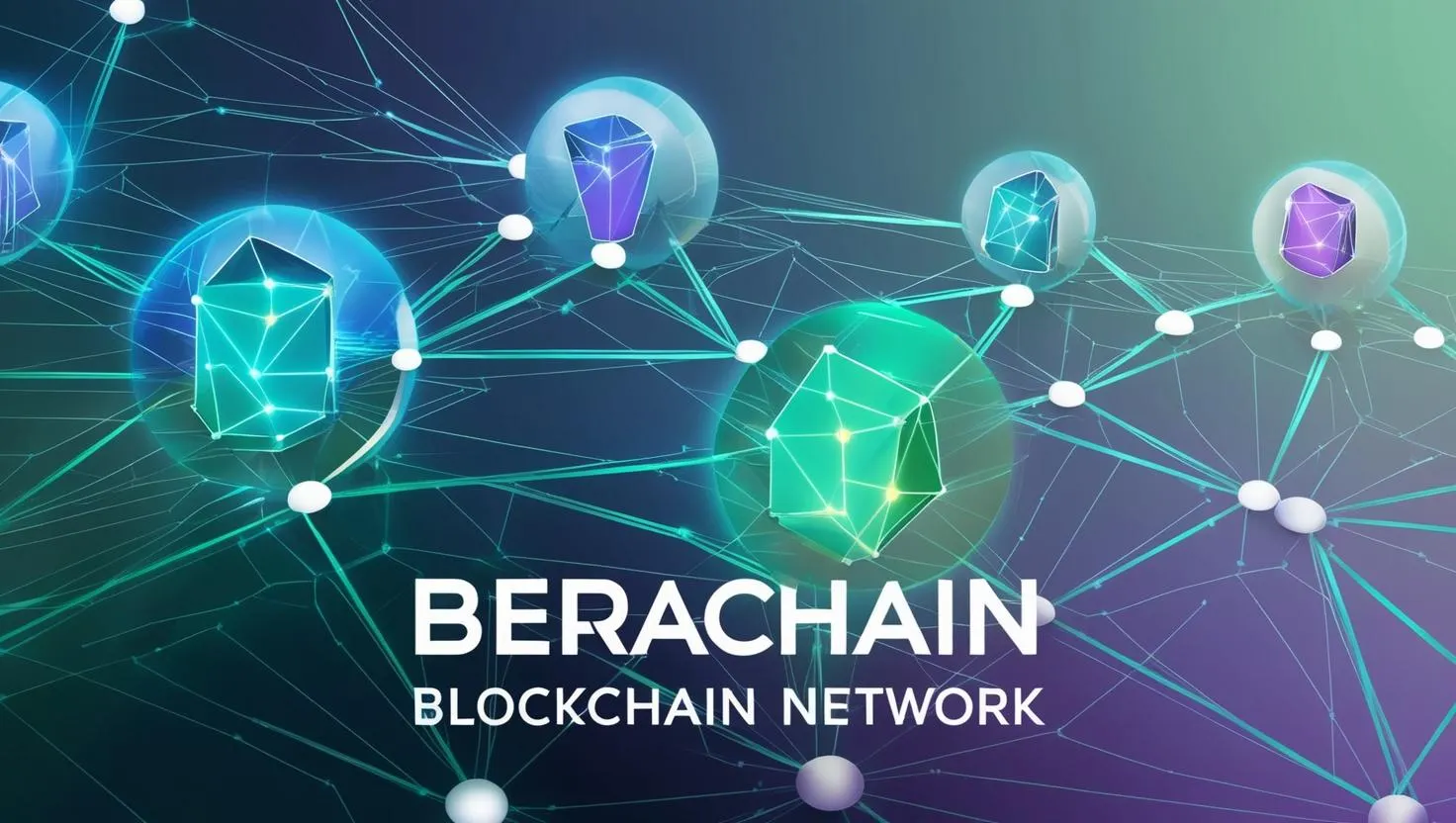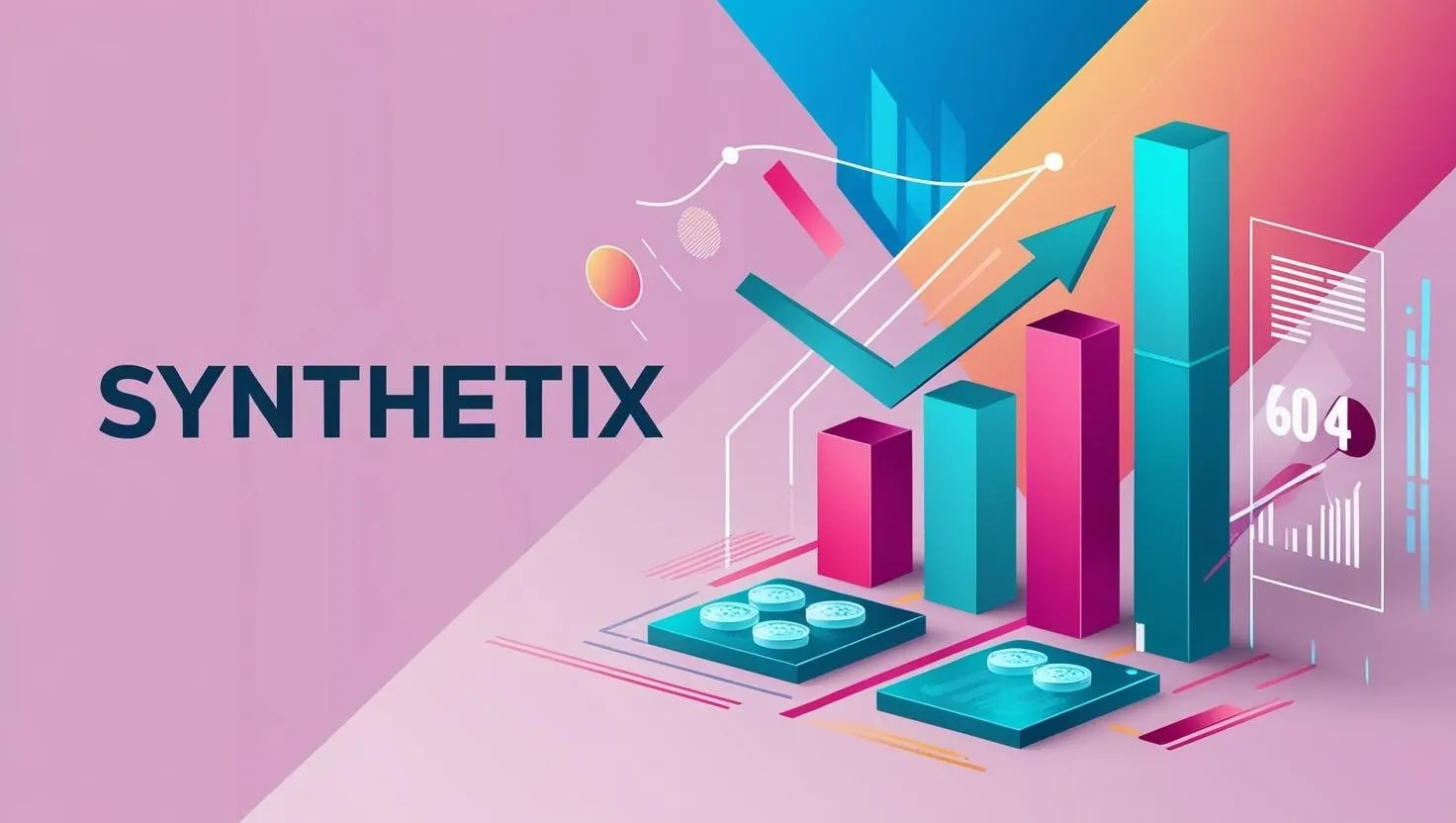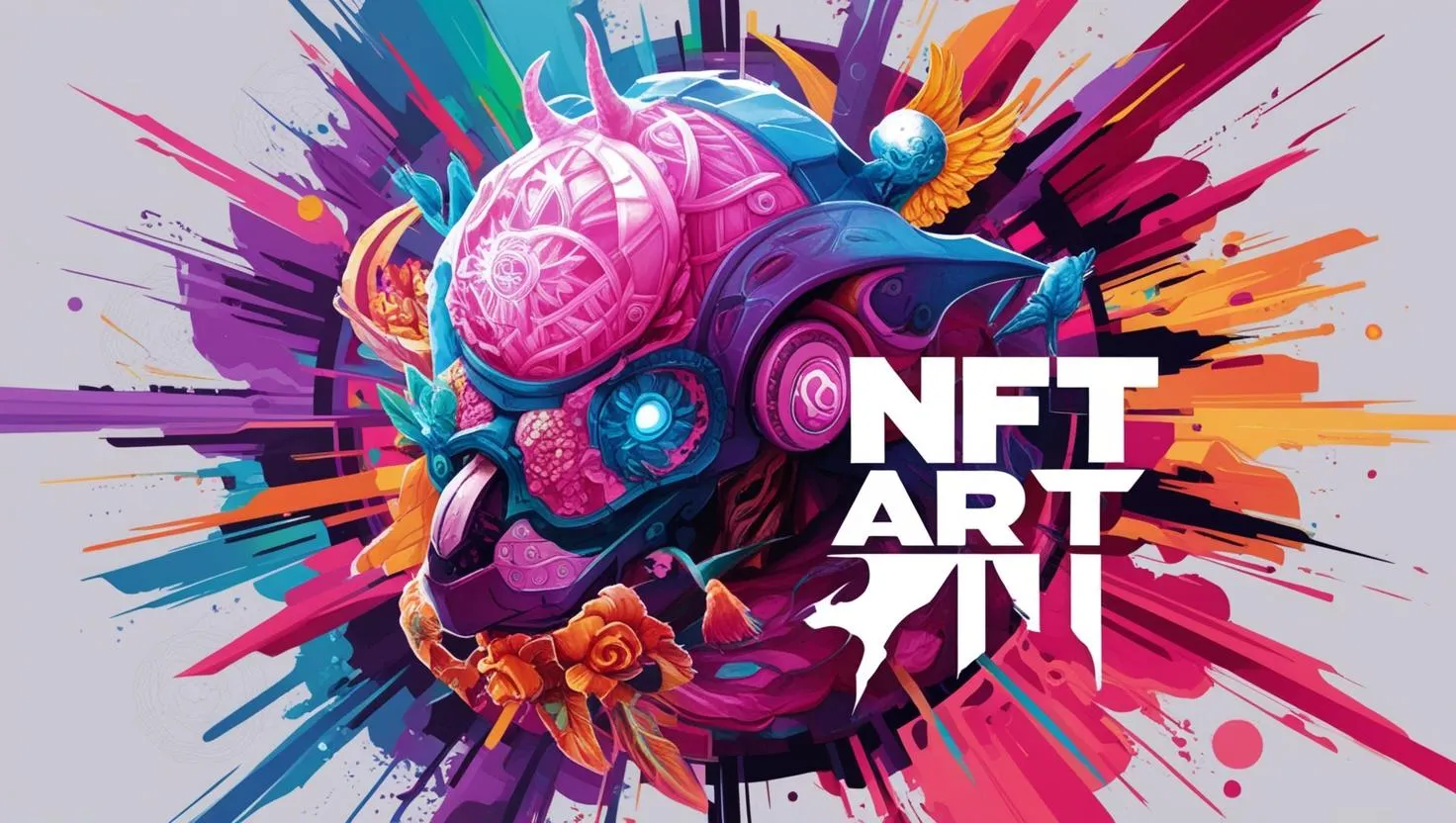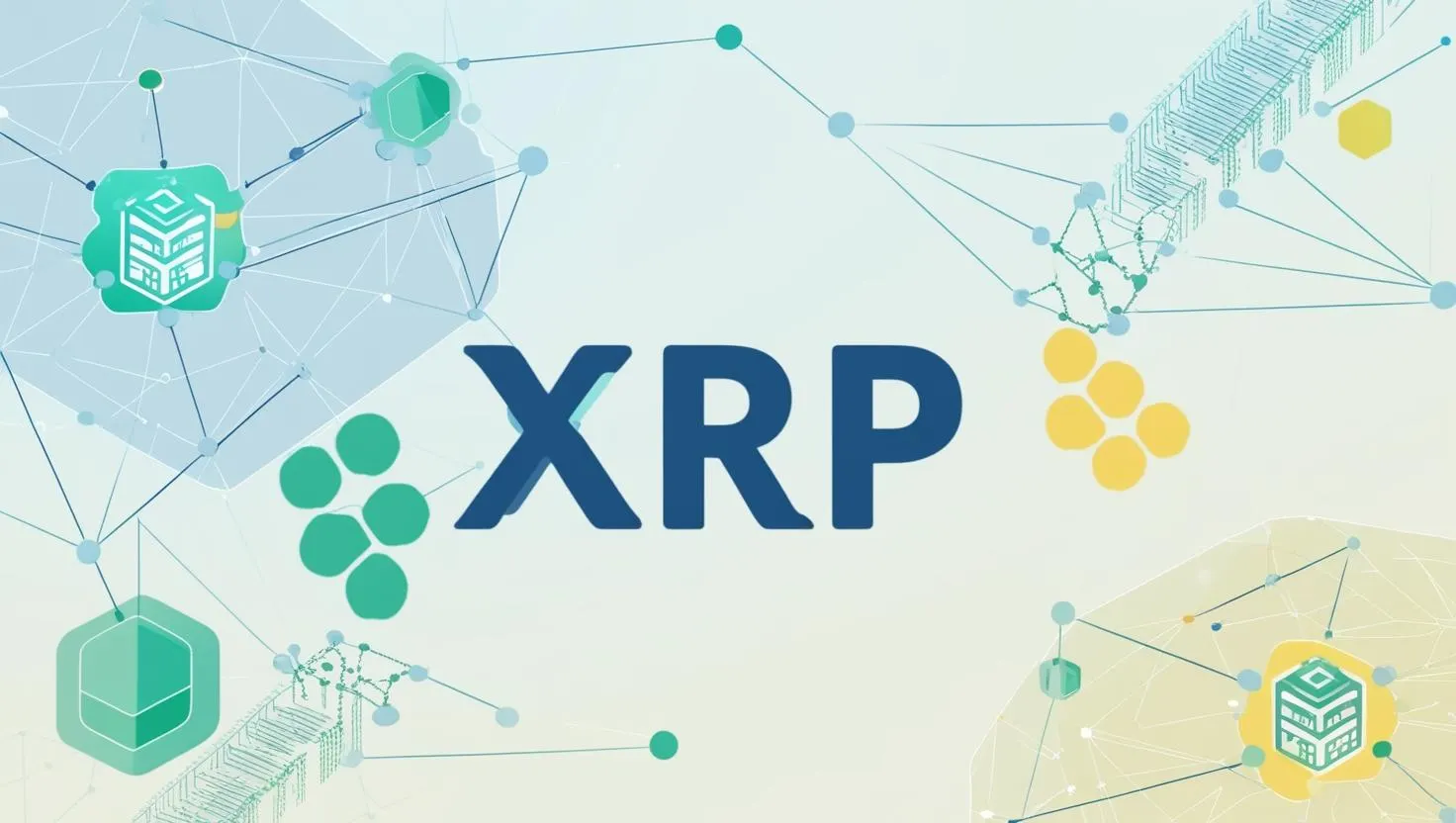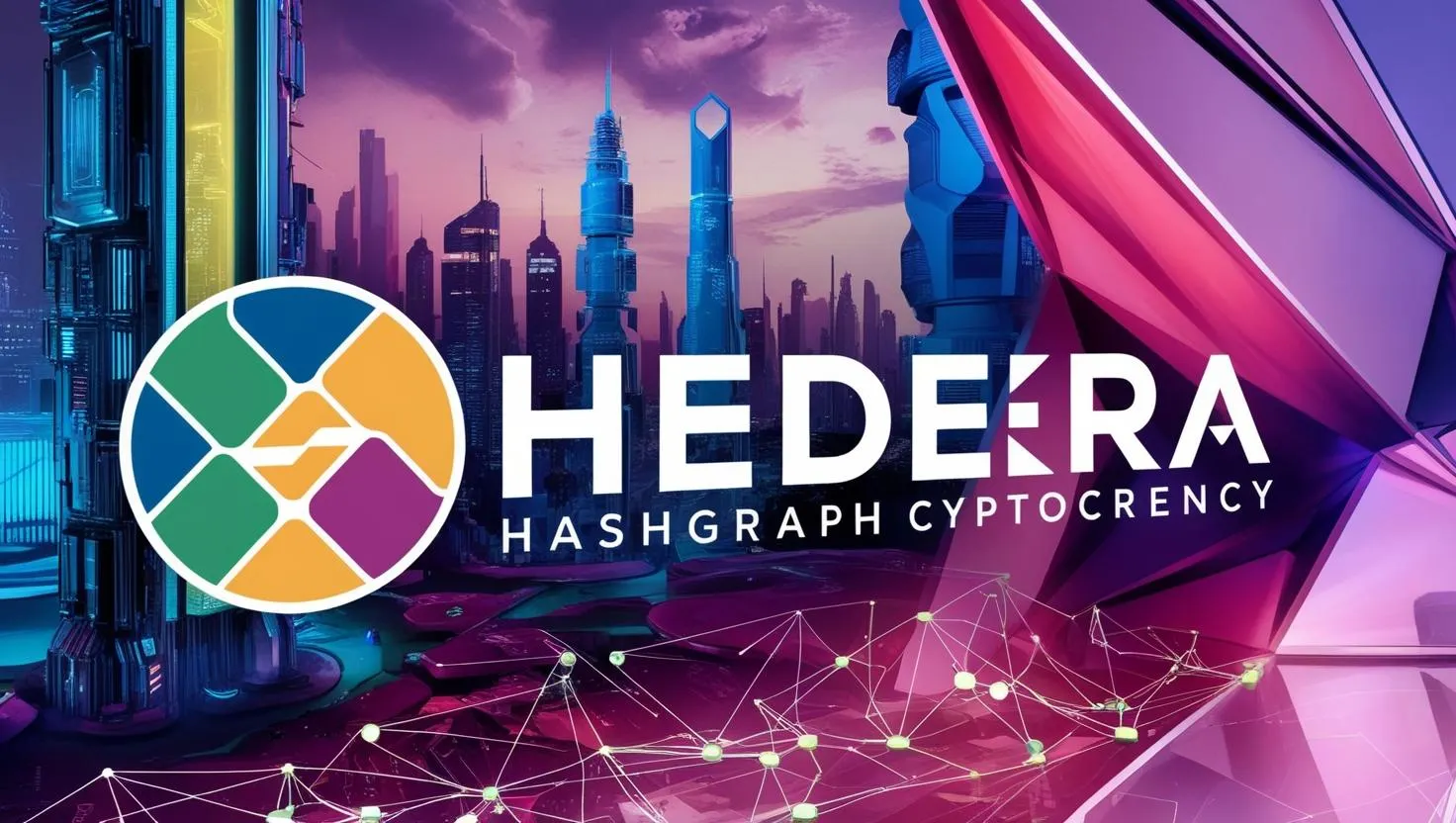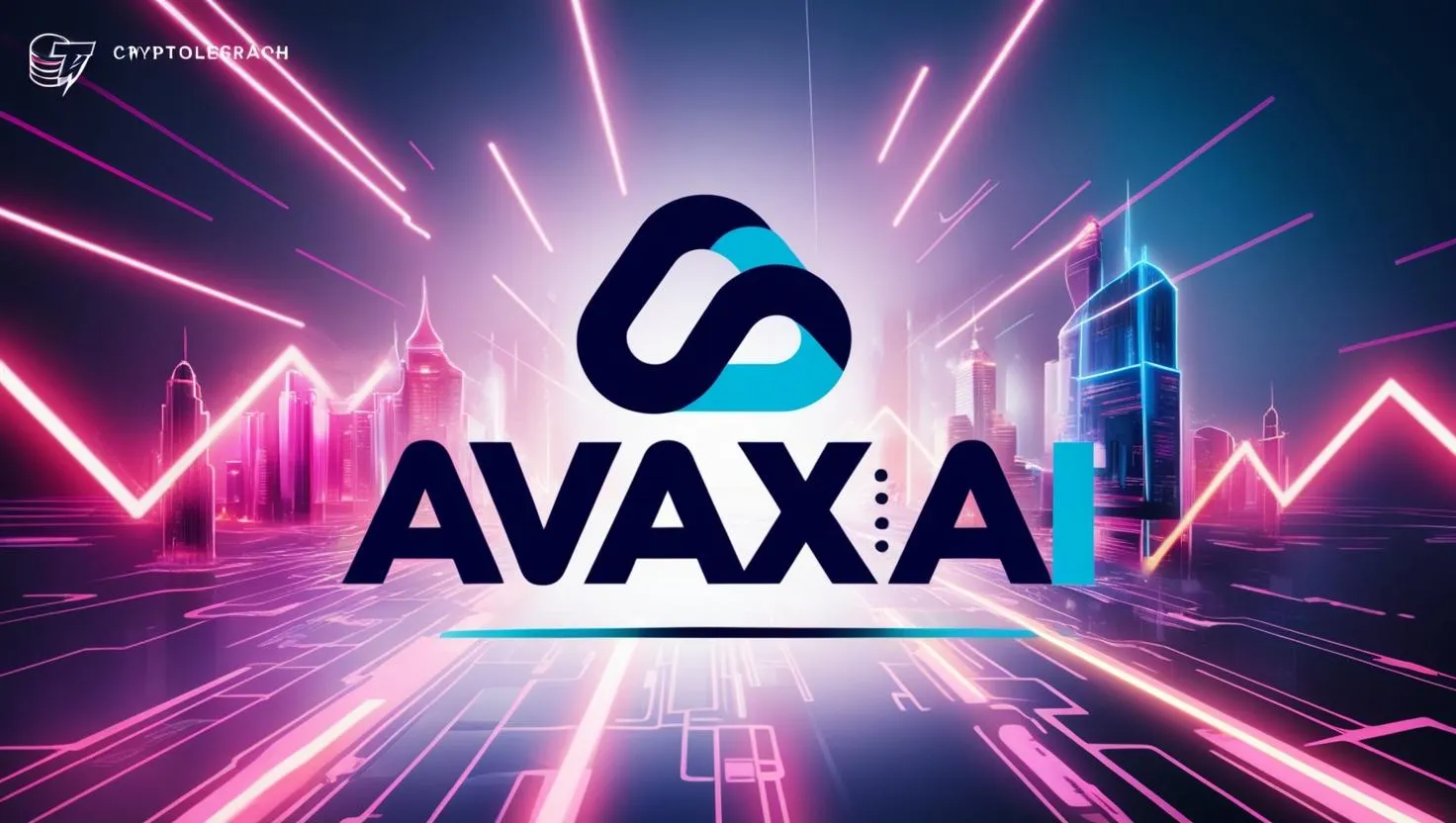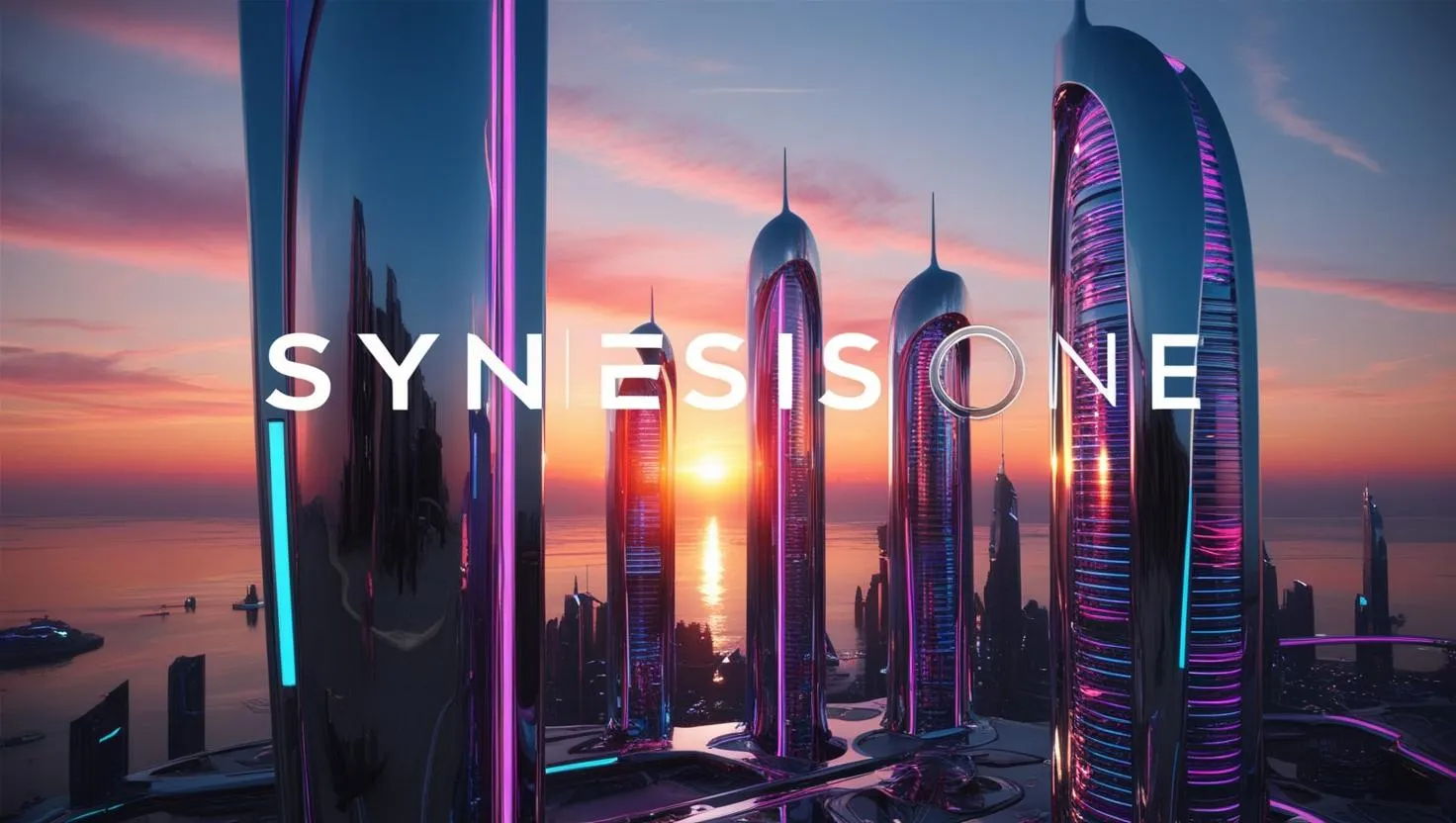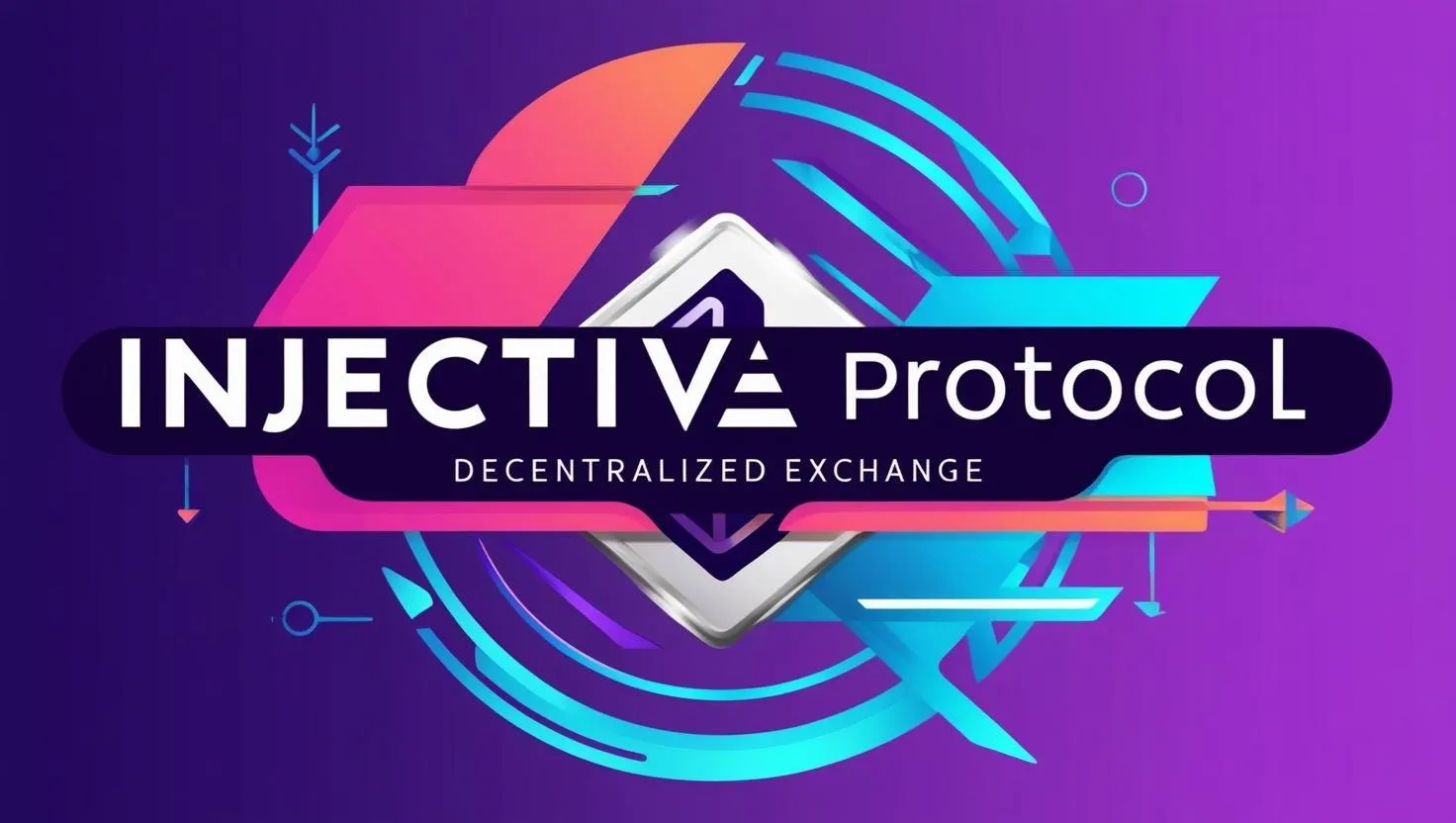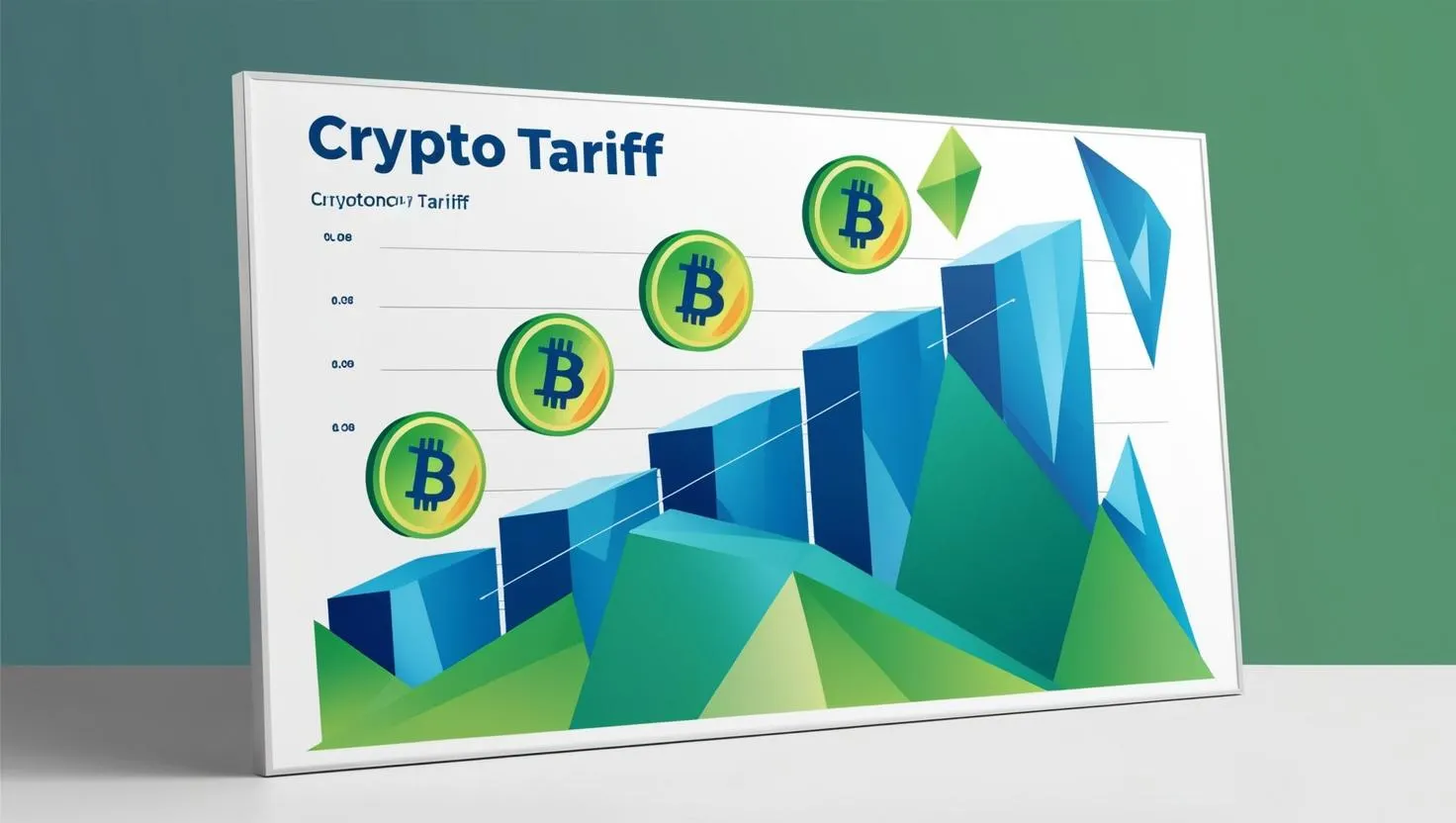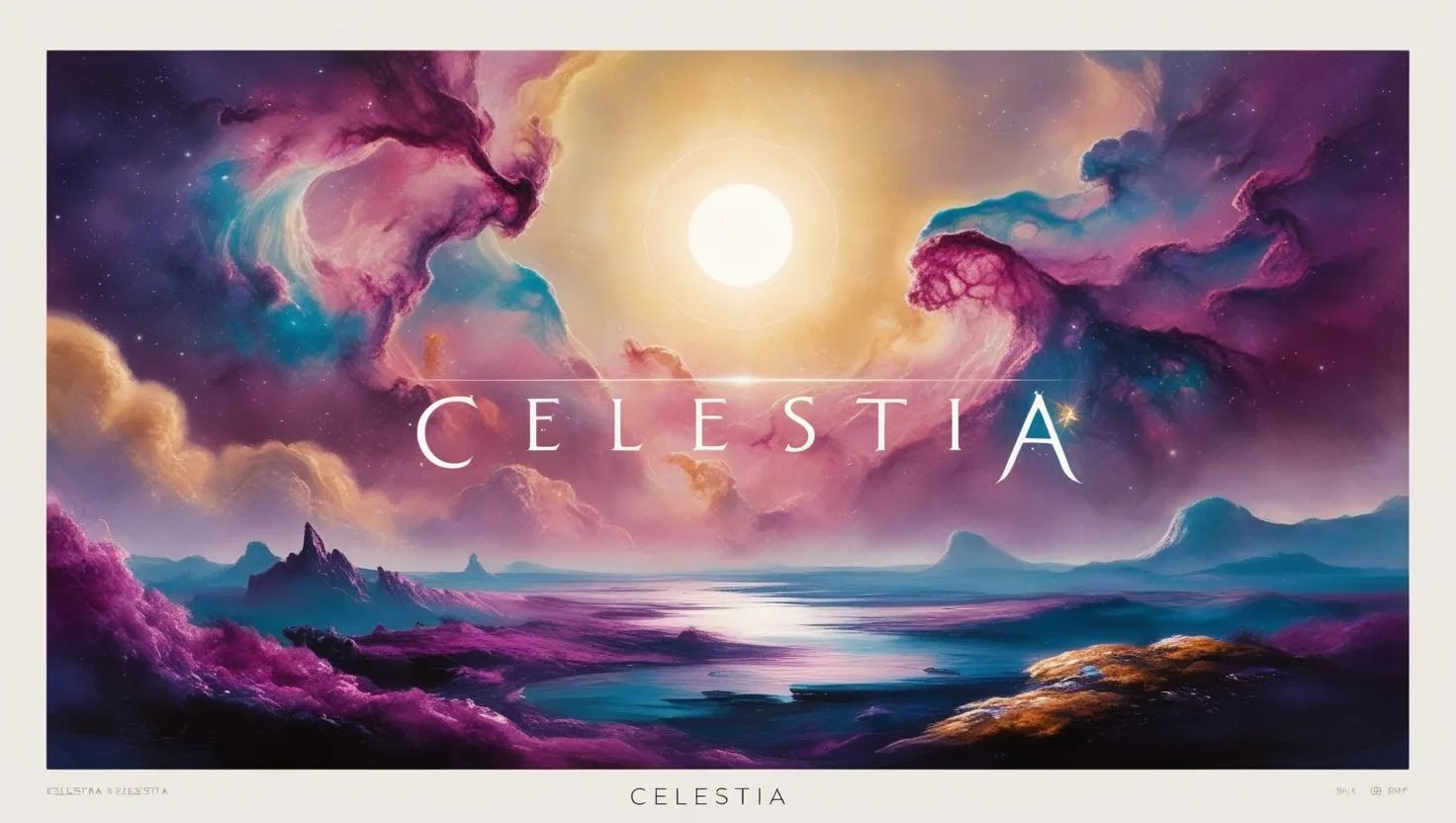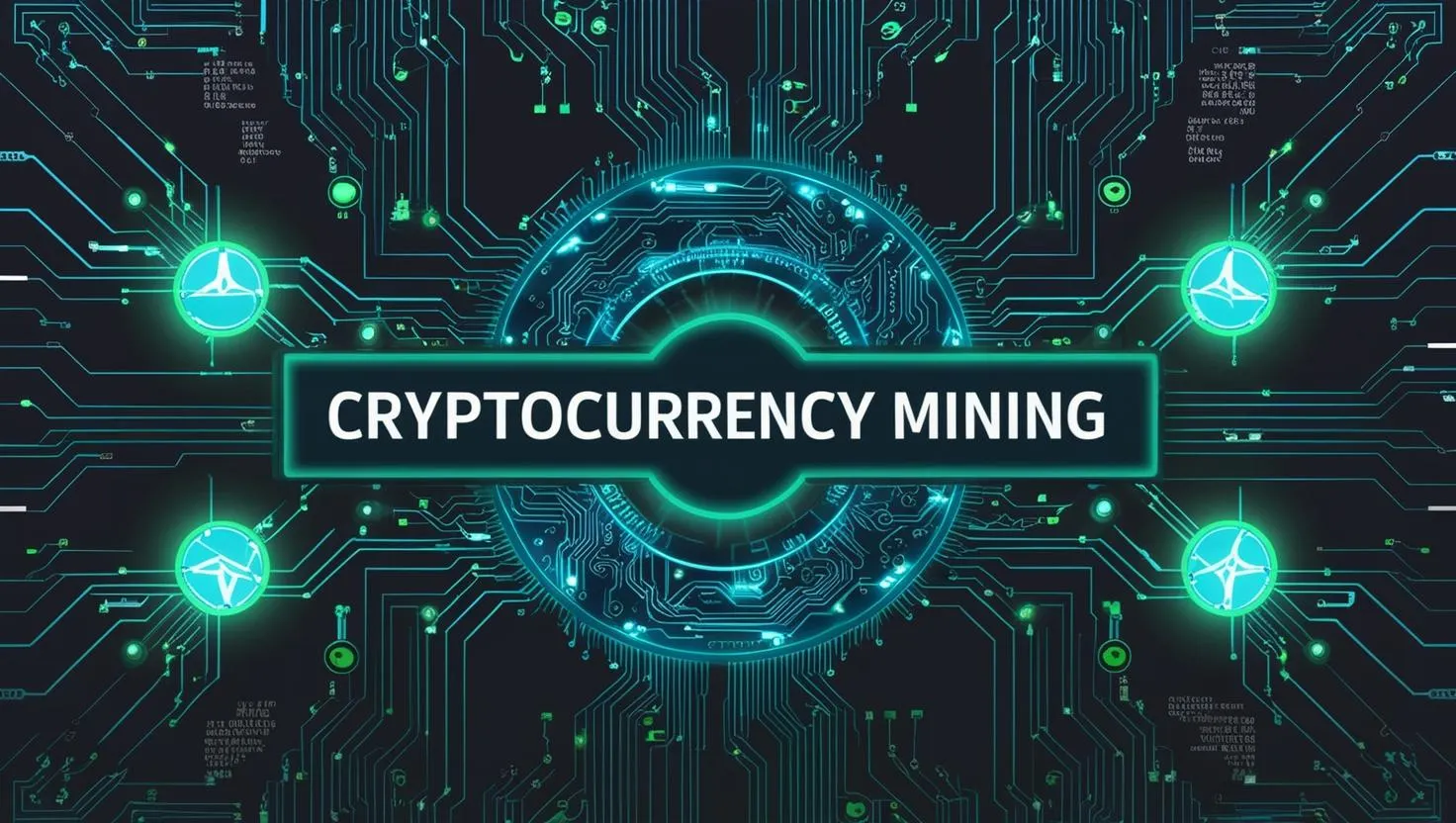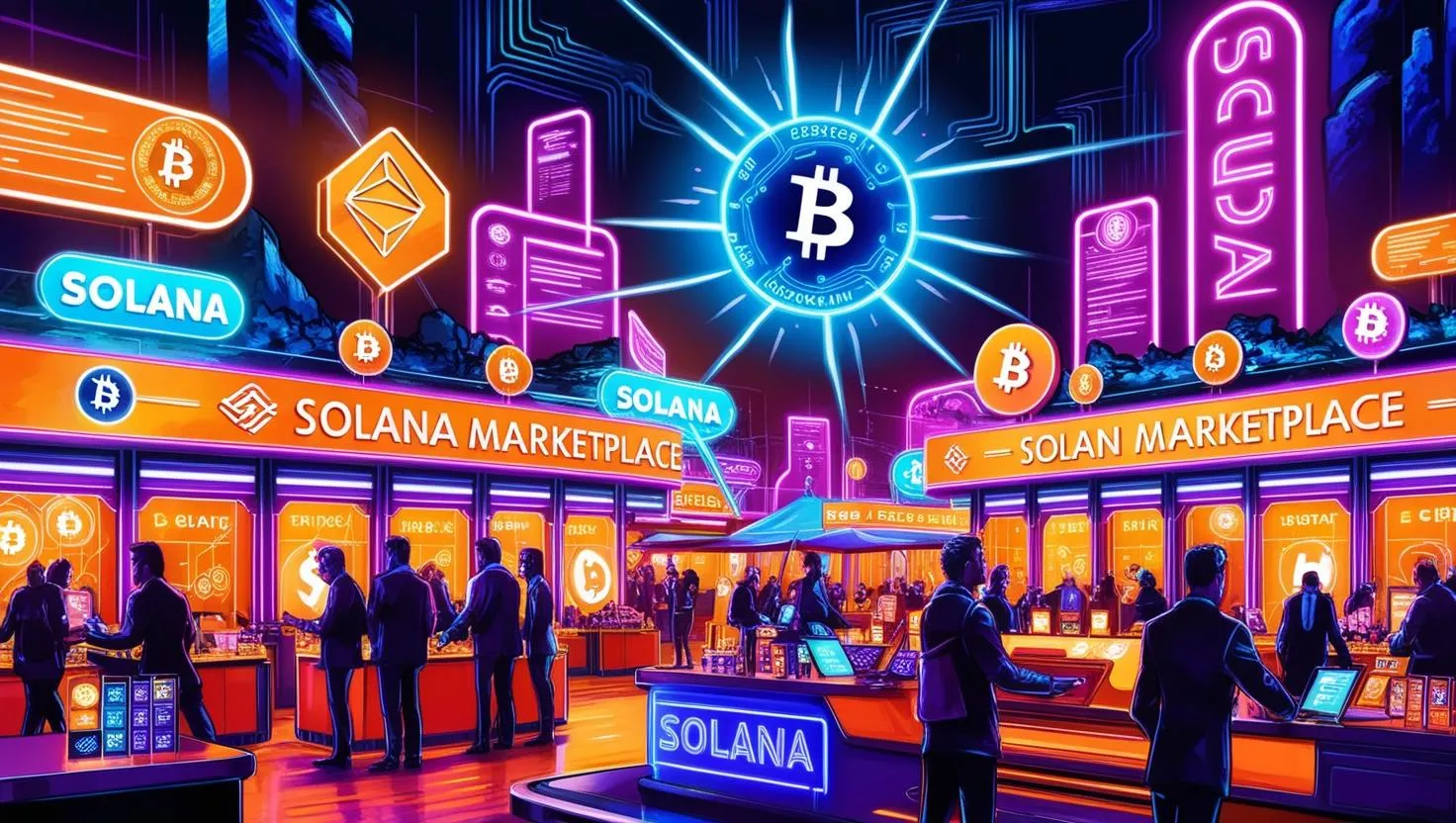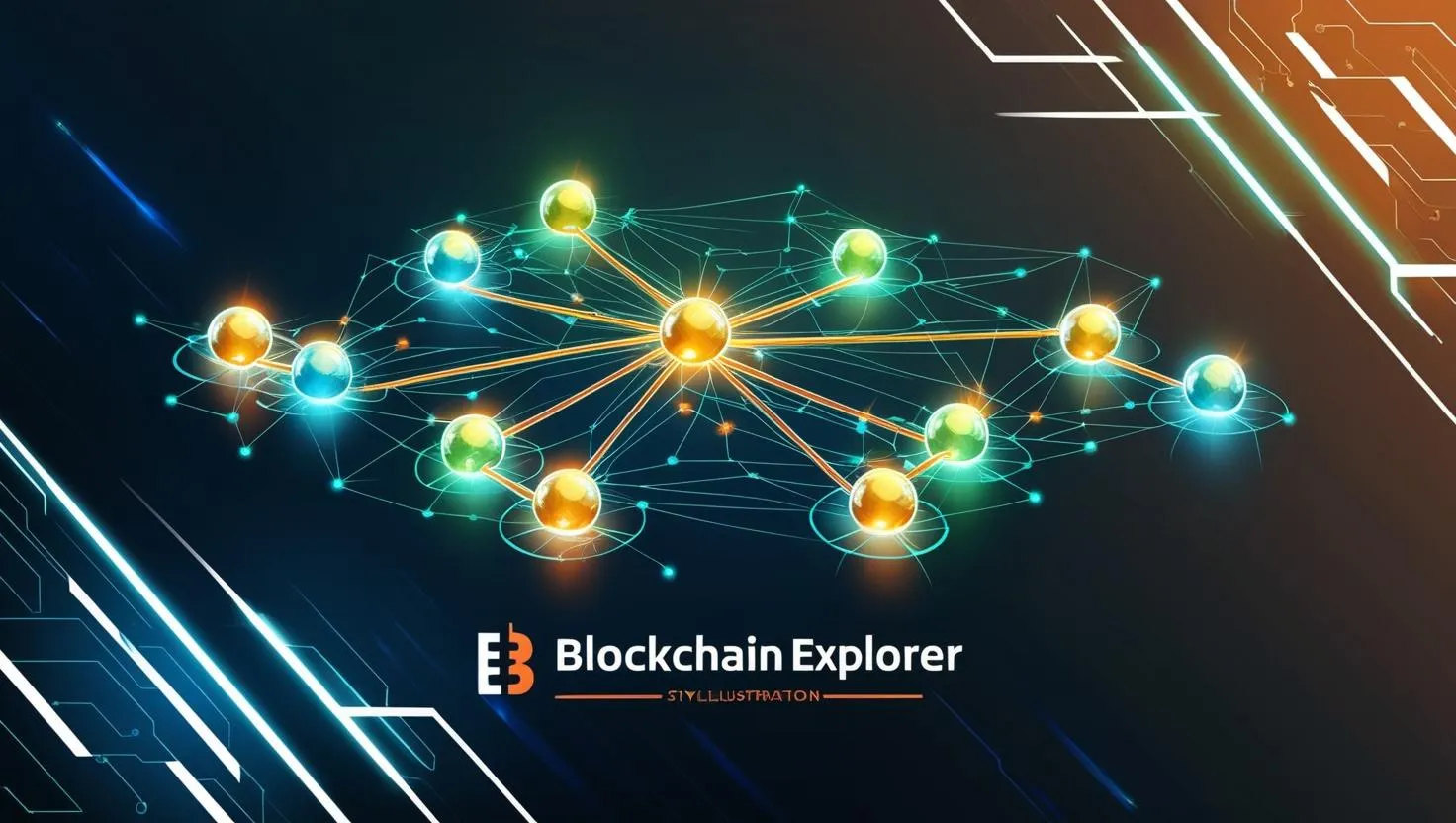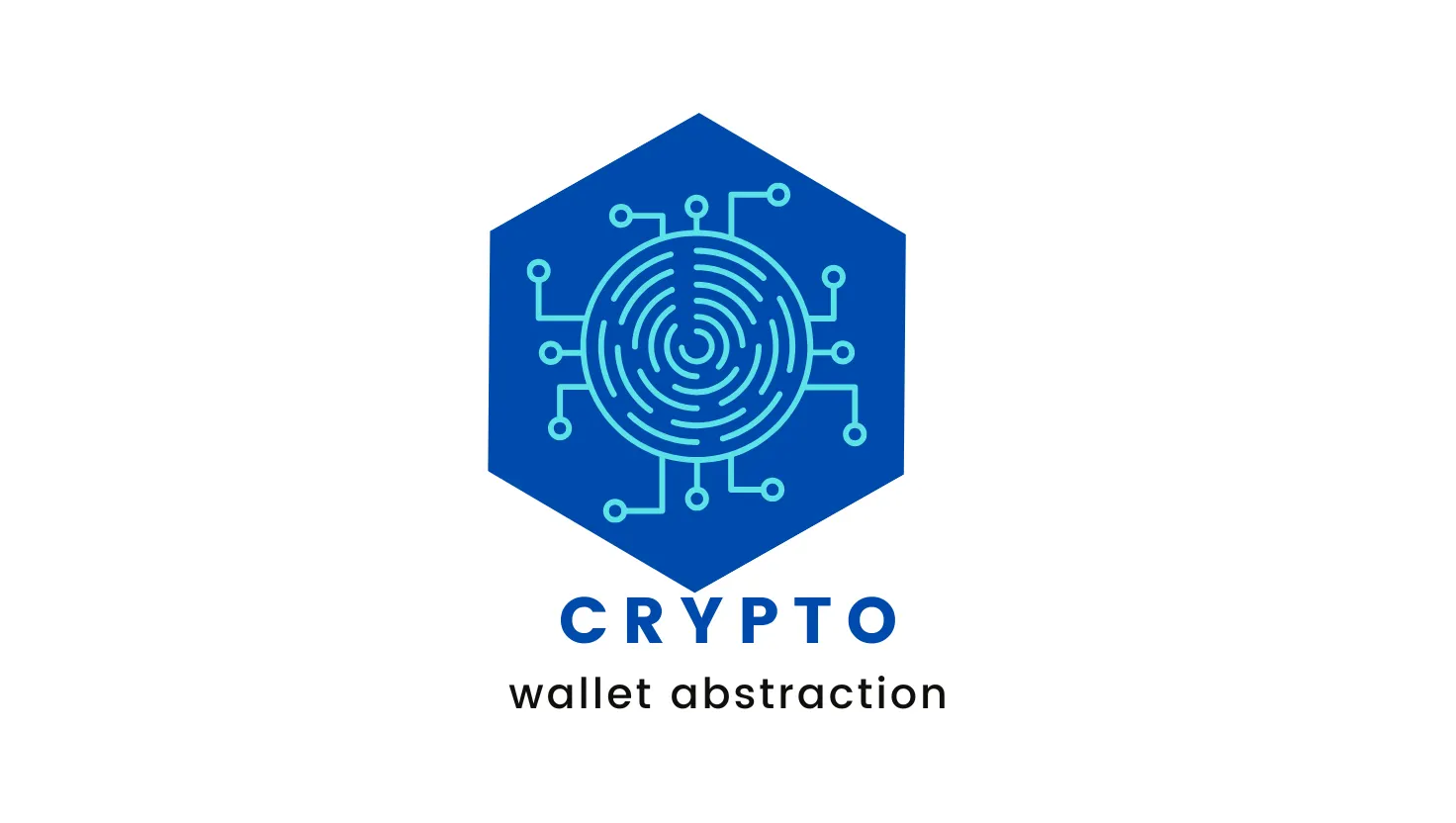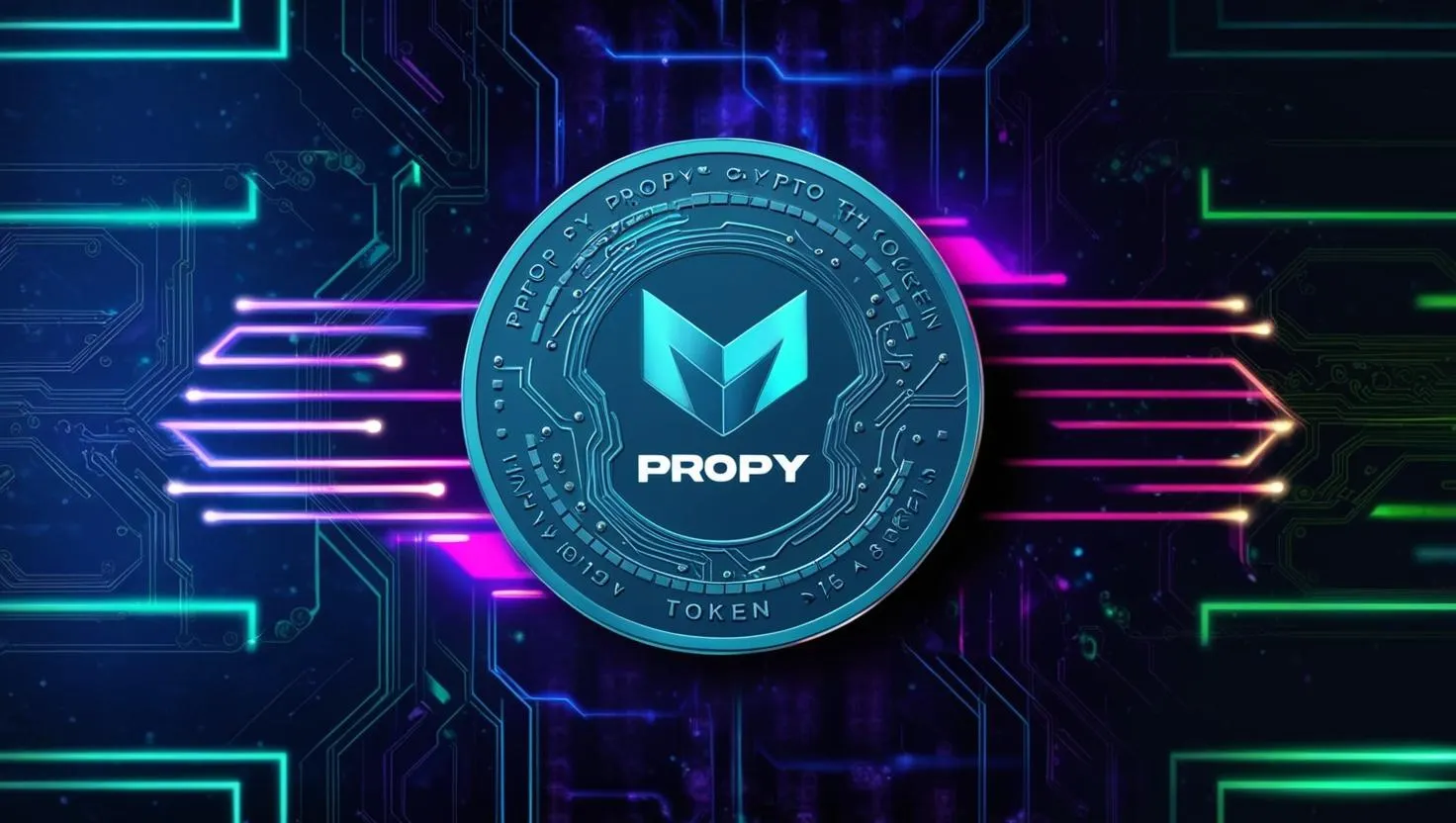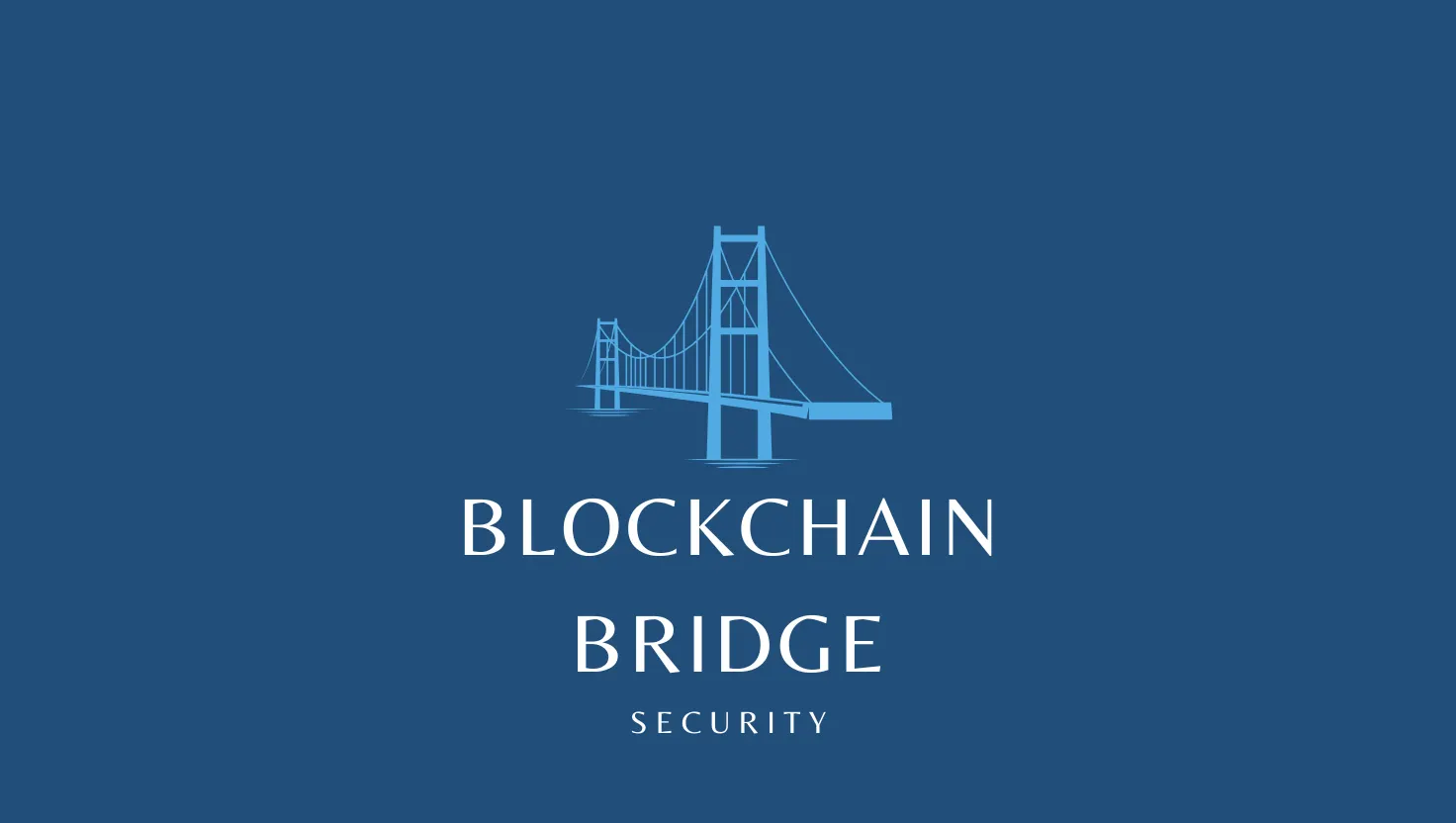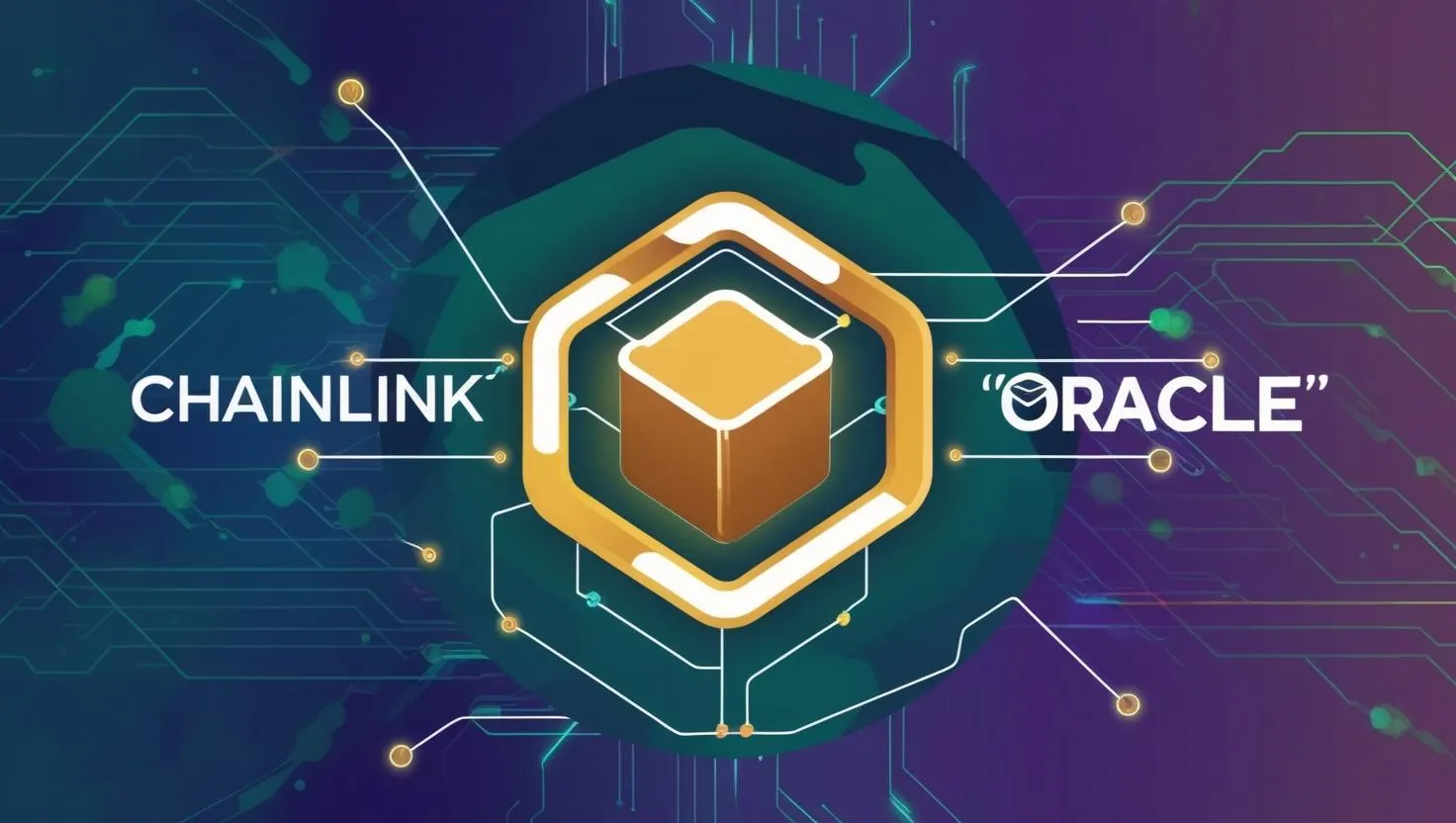The Virtuals Protocol: AI Agents & the Future of Virtual Worlds
The Virtuals Protocol is a decentralized platform that aims to revolutionize virtual interactions by integrating advanced AI agents into various digital environments. Here's a breakdown:
Key Concepts:
- AI Agents (VIRTUALs): These are sophisticated AI entities that can perform complex tasks and interact with users in a human-like manner. They are designed to be:
- Hyper-personalized: Tailored to individual user preferences and needs.
- Immersive: Capable of creating engaging and realistic virtual experiences.
- Multimodal: Able to understand and respond to various forms of input, including text, voice, images, and even emotions.
- Decentralization: The protocol operates on a decentralized blockchain network, which promotes:
- Creativity: Encourages the development of diverse and innovative AI agents.
- Diversity: Ensures equitable access and participation for all users.
- Trust: Fosters transparency and accountability within the ecosystem.
- Applications: The Virtuals Protocol has the potential to transform various fields, including:
- Gaming: Creating more dynamic and engaging game experiences with AI-powered characters and companions.
- Metaverses: Enhancing virtual worlds with intelligent agents that can act as guides, assistants, or even social companions.
- Online Interactions: Providing more personalized and helpful customer service experiences.
How it Works:
The Virtuals Protocol operates on two main layers:
- Protocol Layer: This layer provides the foundational infrastructure for the entire ecosystem, including:
- Tokenomics: The economic framework that governs the use and distribution of the VIRTUAL token.
- Governance: Mechanisms for community participation in decision-making and protocol upgrades.
- Security: Robust security measures to protect the platform and user assets.
- DApp Layer: This layer enables the development and deployment of decentralized applications (dApps) that leverage the capabilities of the Virtuals Protocol, such as:
- AI Agent Marketplaces: Platforms for users to create, trade, and rent AI agents.
- Game Studios: Developers can integrate AI agents into their games to enhance gameplay and player engagement.
- Metaverse Platforms: Virtual worlds that utilize AI agents to create more immersive and interactive experiences.
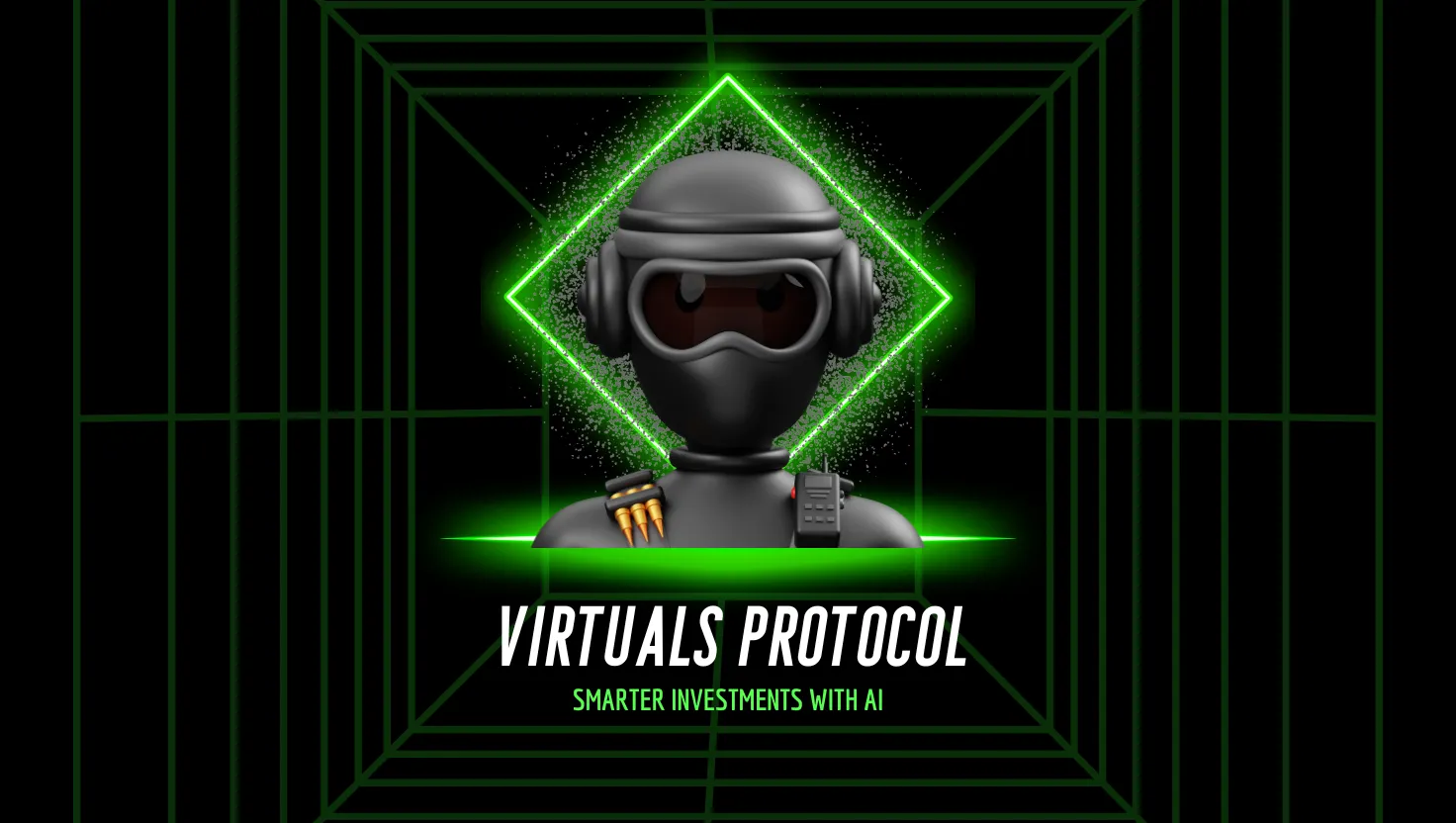
In essence, the Virtuals Protocol seeks to leverage the power of AI and blockchain technology to create a new generation of virtual experiences that are more engaging, personalized, and empowering for users.
The Virtuals Protocol aims to be a foundational layer for a new generation of AI-powered virtual experiences. Here's a deeper dive:
1. AI Agent Core:
- Sophistication: Beyond simple chatbots, these AI agents are designed to be highly intelligent and adaptive. They can:
- Learn and grow: Adapt to user interactions and improve over time.
- Exhibit complex behaviors: Engage in nuanced conversations, perform tasks, and even express emotions.
- Integrate with various platforms: Operate seamlessly across different virtual environments (games, metaverses, etc.).
- Modularity: AI agents are built using a modular architecture, allowing developers to customize and enhance their capabilities:
- Cognitive Core: Handles reasoning, decision-making, and complex problem-solving.
- Voice and Sound Core: Enables natural language understanding and speech synthesis.
- Visual Core: Powers visual perception, image recognition, and generation.
2. Decentralization and Tokenization:
- Decentralized Governance: The protocol aims to empower the community through decentralized governance mechanisms. Token holders can participate in:
- Protocol upgrades: Voting on changes to the protocol's rules and parameters.
- Treasury management: Deciding how community funds are allocated.
- Development roadmap: Influencing the future direction of the protocol.
- Tokenomics: The VIRTUAL token plays a crucial role within the ecosystem:
- Utility: Used to access and utilize AI agents, participate in governance, and access premium features.
- Staking: Enables users to earn rewards by staking their tokens and contributing to the security of the network.
- Incentivization: Rewards developers and creators for building innovative AI agents and applications.
3. Key Applications:
- Gaming:
- NPC Companions: AI-powered companions that provide unique and engaging gameplay experiences.
- Dynamic Storytelling: AI agents that adapt the narrative based on player choices and actions.
- Competitive Esports: AI-powered opponents that challenge players and provide a more dynamic competitive experience.
- Metaverses:
- Virtual Assistants: AI agents that act as personal guides, assistants, and concierges within virtual worlds.
- Social Companions: AI-powered friends and companions that can engage in meaningful social interactions.
- Immersive Experiences: AI agents that create personalized and immersive experiences tailored to individual user preferences.
- Other Applications:
- Customer Service: AI agents that provide personalized and efficient customer support.
- Education: AI tutors and learning companions that provide personalized learning experiences.
- Entertainment: AI-powered content creators that generate unique and engaging content.
4. Challenges and Considerations:
- Ethical Considerations: Ensuring the ethical development and use of AI agents, including addressing issues like bias, fairness, and safety.
- Data Privacy: Protecting user data and ensuring the privacy of user interactions with AI agents.
- Scalability: Ensuring that the protocol can scale to accommodate a large number of users and AI agents.
- Competition: Navigating the competitive landscape of AI and blockchain technologies.
In Summary:
The Virtuals Protocol represents an ambitious vision for the future of virtual interactions, leveraging the power of AI and blockchain technology to create a more engaging, personalized, and decentralized digital world. While challenges and considerations remain, the potential for this technology to revolutionize how we interact with each other and with the digital world is significant.
Disclaimer: This information is for general knowledge and informational purposes only. It does not constitute financial, investment, or other professional advice.

